greek-mythology
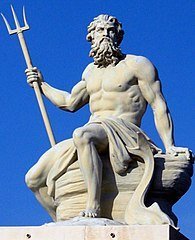
In Greek mythology, Abderus or Abderos was a divine hero, reputed by some to be one of Heracles' lovers (eromenoi), and reputedly a son of Hermes by some accounts, and eponym of Abdera, Thrace.
Greek-mythology

In Greek mythology, Academus (also known as Hekademos or Akademos) is not a widely known figure, but he holds significance, particularly in relation to the history of Athens and the famous Academy of Plato. Academus is best known for his association with a sacred grove in ancient Athens. According...
Greek-mythology

In Greek mythology, Achilles or Achilleus was a hero of the Trojan War, the greatest of all the Greek warriors, and is the central character of Homer's Iliad. He was the son of the Nereid Thetis and Peleus, king of Phthia.
Etruscan-mythology
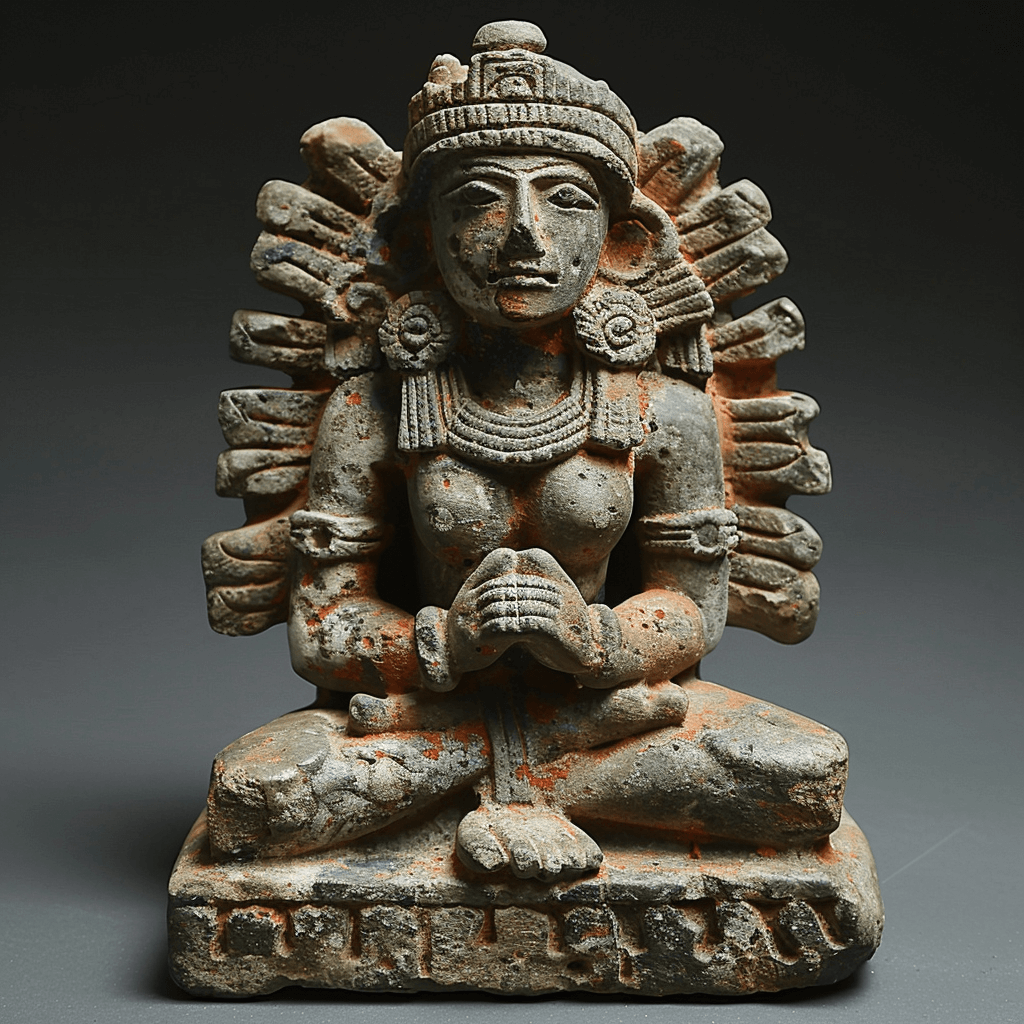
A female deity associated with healing, often depicted with snakes and medicinal herbs.
Greek-mythology

In Greek mythology, Acrisius was the king of Argos, son of Abas and Aglaea and twin brother of Proetus. When their father died, Acrisius slyly possessed all of the inheritance and expelled his brother. However, assisted by his father – in – law Iobates, Proetus managed to take his share of the kingd...
Greek-mythology
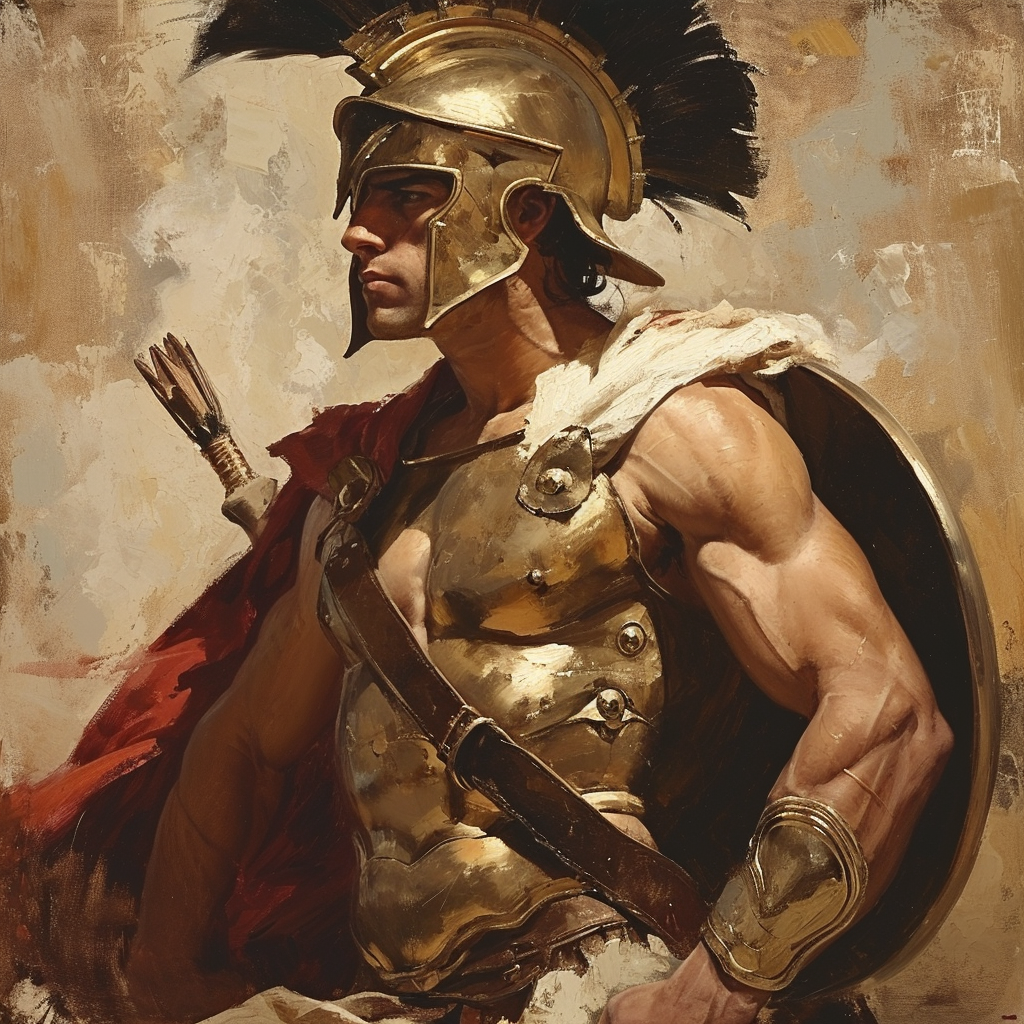
Aeneas was a Trojan hero in Greek mythology, son of the prince Anchises and the goddess Aphrodite. He is more extensively mentioned in Roman mythology, and is seen as an ancestor of Remus and Romulus, founders of Rome.
Celtic-mythology

The son of the Dagda and river goddess Bionn, Aengus (or Aonghus) – meaning ‘true vigor’, was the Celtic deity of love, youth, and even poetic inspiration. In the mythical narrative, to cover up his illicit affair and consequent pregnancy of Bionn, the Dagda (who was the leader of the Celtic g...
Greek-mythology
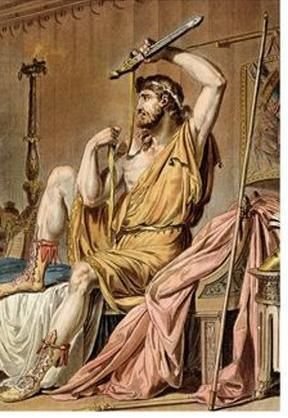
In Greek mythology, Agamemnon was a king of Mycenae, the son of King Atreus and Queen Aerope of Mycenae, the brother of Menelaus, the husband of Clytemnestra and the father of Iphigenia, Electra or Laodike, Orestes and Chrysothemis.
hindu-mythology
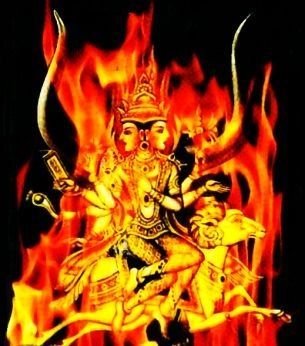
Agni holds a special place in Hindu fire ritual to this day as the sacrificer (the priest who performs the ceremony) and the witness to all rites. the sacrifice (the ritual fire and the offerings made into it)
Arabian-mythology
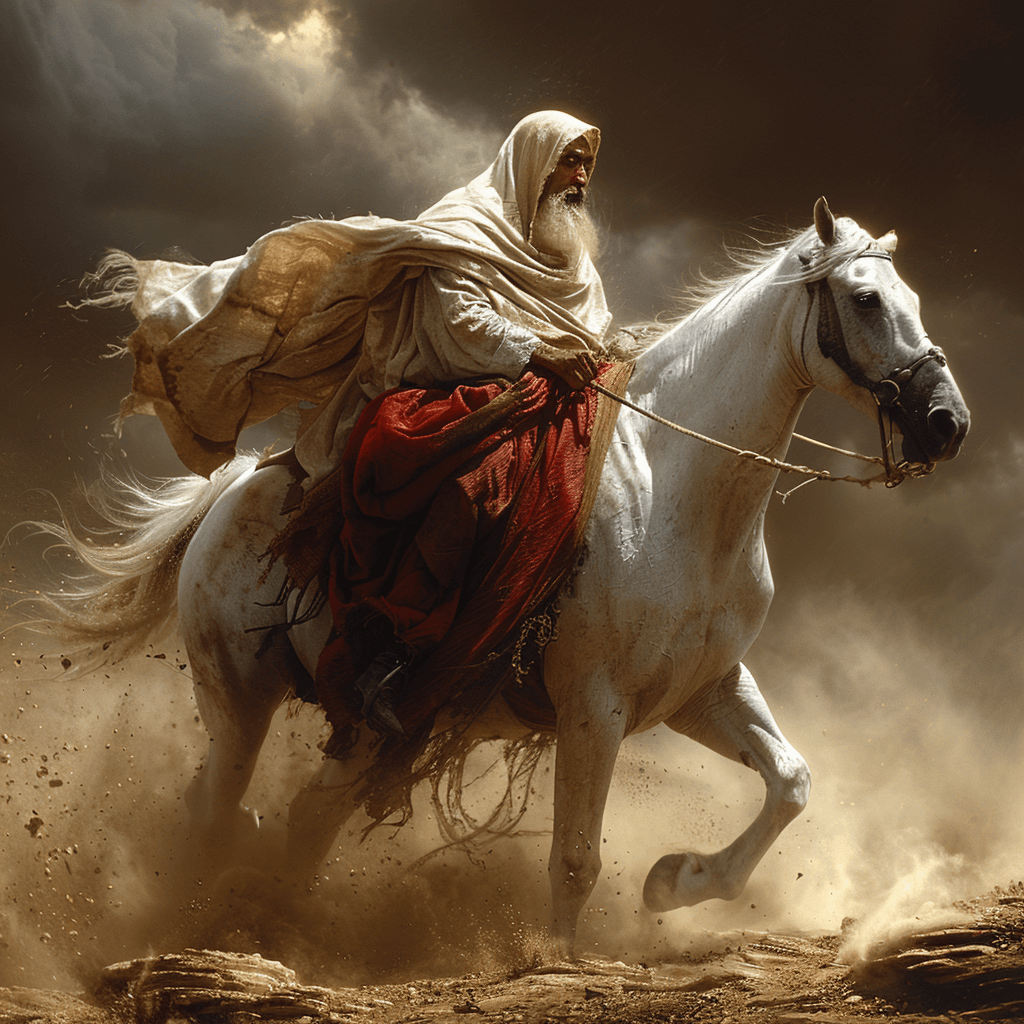
A mysterious and immortal figure in Islamic tradition, often associated with wisdom and guidance.
Arabian-mythology
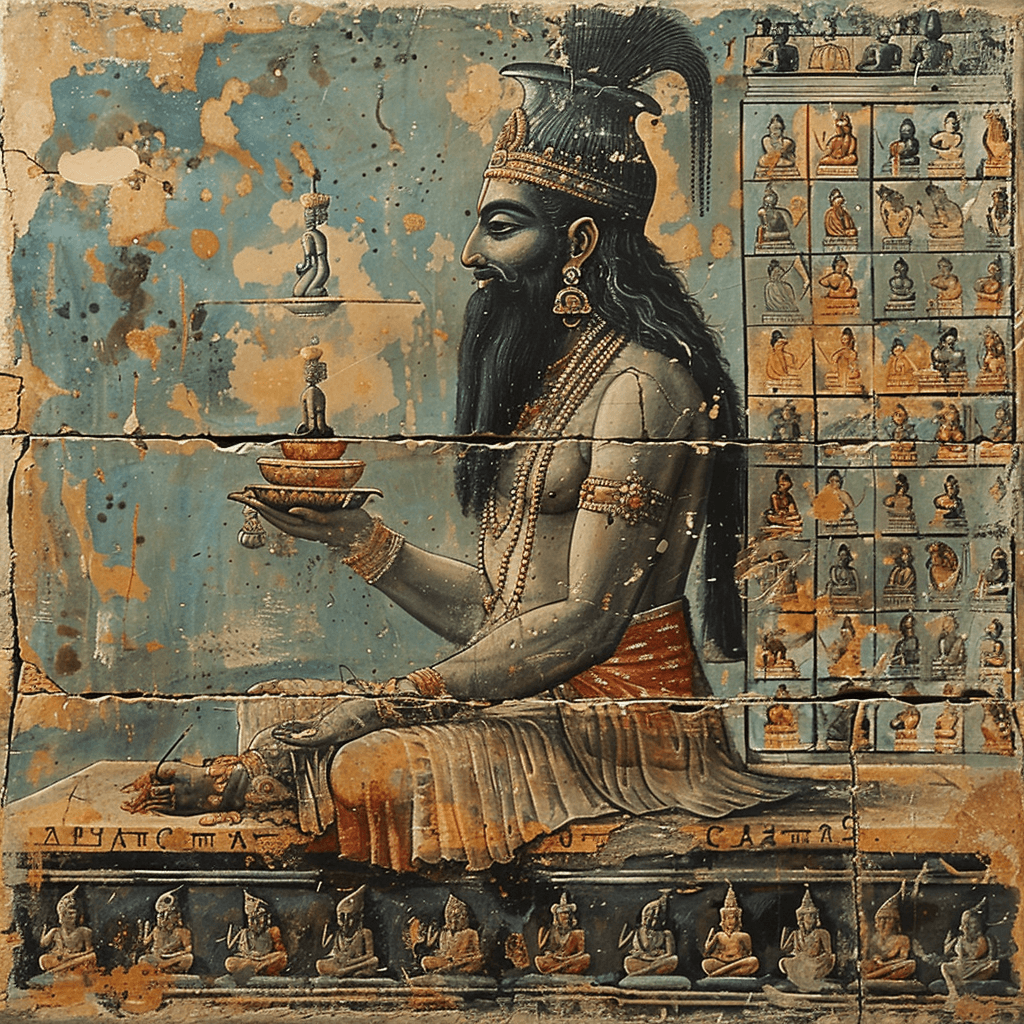
A poor young man who finds a magical lamp containing a genie in Arabian Nights, leading to adventures and riches.
Greek-mythology
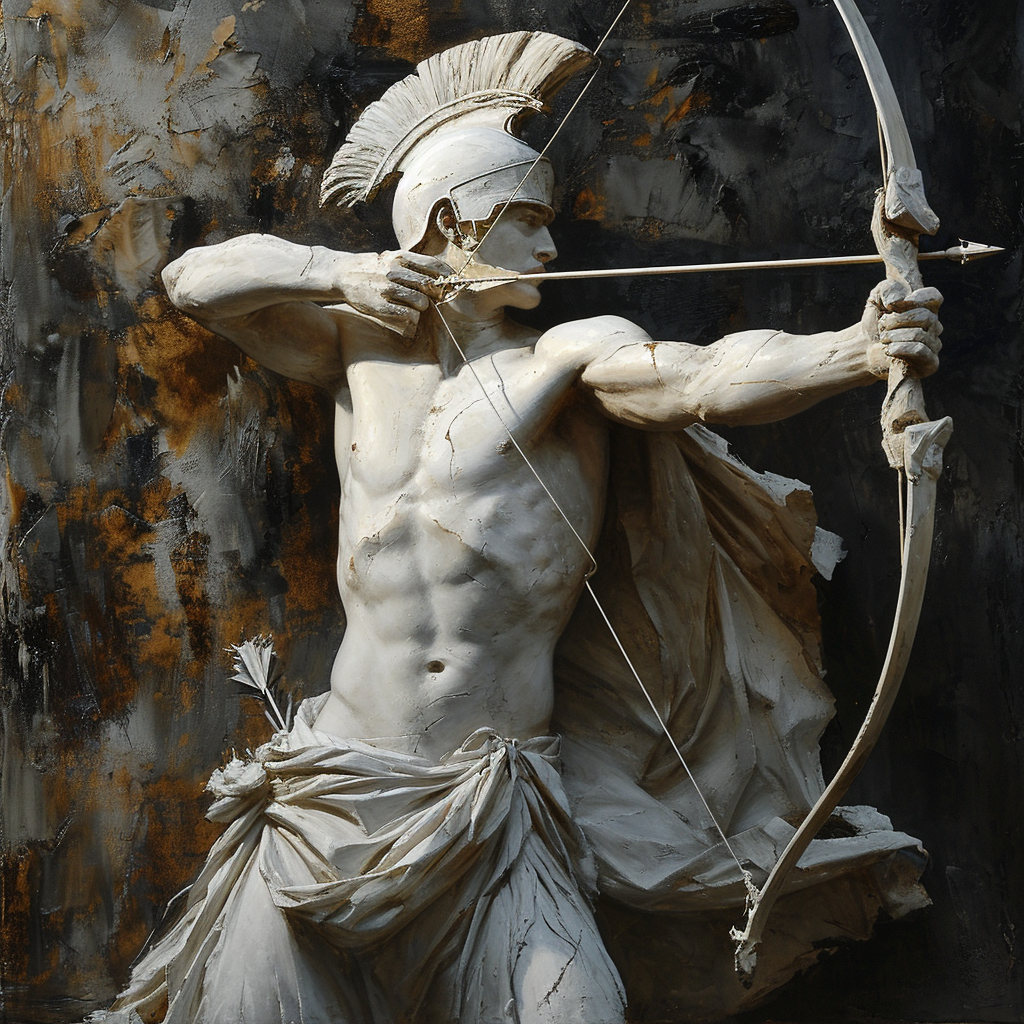
Alcon is a figure from Greek mythology known for his archery skills, but like many mythological characters, details about him can vary depending on the source. The most famous story involving Alcon revolves around his son's life being at risk and his remarkable feat with a bow and arrow to save him....
Greek-mythology
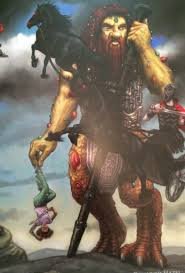
In Greek mythology, Alcyoneus or Alkyoneus (/ælˈsaɪəˌnuËs/; Ancient Greek: ἈλκυονεÏÏ‚ Alkuoneus) was a traditional opponent of the hero Heracles. He was usually considered to be one of the Gigantes (Giants), the offspring of Gaia born from the blood of the castrated Uranus.
Greek-mythology
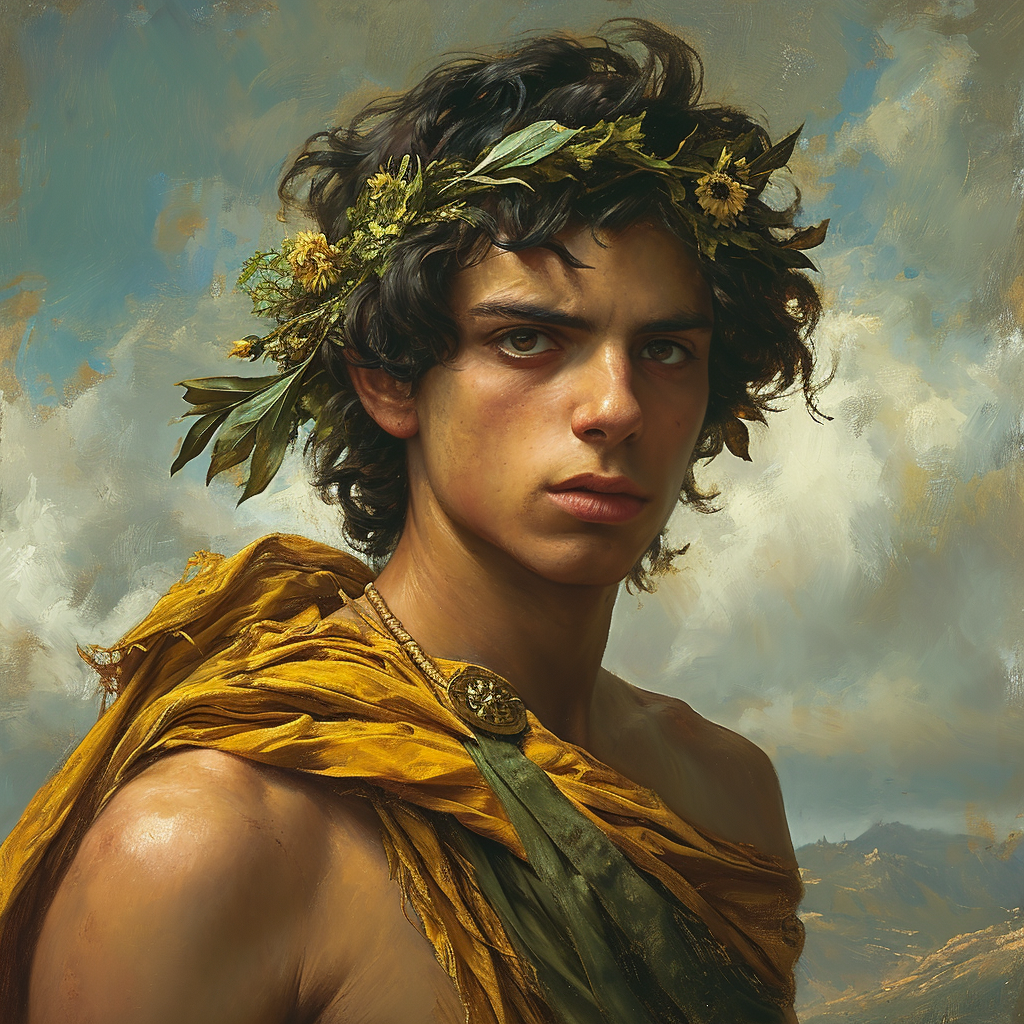
Alexanor was a son of Machaon, and grandson of the Greek god Asclepius, who built to his grandfather a temple on the summit of Titane in the territory of Sicyon. Around it there were dwellings for the use of those who came to solicit the aid of the god. Alexanor himself too was worshiped there, and...
Hittite-Mythology
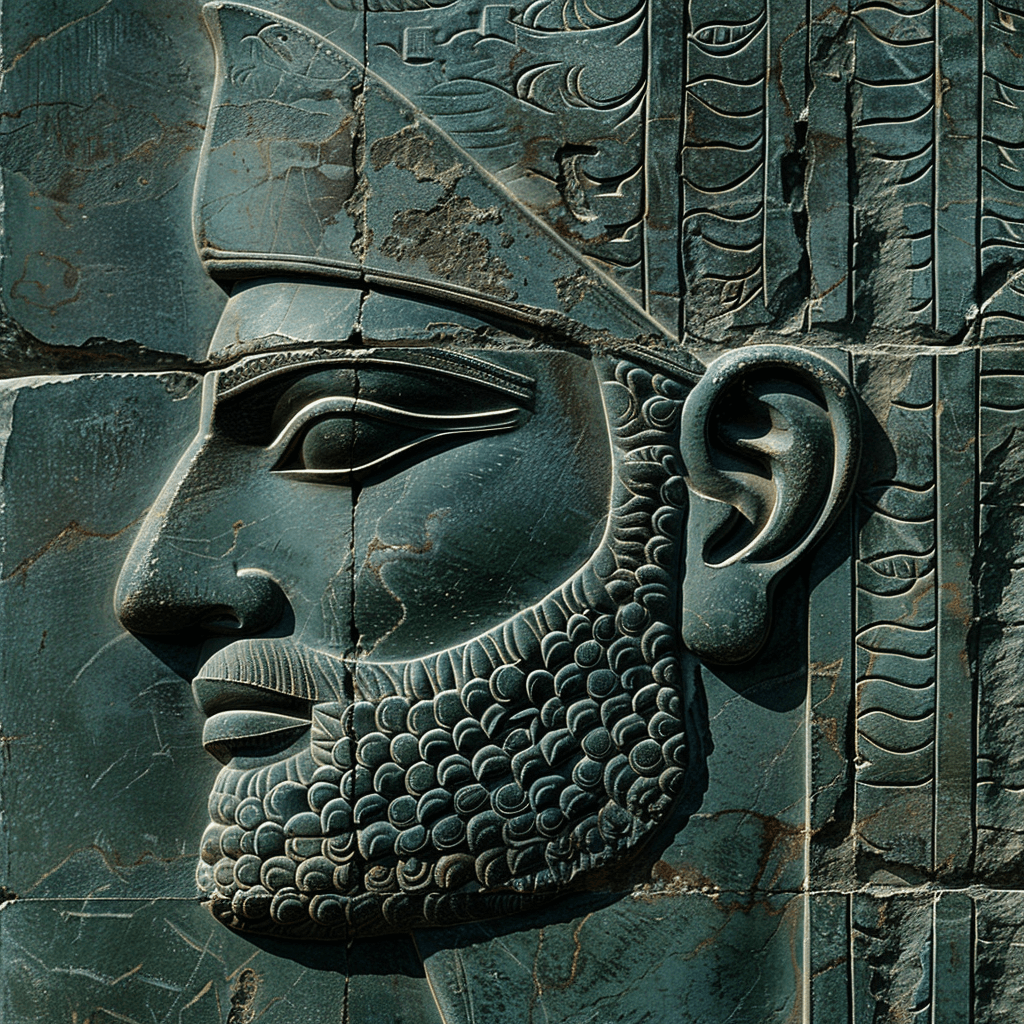
Allanzu is the Hittite god of the underworld, ruling over the realm of the dead. He is often depicted as a fearsome figure presiding over the afterlife.
Greek-mythology
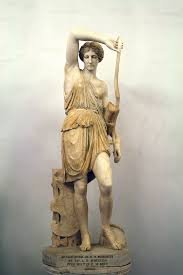
A surname of Apollo, under which he was worshiped, and had a temple at Pyrrhichus in Laconia. The name was derived either from the belief that the Amazons had penetrated into the Peloponnese as far as Pyrrhichus, or that they had founded the temple there. He was represented by a wooden image, dedica...
Greek-mythology
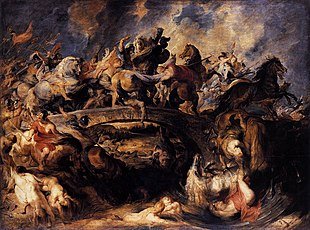
In Greek mythology, the Amazons were a tribe of warrior women believed to live in Asia Minor. Apollonius Rhodius, in his Argonautica, mentions that the Amazons were the daughters of Ares and Harmonia, that they were brutal and aggressive, and their main concern in life was war.
Greek-mythology

Amphiaraus was a king of Argos in Greek mythology, who reigned alongside Iphis and Adrastus, brother of his wife Eriphyle. He was the son of Oecles and Hypermnestra. He participated in the hunt of the Calydonian Boar, and he was also an oracle. He was one of the main characters in the myth of the S...
Bantu-mythology

A cunning spider trickster figure in Bantu mythology, known for outsmarting larger animals through wit and guile.
Celtic-mythology

Counted among the oldest of the ancient Celtic gods in Ireland, Ana (also known as Anu, Dana, Danu, and Annan) possibly embodied the primordial scope, with her epithets describing her as a mother goddess. Thus the Celtic goddess, often portrayed as a beautiful and mature woman, was associated with n...
Greek-mythology
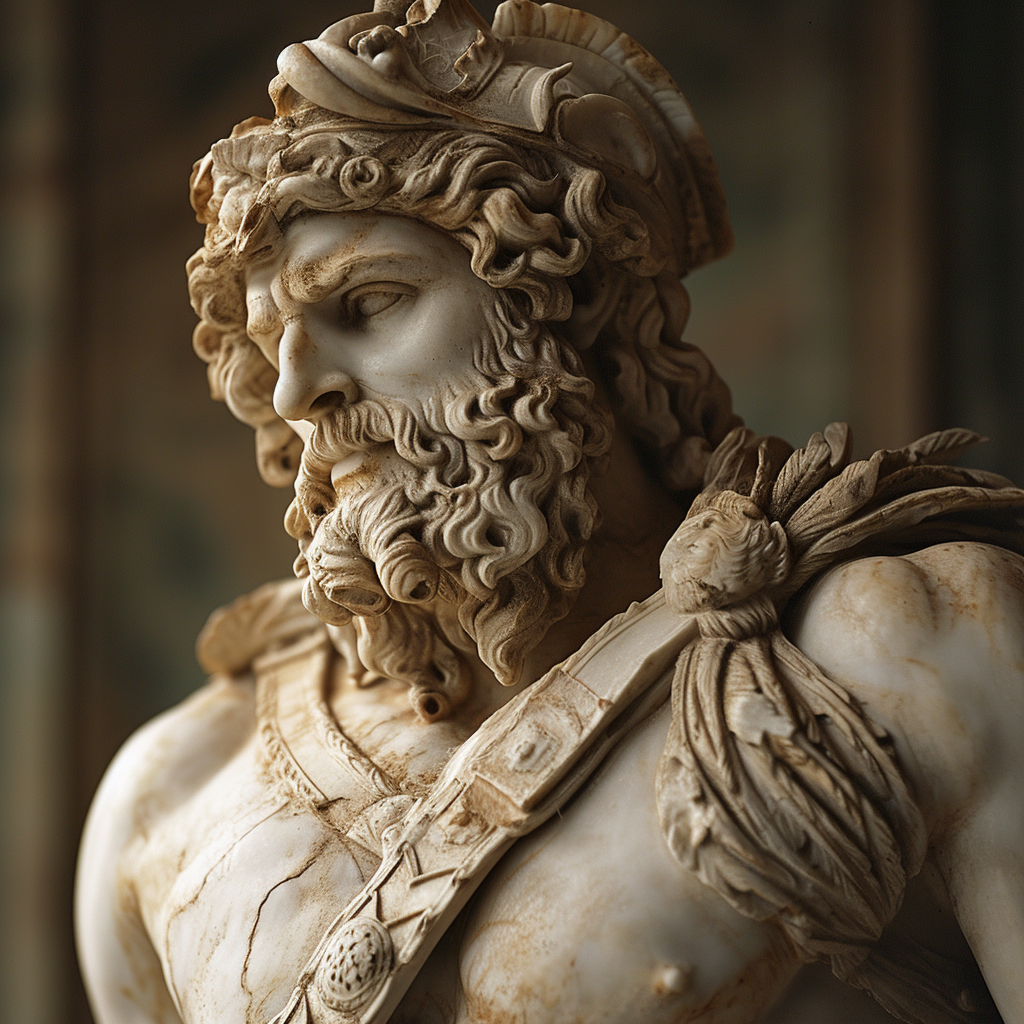
In Greek mythology, Andropompus was one of the descendants of Neleus, king of Thessaly, as son of Penthilus and Anchirhoe. He was the father of King Melanthus of Athens.
Norse-mythology

Heidrek would have the daughter Hervor and the sons Angantyr and Hlöd. When Heidrek, the king of the Goths died, Angantyr inherited and refused to give Hlöd equal share. Hlöd attacked with the Hunnish army and in an epic battle, Hlöd was slain. Angantyr would be one of the ancestors of the Swedi...
Norse-mythology

Angantyr's daughter Hervor married Höfund of Glæsisvellir and they had the sons Heidrek and Angantyr. Angantyr would be the next of Tyrfing's victims. Angantyr's brother Heidrek had made himself impossible at home and was banished by his father. Angantyr wanted to follow his brother for a while on...
Norse-mythology

Angantyr's father Arngrim had given him the magic sword Tyrfing, which cut through anything as if through cloth, and which killed a man every time it was unsheathed. He was the tallest of the twelve sons of the berserker Arngrim, and he and his eleven brothers spread fear and destruction through the...
mesopotamian-mythology

Sky god and ruler of the gods in ancient Mesopotamian religion. Associated with the stars and heavens, father of the gods.
egyptian-mythology

God of embalming, protector of graves and the judge of the dead
persian-mythology
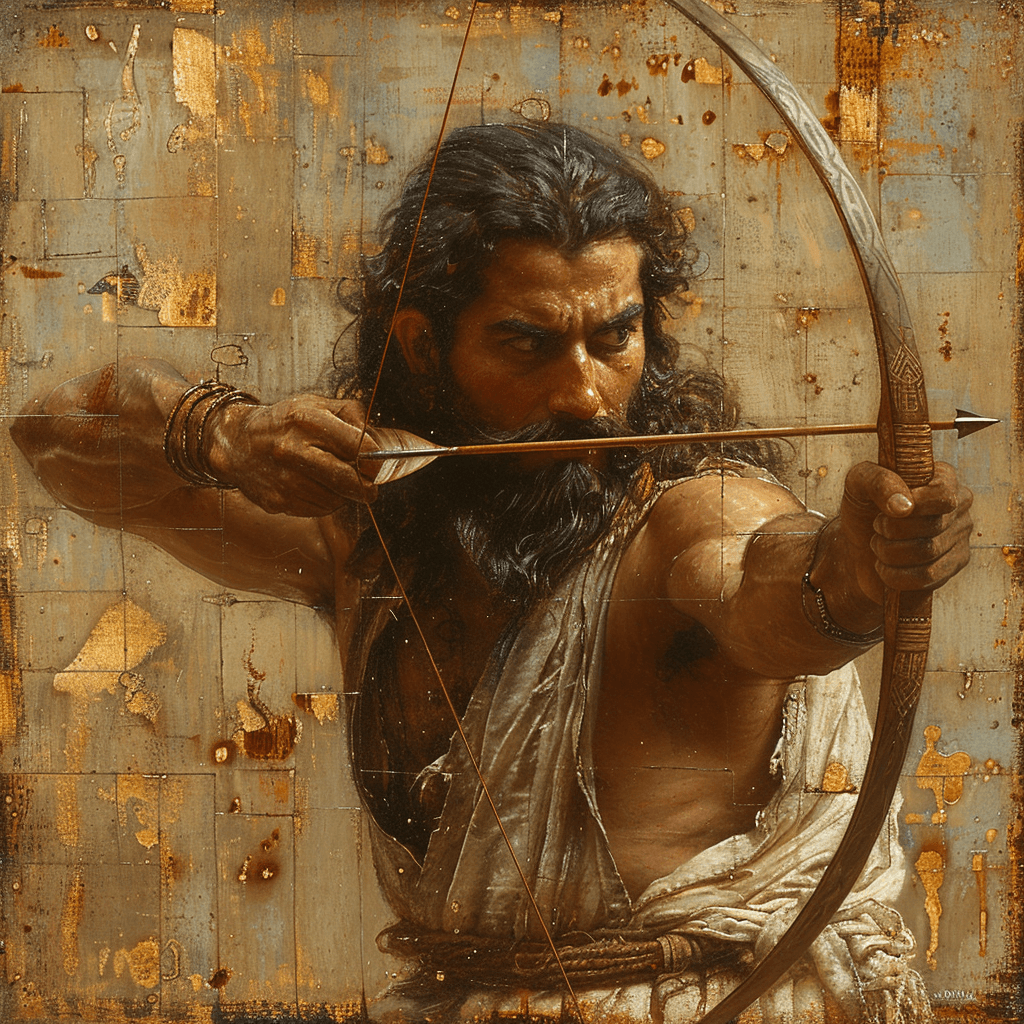
Legendary archer in Persian mythology, known for shooting an arrow to determine the border between Iran and Turan.
Greek-mythology
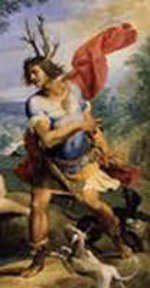
ARISTAIOS (Aristaeus) was the rustic god of shepherds and cheesemaking, beekeeping, honey and honey-mead, olive growing and oil milling, medicinal herbs, hunting, and the Etesian winds which provided some respite from the scorching heat of midsummer.
Hittite-Mythology
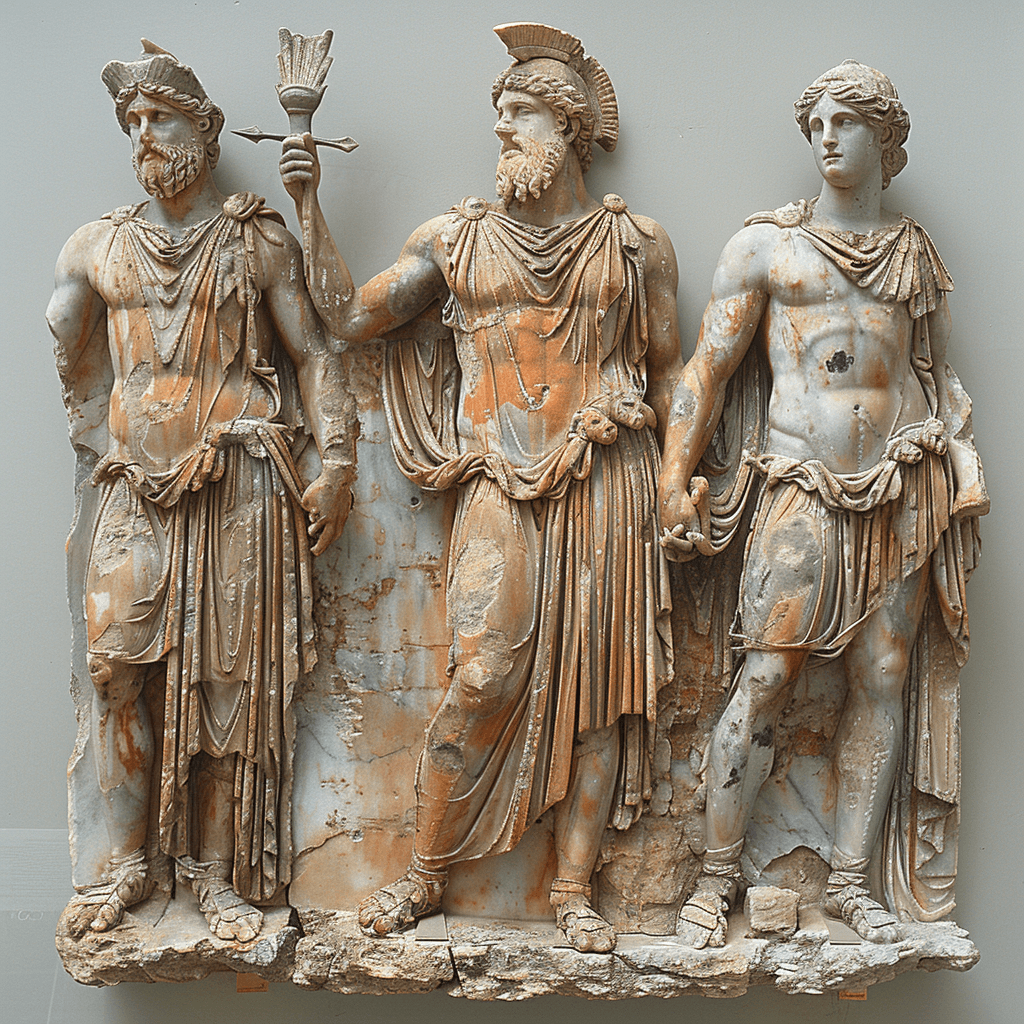
Arma is the Hittite god of the moon, associated with night and darkness. He is often depicted as a mysterious and elusive deity.
Norse-mythology

Arngrim was a berserker, who figures in Hervarar saga, Gesta Danorum, Lay of Hyndla, a number of Faroese ballads and Orvar-Odd's saga in Norse mythology.
Etruscan-mythology
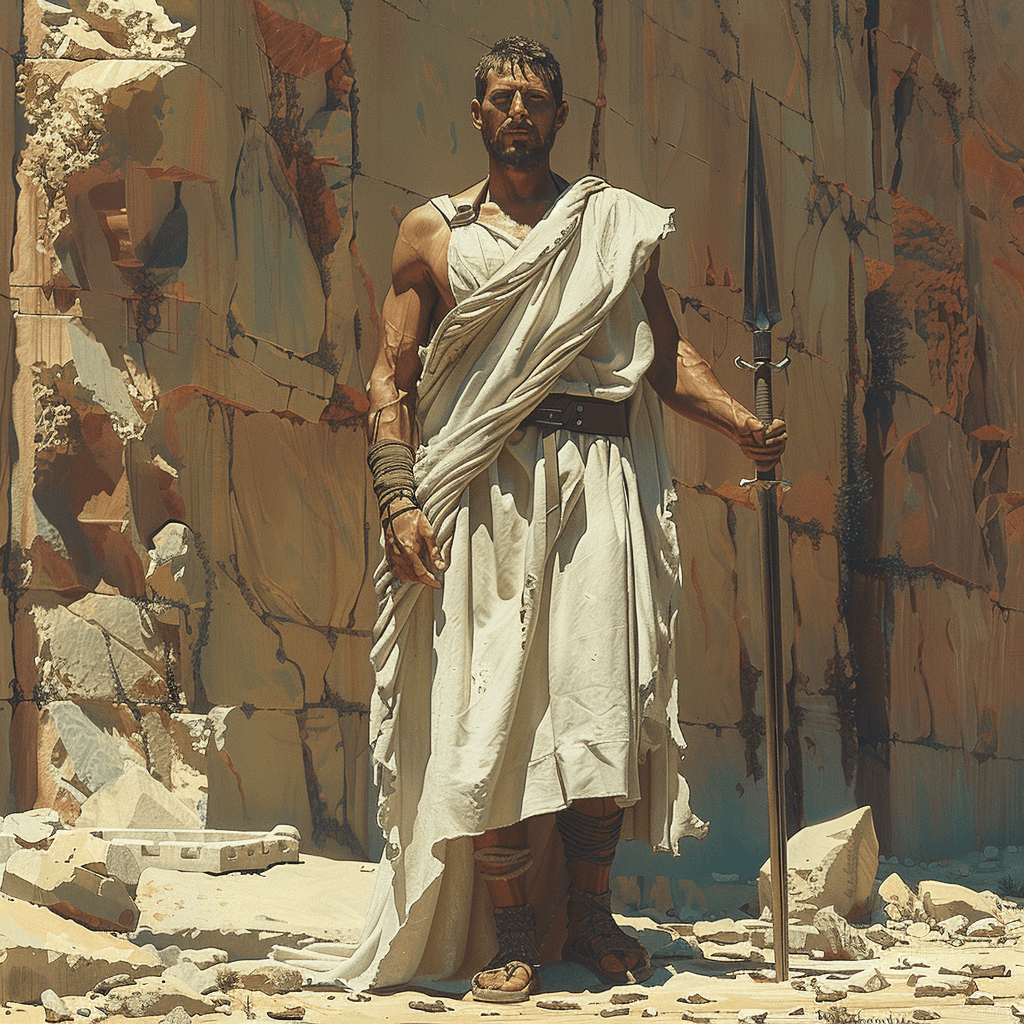
A divine youth who could see the future and often accompanied the god of war, Tinia, in battles.
Greek-mythology
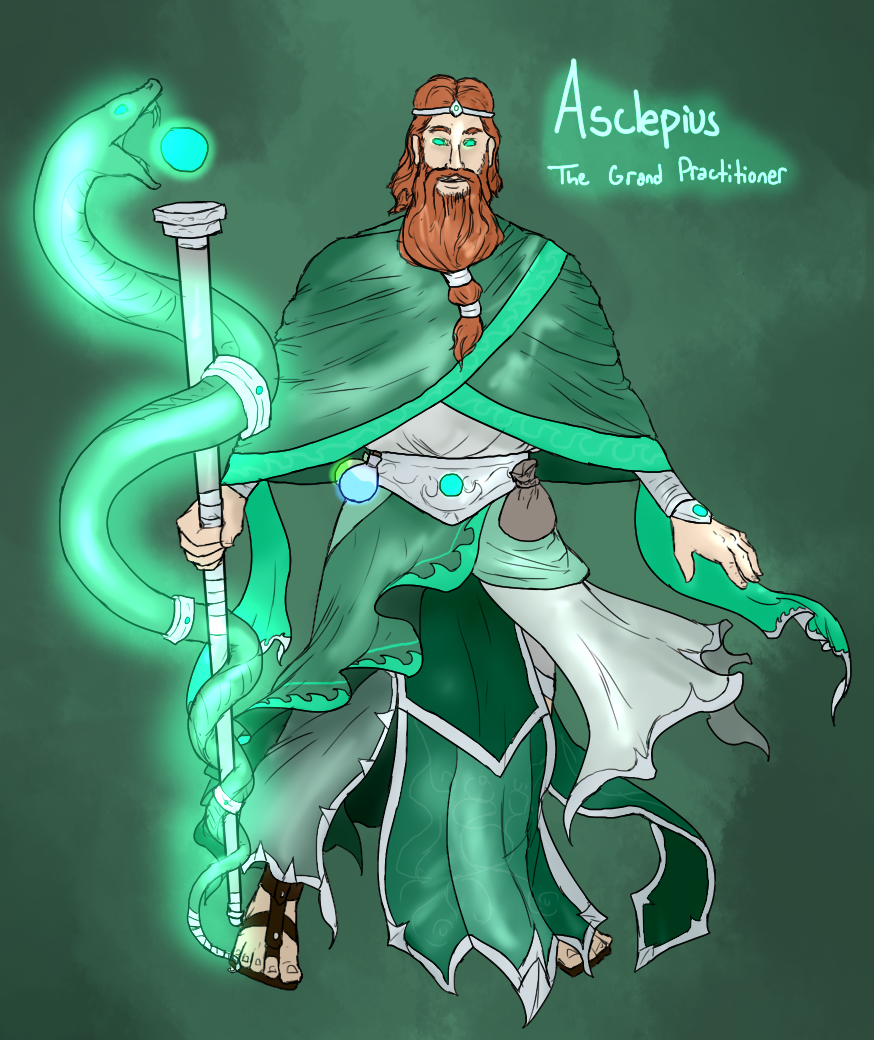
In Greek mythology Asclepius (or Asklepios) was a demi-god hero as he was the son of divine Apollo, and his mother was the mortal Koronis from Thessaly. In some accounts Koronis abandoned her child near Epidaurus in shame for his illegitimacy and left the baby to be looked after by a goat and a dog.
Norse-mythology

According to the 13th-century Tale of Ragnar Lodbrok, Aslaug was the daughter of Sigurd and the shieldmaiden Brynhildr,[2] but was raised by Brynhildr's foster father Heimer. At the deaths of Sigurd and Brynhildr, Heimer was concerned about Aslaug's security, so he made a harp large enough to hide t...
hindu-mythology
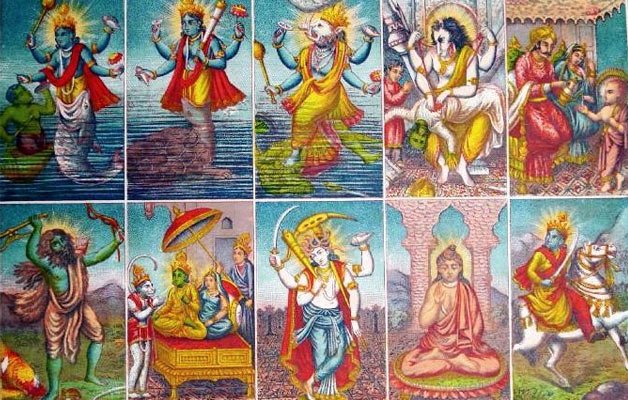
Avatars are savior forms of a god that descend to earth to intervene whenever help is needed to restore dharma (moral order) and peace. The avatars of Lord Vishnu are:
- Satya Yuga: Kurma avatar, Matsya avatar, Varaha avatar, Narasimha avatar
- Treta Yuga: Rama avatar, Parashurama av...
Slavic-mythology
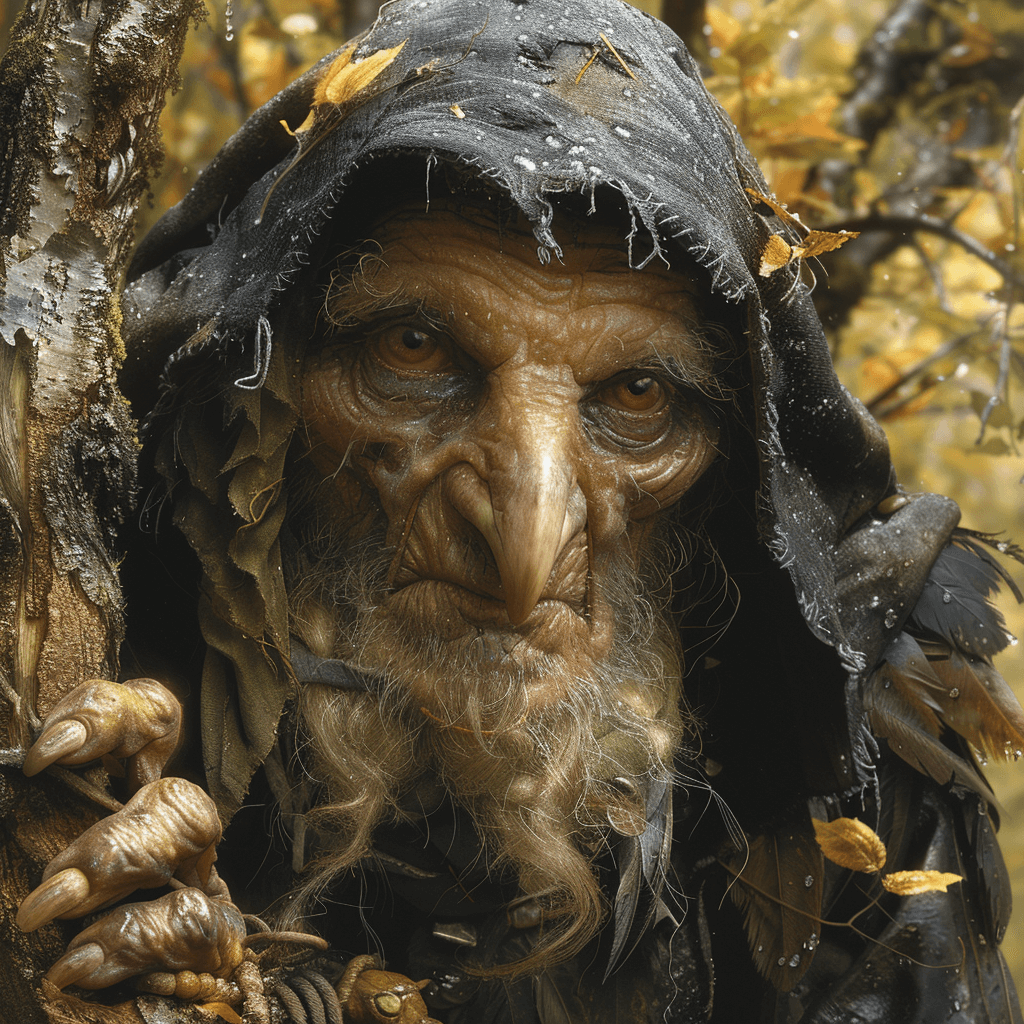
A supernatural being depicted as a witch who lives in a hut that stands on chicken legs, known for her wisdom and ambiguity.
Arabian-mythology

A giant fish or whale that supports the earth in Arabian mythology, sometimes depicted as a giant serpent.
Norse-mythology
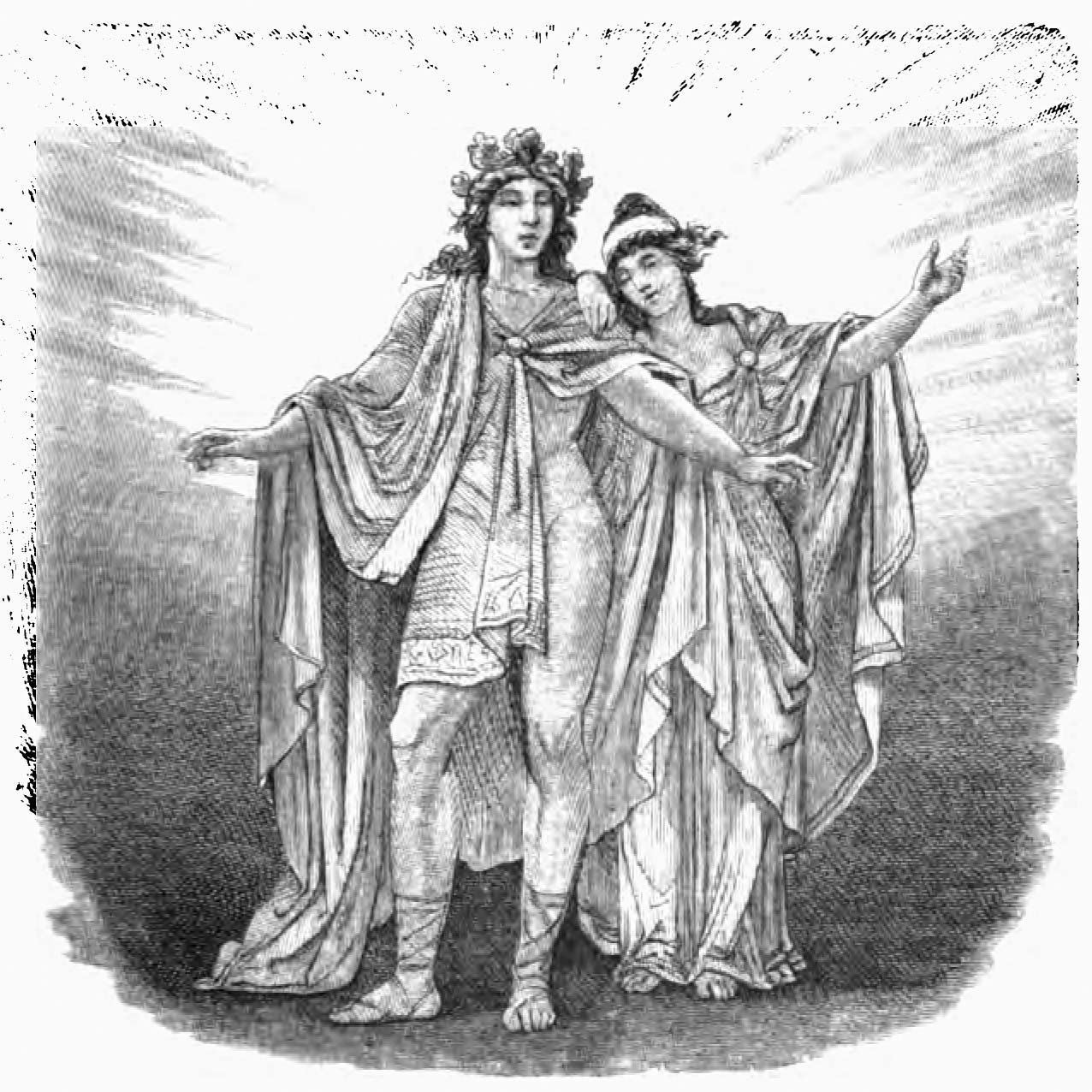
The son of Odin and Frigg is Balder, the god of innocence and piety. He is so bright and fair that light shines from his features; he is also wise, eloquent, gentle, and lenient, and righteous to such a degree that his judgments stand always unshaken. His home and stronghold is called Breidablik; 4...
Norse-mythology
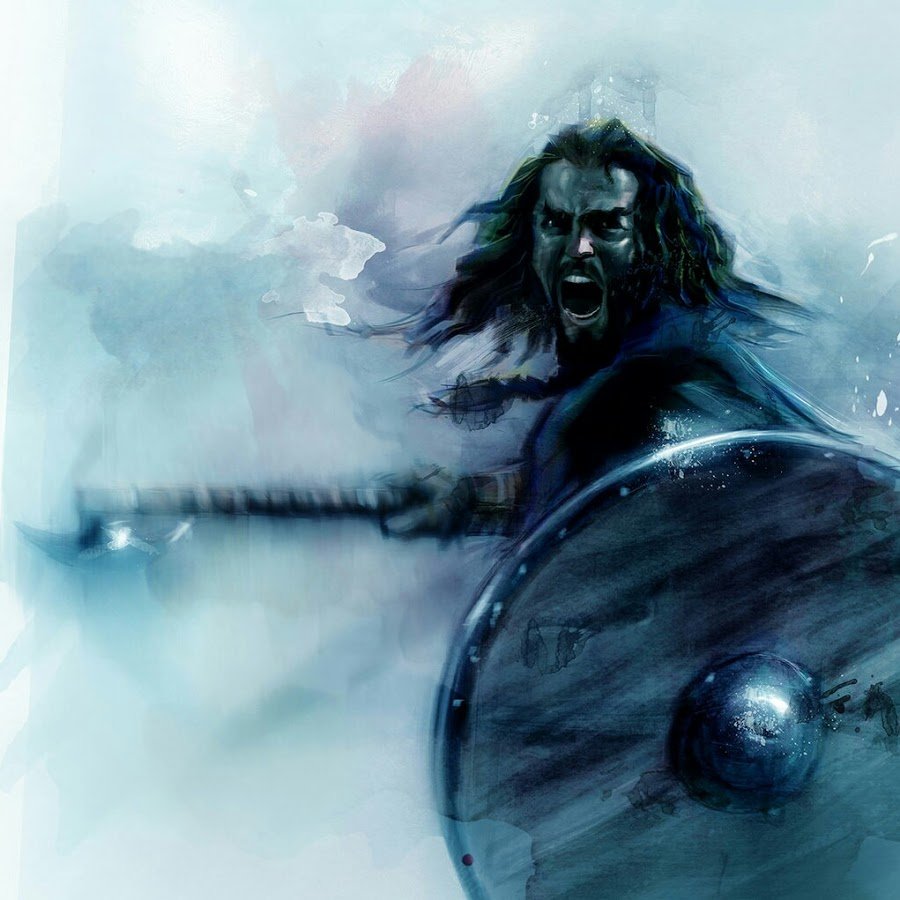
BÃdvar Bjarki (Old Norse: BÃðvar Bjarki), meaning 'Warlike Little-Bear', is the hero appearing in tales of Hrólf Kraki in the Saga of Hrólf Kraki, in the Latin epitome to the lost SkjÃdunga saga, and as Biarco in Saxo Grammaticus' Gesta Danorum.
Celtic-mythology

One of the most ancient and most widely worshiped of Celtic gods – who was venerated in Continental Europe, Britain and Ireland, Belenus (also known as Belenos, Bel, and Beli Mawr) was the quintessential sun god in the Celtic mythology. Known by his epithet ‘Fair Shining One’, Belenus was also...
Greek-mythology

Bellerophon was a famous Greek hero, mostly known for defeating Chimera, a fire-breathing mythical monster. He was also recognised by riding white Pegasus which was a sort of a gift from Athena for his devotion to the goddess. Bellerophon was, according to Homer's Iliad, a son of Glaucus and Eurymed...
Norse-mythology

Beowulf is actually not part of Norse mythology but rather an epic poem from Anglo-Saxon (Old English) literature. While it is true that the poem features themes, characters, and settings that are reminiscent of Norse and Germanic folklore, it is distinct from the mythological traditions of the Nors...
Norse-mythology
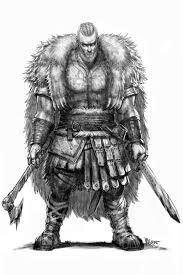
BjÃrn Ironside was a historical Norse Viking chief and Scandinavian king. According to the 12th- and 13th-century Scandinavian histories, he was the son of the notorious Viking king Ragnar Lodbrok and himself a legendary king of Sweden. He lived in the 9th century, being securely dated between 855 a...
Slavic-mythology
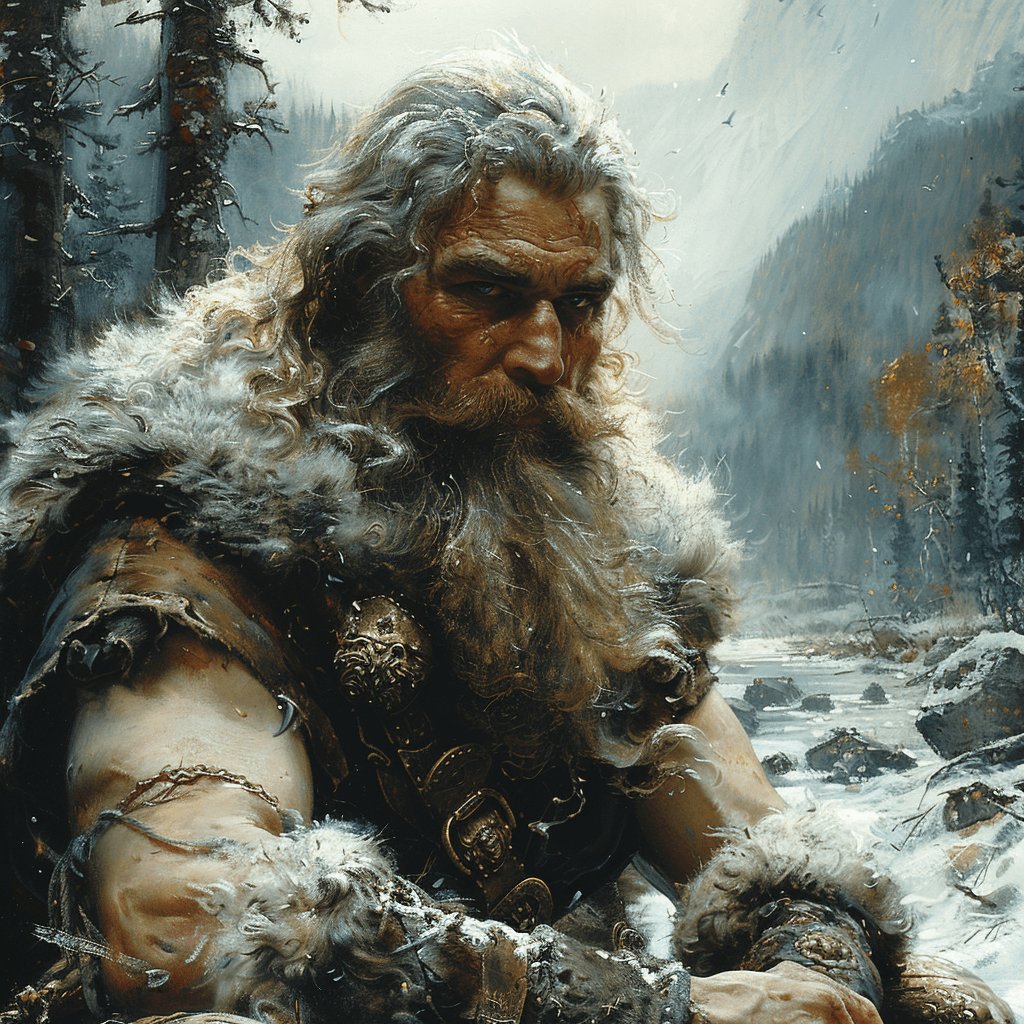
Legendary heroes in Slavic tales, known for their bravery and strength in defending the people against supernatural threats.
Norse-Mythology
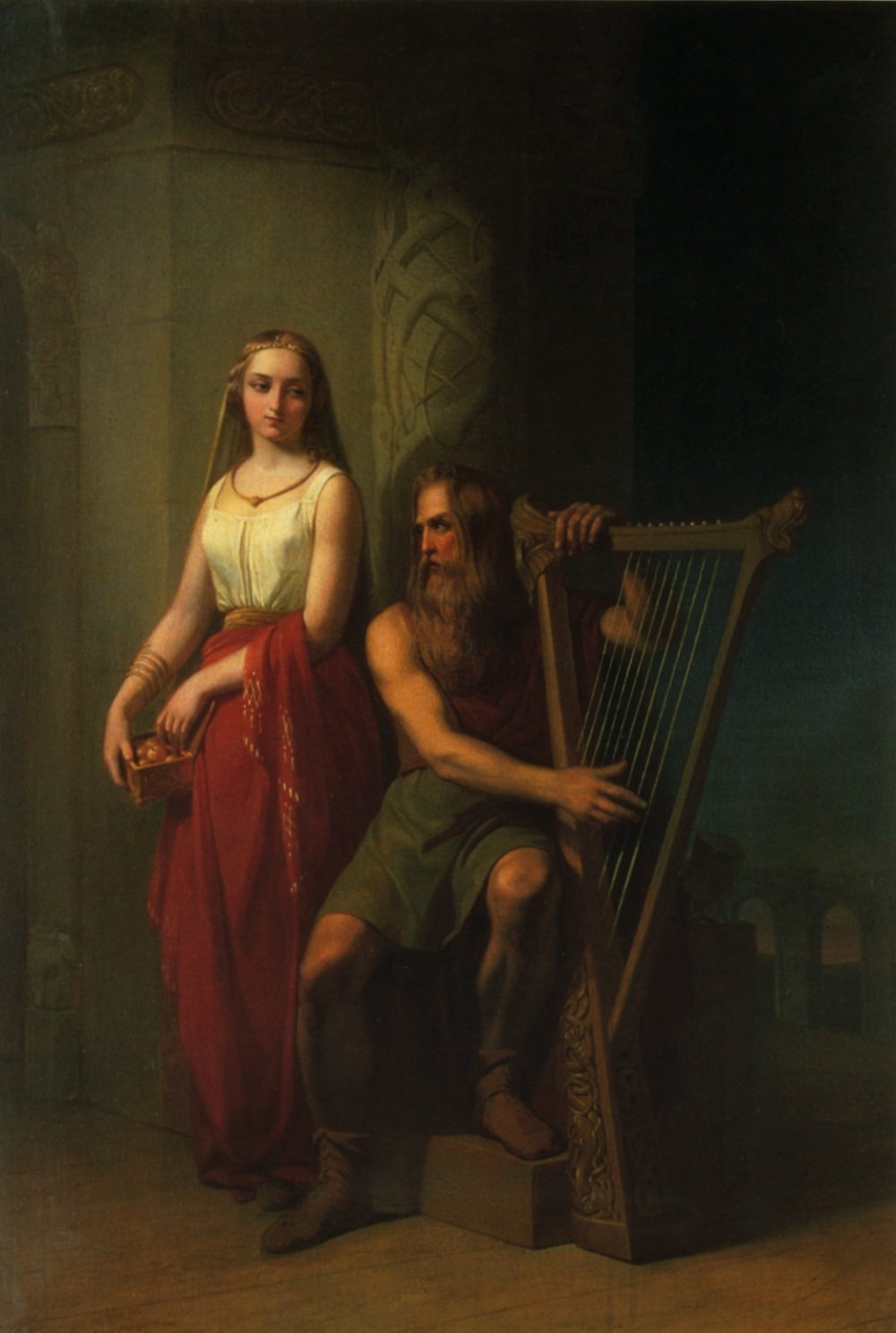
Bragi, son of Odin, is the god of eloquence and the art of poetry. Our forefathers thought of him as a venerable man with a long beard. After him, according to Snorri, all manner of minstrelsy is given the title bragr. Idun is his wife; to her belong the marvelous apples which restore youth to the s...
hindu-mythology

Brahma is the creator god in Hinduism. He is also known as Svayambhu (self-born) or the creative aspect of Vishnu, Vāgīśa (Lord of Speech), and the creator of the four Vedas, one from each of his mouths. Brahma is consort of Saraswati and he is the father of Four Kumaras, Narada, Daksha, Marichi and...
Celtic-mythology

n contrast to the brooding aspects of Morrigan, Brigid, in pre-Christianity Ireland, was regarded as the Celtic goddess of healing, spring season, and even smithcraft. In the mythical narrative, she is the daughter of the Dagda and thus a member of the Tuatha Dé Danann. Curiously enough, in Lebor G...
Greek-mythology

Butes, a Thracian, Boreas's son, who was hostile towards his stepbrother Lycurgus and was driven out of the country by him. He settled in the island of Strongyle (Naxos) with a bunch of men, and proceeded to attack those who sailed past the island.
Greek-mythology

Cadmus was the founder and first king of Thebes in Greek mythology. He was the son of King Agenor and Queen Telephassa of the Phoenician city of Tyre, and brother of Phoenix, Cilix and Europa.
Etruscan-mythology
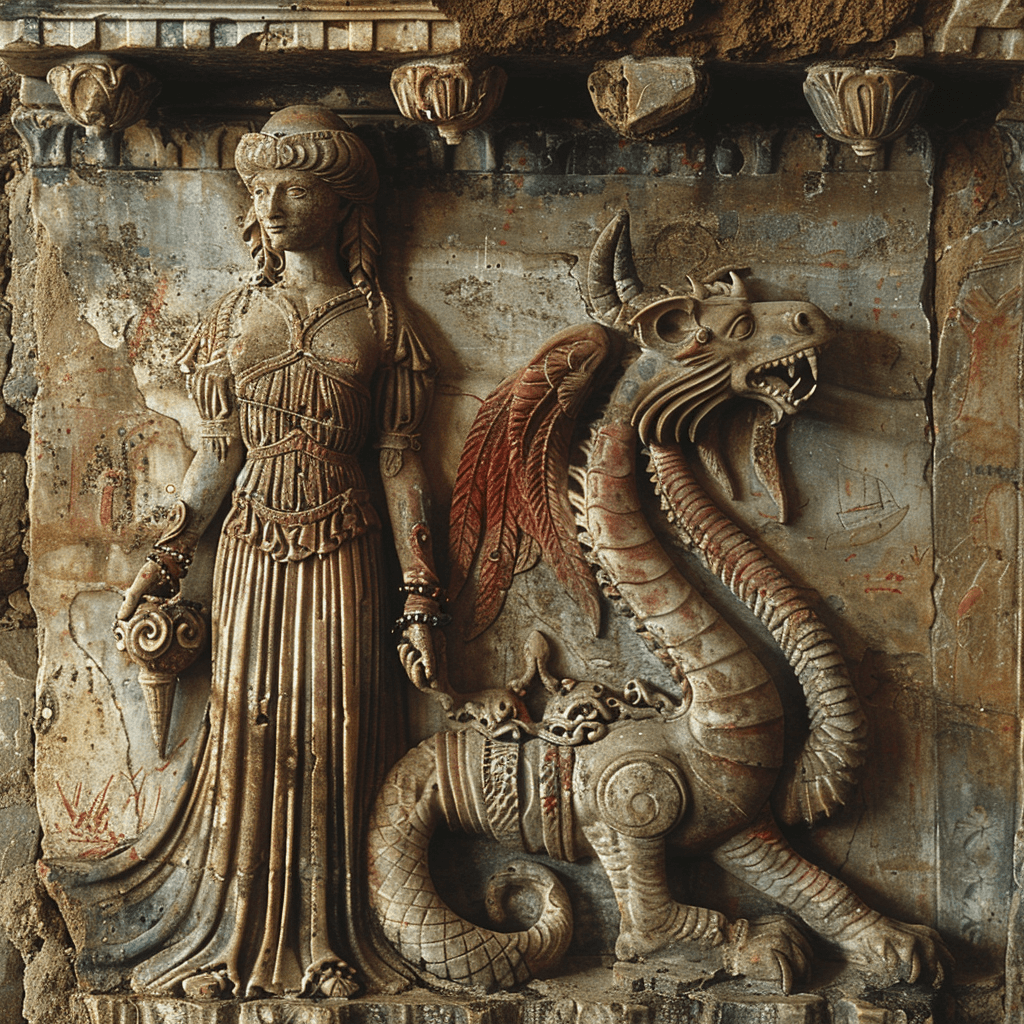
A goddess of the underworld, associated with death and the afterlife in Etruscan mythology.
Celtic-mythology

ather than being counted among the core Celtic gods, Camulos was possibly more of a Romano-Celtic deity, often associated with Mars (or Greek Ares), and thus was perceived as a god of war. However, his origins lie as the tribal god of the Remi, a Belgic tribe that dominated north-eastern Gaul (compr...
Greek-mythology

Castor and Pollux (or in Greek, Polydeuces) were twin half-brothers in Greek and Roman mythology, known together as the Dioscuri. ... Pollux asked Zeus to let him share his own immortality with his twin to keep them together, and they were transformed into the constellation Gemini.
Etruscan-mythology
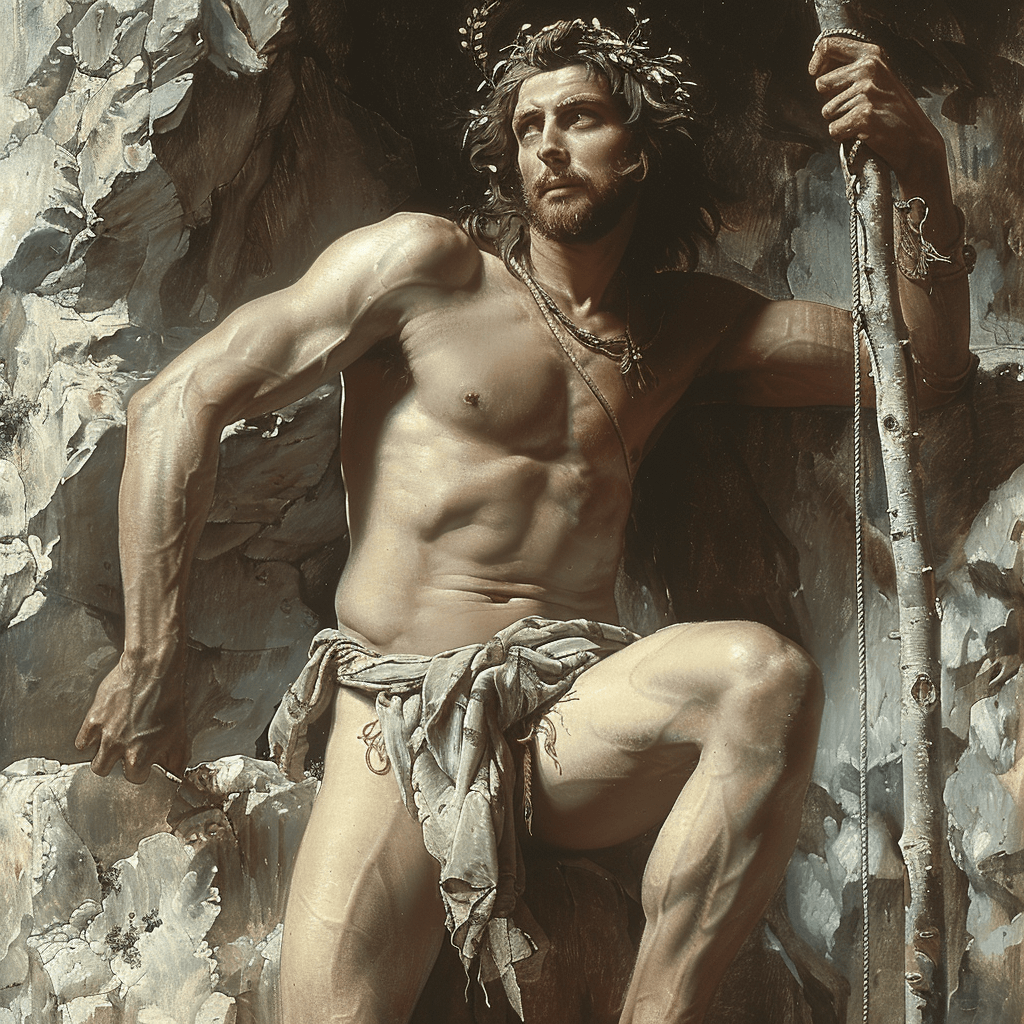
A mythical hero known for his strength and bravery, featured in various Etruscan tales.
Celtic-mythology

Arguably the most visually impressive and rather portentous of ancient Celtic gods, Cernunnos is actually the conventional name given to the deity ‘Horned One’. As the horned god of Celtic polytheism, Cernunnos is often associated with animals, forests, fertility, and even wealth. His very depic...
Greek-mythology
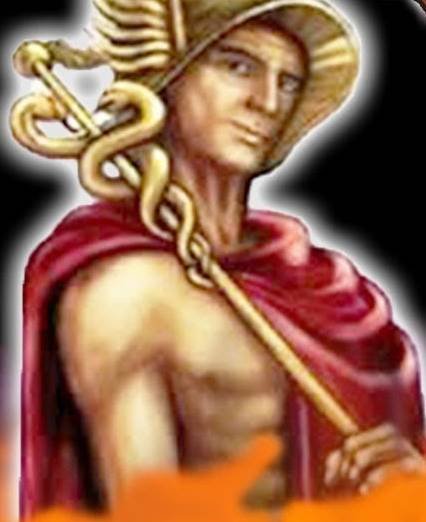
The son of Pandrosos and Hermes, and the ancestor of the Keryces of Eleusis (see CERYX, 2). Herse (or Erse) was mother, by Hermes, of the beautiful Cephalus (See CEPHALUS). She had a special festival in her honour, the Arrhephoria (see ARREPHORIA). Agraulos, mother of Alcippe, by Ares, was said in o...
Bantu-mythology
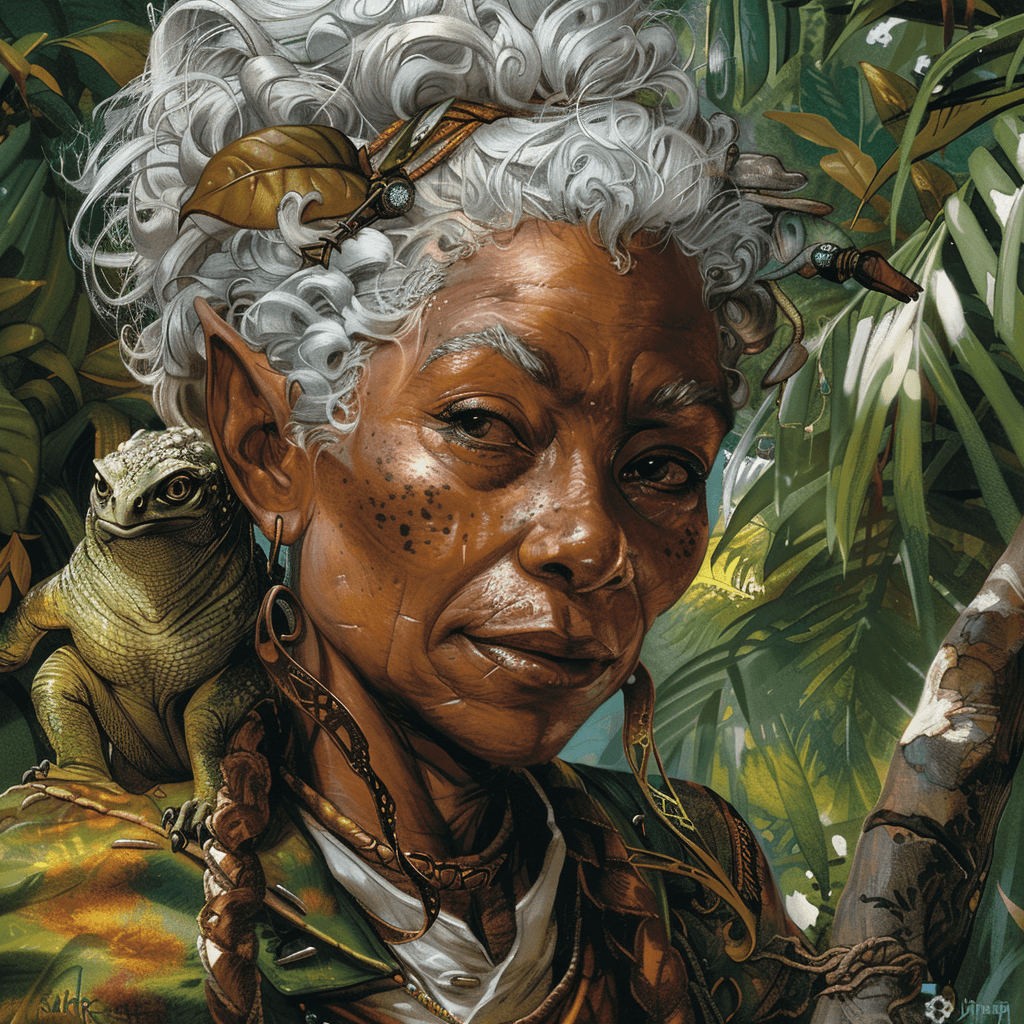
A cunning and wise trickster figure in Bantu mythology, often depicted as a chameleon who uses camouflage and deception to outwit adversaries.
Slavic-mythology
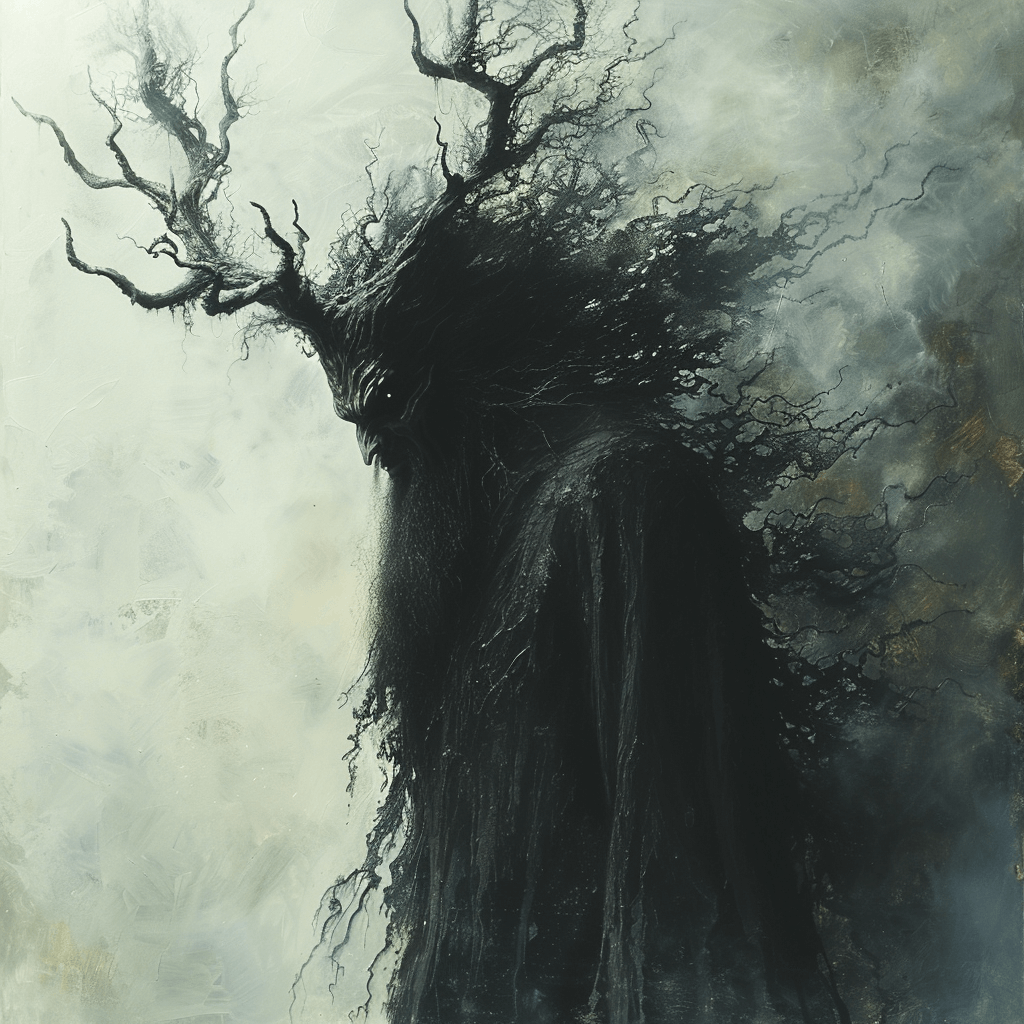
A dark deity representing darkness, evil, and chaos in Slavic mythology, often depicted as a sinister figure.
Celtic-mythology

ince we delved into the Gaelic pantheon in the first entry, the most important father-figure deity within the scope of Irish Celtic gods pertained to the Dagda (An Dagda – ‘the Good God’). Revered as the leader of the Tuatha Dé Danann tribe of gods, he was usually associated with fertility, a...
Roman-Mythology

Goddess of the hunt, wilderness, and childbirth. Associated with the moon, nature, and wild animals.
Greek-mythology

Diomedes was the commander of 80 Argive ships and one of the most respected leaders in the Trojan War. His famous exploits include the wounding of Aphrodite, the slaughter of Rhesus and his Thracians, and seizure of the Trojan Palladium, the sacred image of the goddess Pallas Athena that protected T...
Arabian-mythology
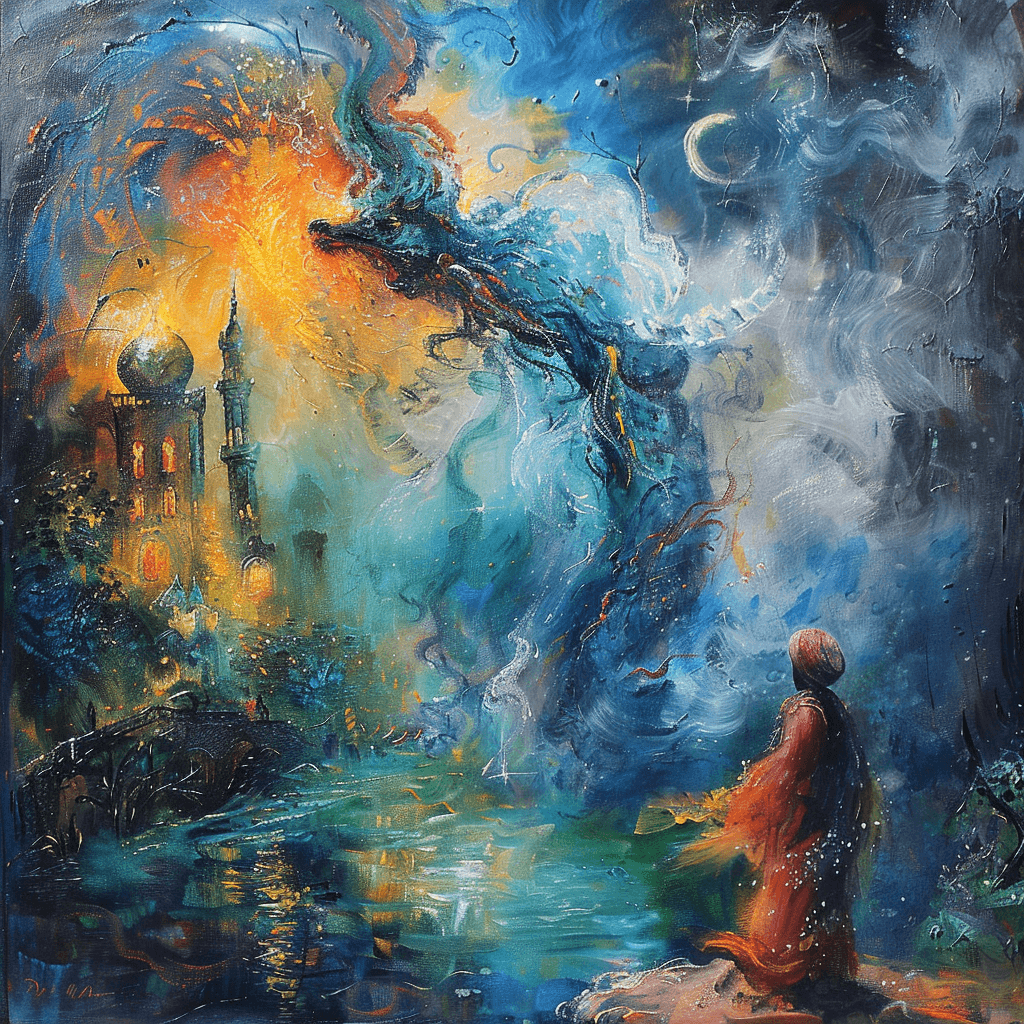
Supernatural beings made of smokeless fire in Arabian mythology, capable of granting wishes or causing harm.
Slavic-mythology

A household spirit in Slavic mythology believed to protect the home and family, but also capable of causing mischief.
hindu-mythology
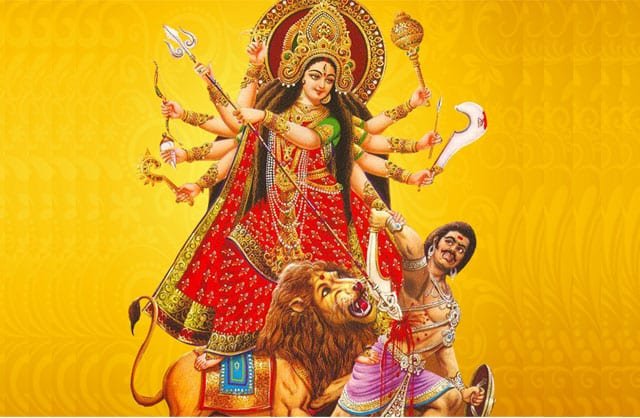
Durga Devi is a powerful, even frightening goddess who fights fiercely in order to restore dharma (moral order). Yet, while Durga is terrifying to her adversaries, she is full of compassion and love for her devotees.
mesopotamian-mythology

God of wisdom, freshwater, and magic. Patron god of crafts and creation, associated with the Apkallu fish sages.
Norse-mythology

Egil is a legendary hero of the Völundarkviða and the Thidreks saga. The name is from Proto-Germanic *Agilaz[1] and the same legend is reflected in Old English Ægil [æɡiɫ] of the Franks Casket and Alamannic Aigil of the Pforzen buckle. The Proto-Germanic form of the legend may only be guessed...
Norse-mythology
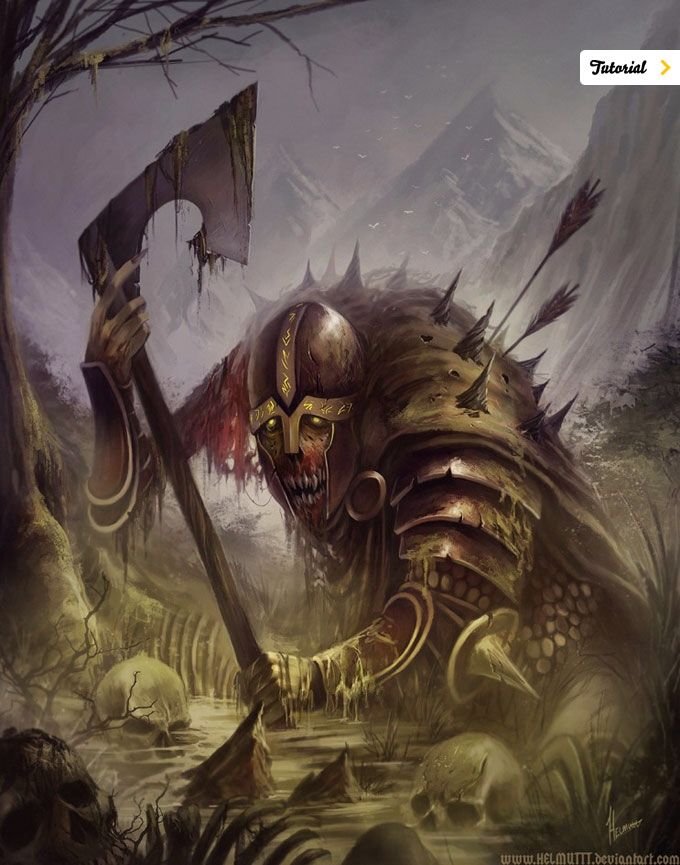
In Norse mythology, the einherjar (Old Norse literally "army of one", "those who fight alone"[1][2]) are those who have died in battle and are brought to Valhalla by valkyries. In Valhalla, the einherjar eat their fill of the nightly-resurrecting beast SæhrÃmnir, and valkyries bring them mead (whi...
Greek-mythology

In Greek mythology, Electryone (Ancient Greek: ἨλεκτÏυώνην) or Alectrona (Doric form) was a daughter of Helios and Rhodos, and sister to the Heliadae. She died a virgin and was worshipped as a heroine on the island of Rhodes. She was possibly a goddess of the sunrise, or of man's waking...
mesopotamian-mythology
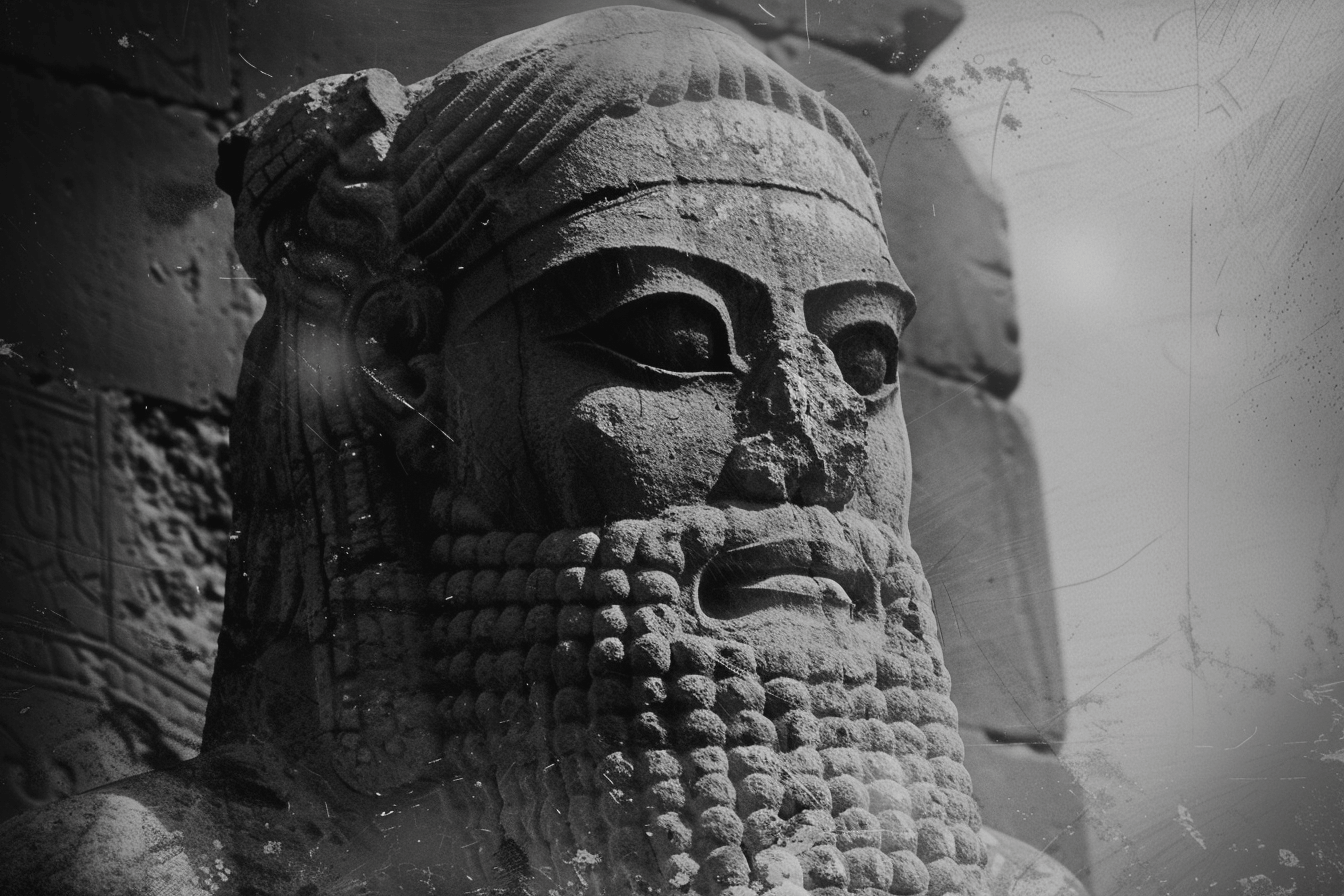
Wild man created by the gods to humble Gilgamesh. Becomes Gilgamesh’s close companion and shares in his adventures.
Celtic-mythology

Beyond syncretism, there were also sole Celtic gods worshipped in the pantheon of the ancient Gallo-Roman religion and even Rome itself. Epona belonged to the rare second category. Regarded as the female deity and protector of horses, donkeys, and mules (etymologically, the word ‘Epona’ is deriv...
Greek-mythology

Erechtheus was a king of Athens in Greek mythology. He was one of the first kings of the city, and from his name derived the word Erechtheidae, meaning the sons of Erechtheus, which was used to denote an Athenian. His name was also used as an epithet for the god Poseidon, as "Poseidon Erechtheus".
Celtic-mythology
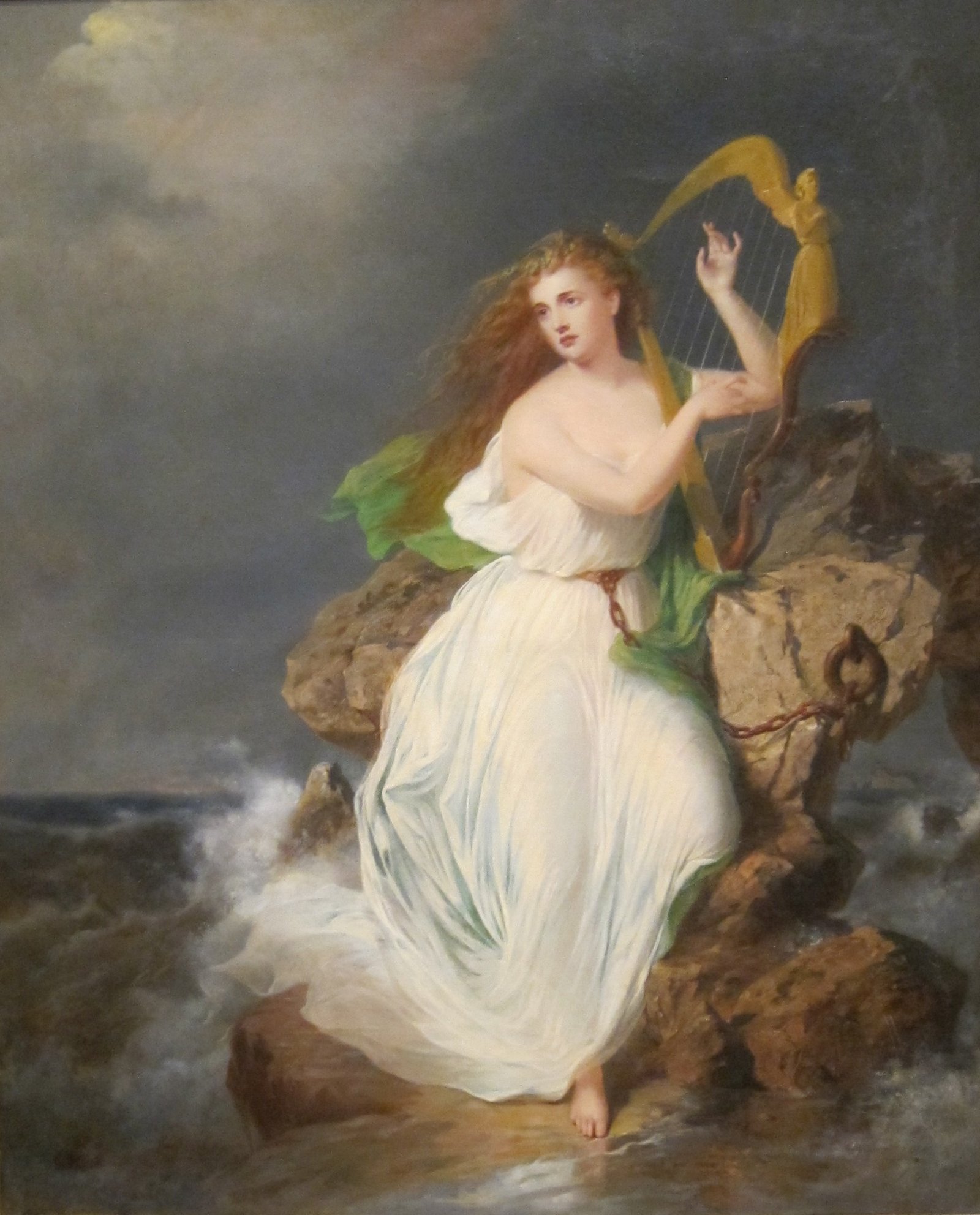
Regarded as one of the Celtic gods among the Tuatha Dé Danann, Eriu (modern Irish – Eire) has the distinction of having an entire nation named after her. To that end, the very term Ireland comes from Eriu (as the realm was known in the ‘olden’ times), and thus her modern name Eire is modified...
Greek-mythology

In Greek mythology, Eunostus or Eunostos was a goddess whose image was set up in mills, and who was believed to keep watch over the just weight of flour. Promylaia ("the one that stands before/protects the mill") was another name for a goddess of the mills, who was worshipped in the same fashion as...
Greek-mythology
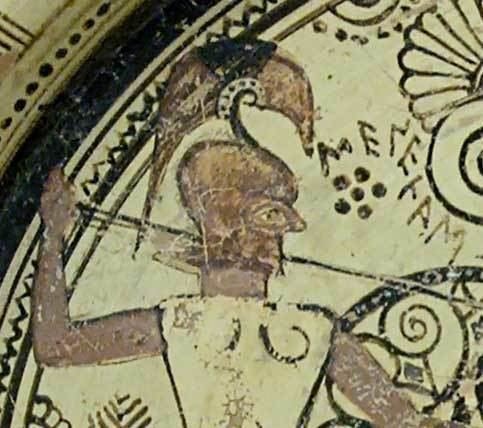
In Greek mythology, Euphorbus (Ancient Greek: or Euforbo) was a Trojan hero during the Trojan War.
Greek-mythology
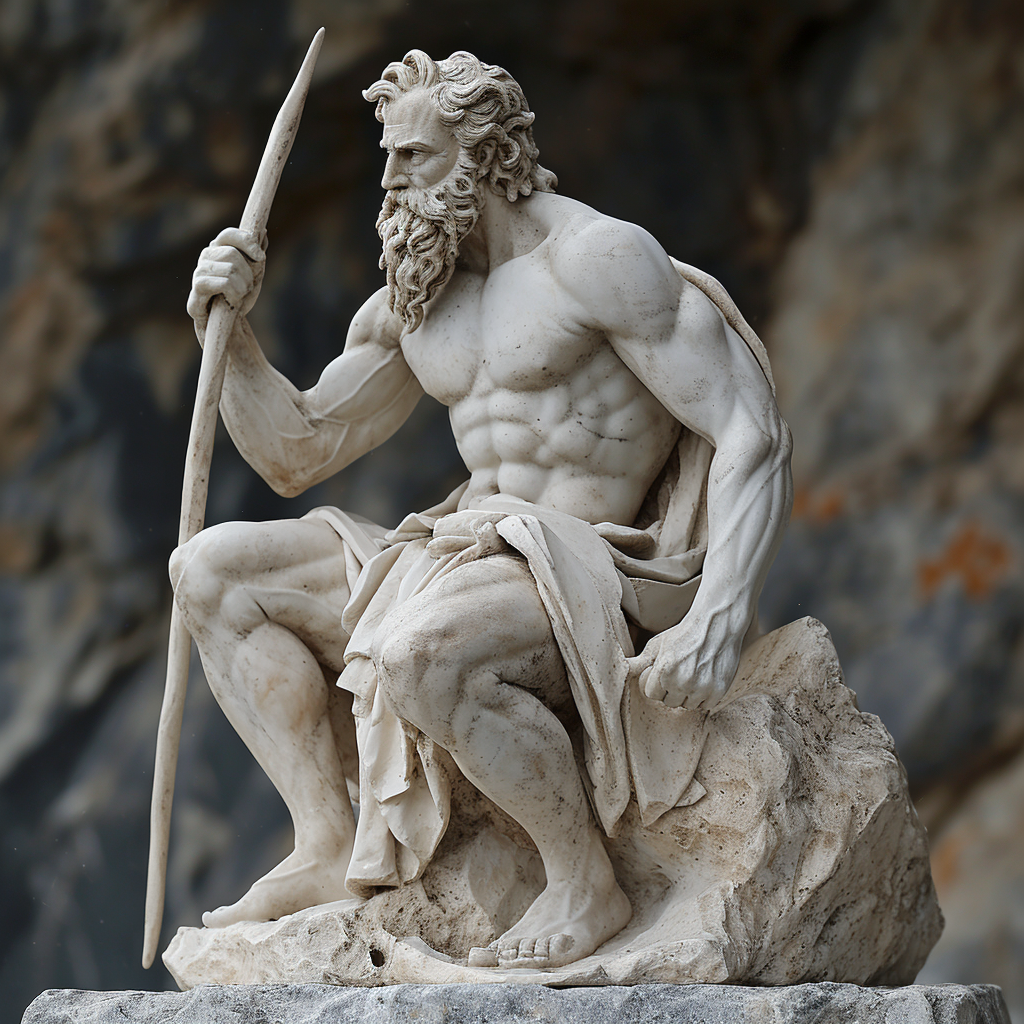
Eurybarus (or Eurybaros) is a figure who appears in Greek mythology, but it's important to note that he is a rather obscure character, and his mention in the mythological accounts is minimal compared to more prominent figures like Hercules or Achilles. Eurybarus is sometimes referenced in relation...
Greek-mythology
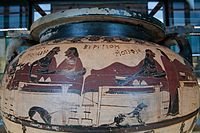
In Greek mythology, Eurytus Ancient Greek: and Cteatus Ancient Greek: were twin brothers and also named the Moliones or Molionidai for their mother, Molione.
Greek-mythology
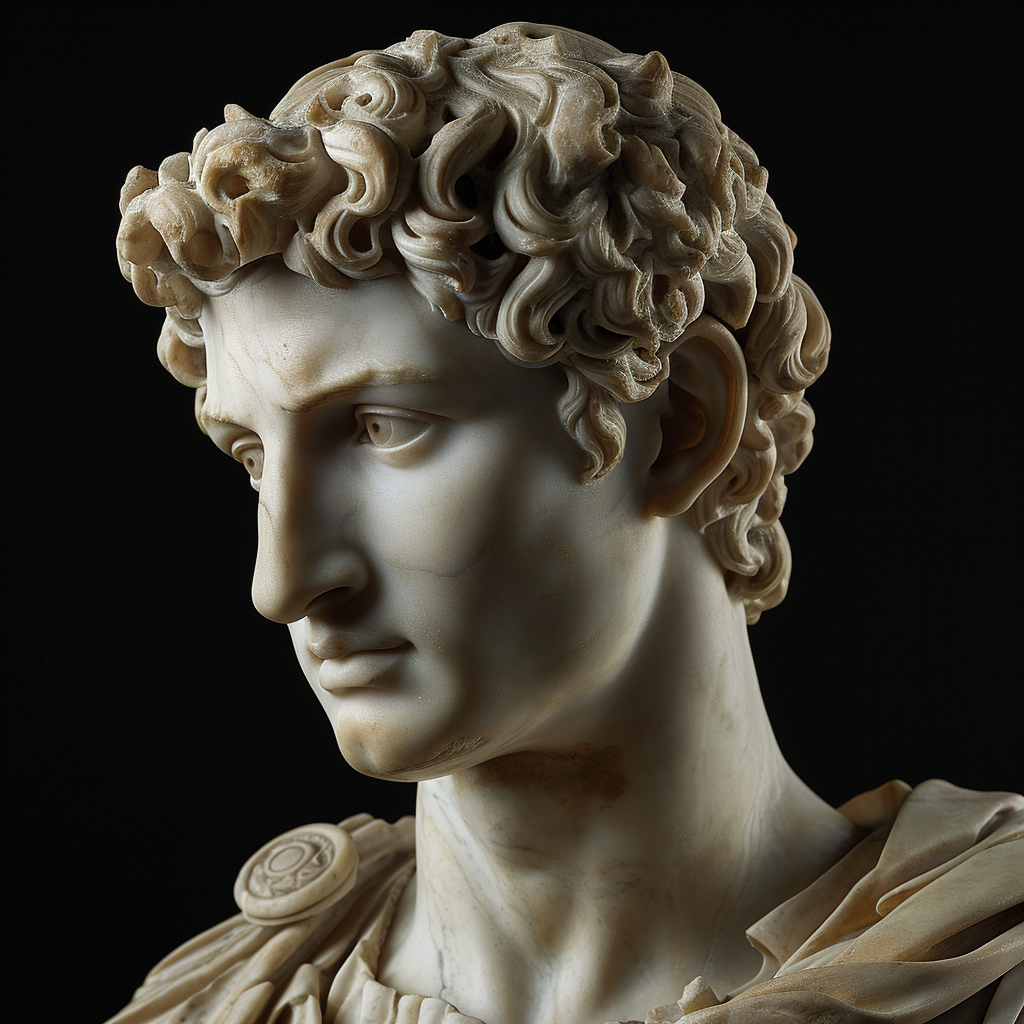
Evander, in Classical mythology, a migrant from Pallantium in Arcadia (central part of the Peloponnesus) who settled in Italy and founded a town named Pallantion, after his native place. The site of the town, at Rome, became known as the Palatine Hill, for his son Pallas and daughter Pallantia. Evan...
persian-mythology
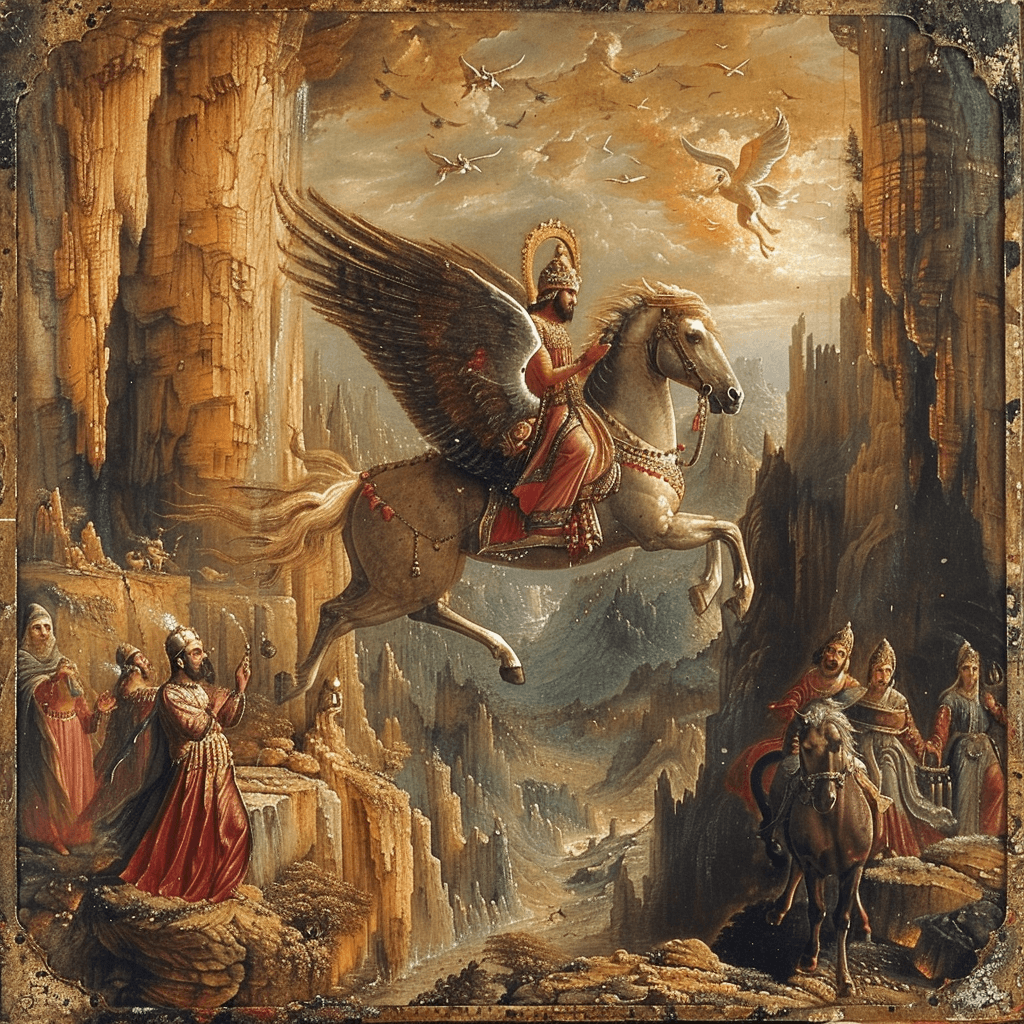
Heroic figure in Persian mythology, renowned for his justice and righteousness. Defeated the tyrant Zahhak and restored peace.
Norse-Mythology

Njordâ's son is Frey, who is fair to look upon, mightier and more valorous than even his own father. He governs weather and tillage; in his hand lie prosperity, joy, and peace. Like Njord, Frey is called Scion of the Vanir, the Vanir-God; also, God of the Seasons and Giver of Riches. He holds sway o...
Etruscan-mythology
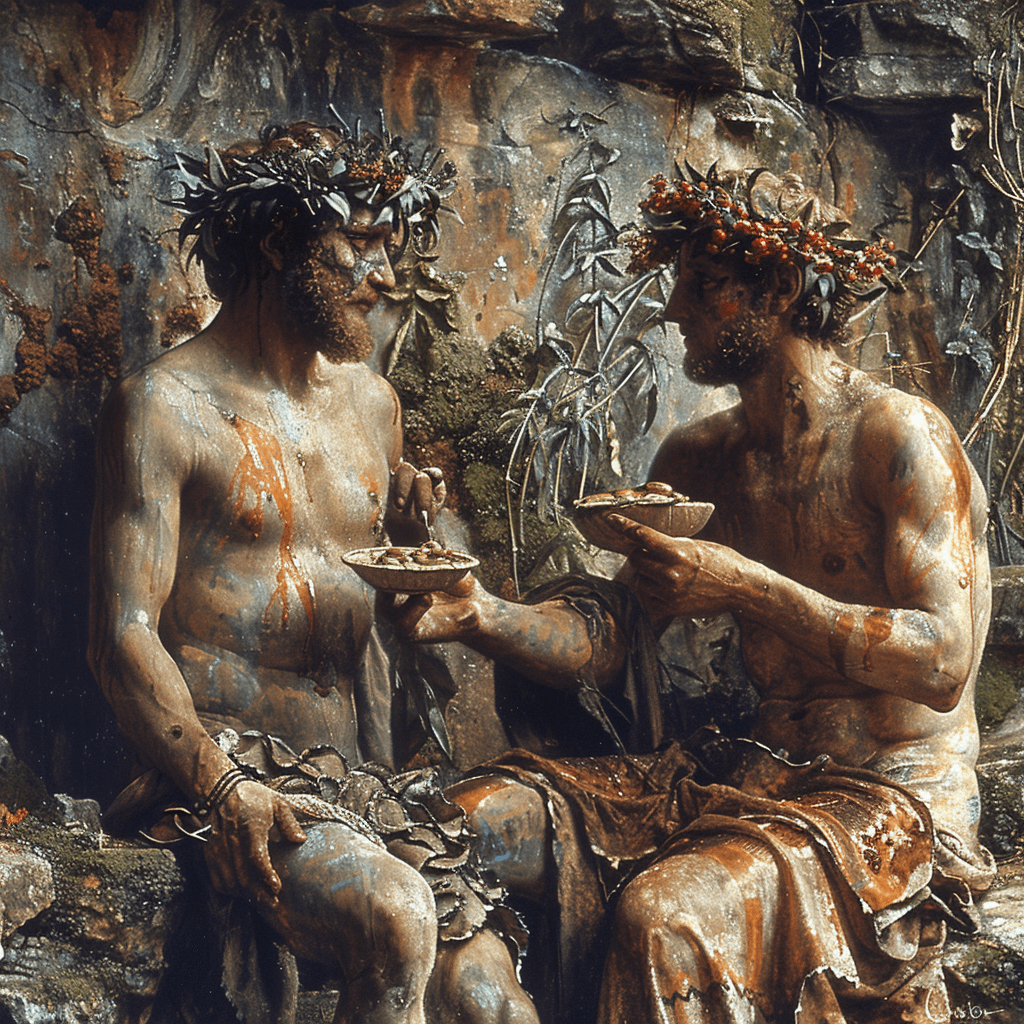
The god of plant life, happiness, and health, associated with wine and fertility.
chinese-mythology
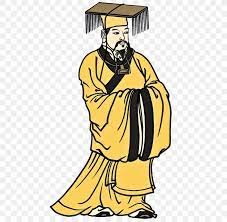
God of mankind, credited with inventing fishing, hunting, and writing
hindu-mythology
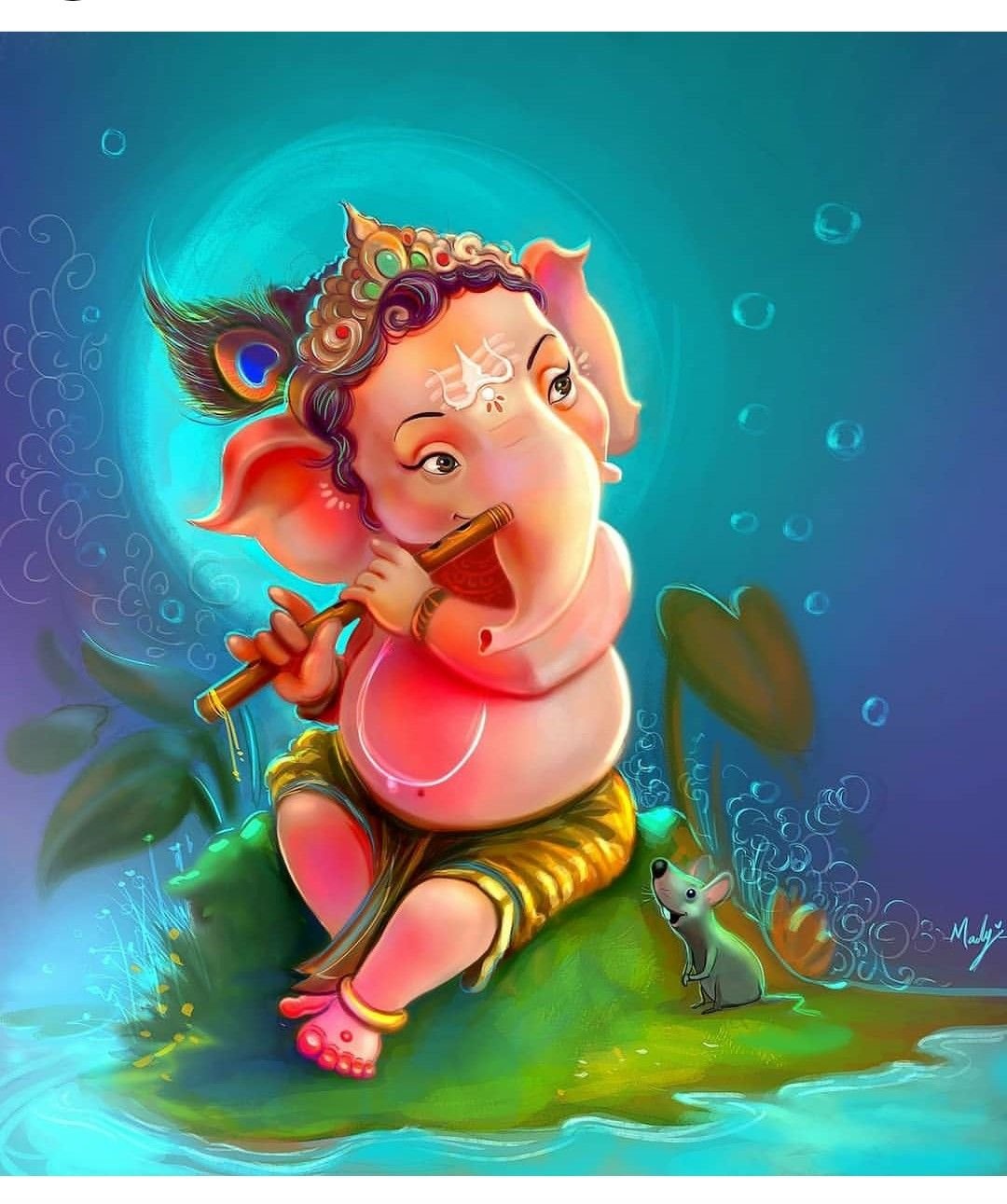
Ganapati, more commonly known as Ganesha, is a revered deity in the Hindu pantheon, known as the Lord of Beginnings, the Remover of Obstacles, and the deity of intellect and wisdom.
Iconography and Attributes:
- Elephant Head: Symbolizing wisd...
Arabian-mythology
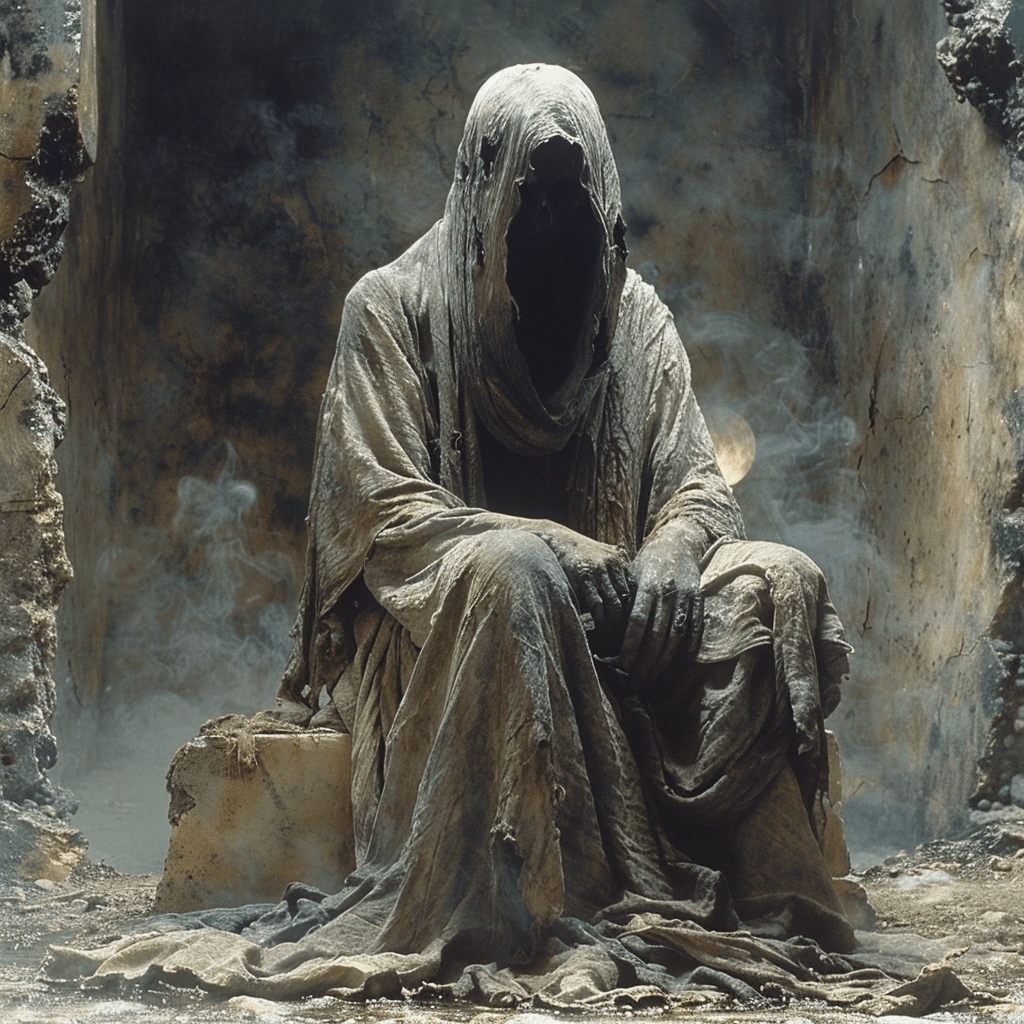
Malevolent spirits or demons in Arabian folklore, known for inhabiting graveyards and consuming human flesh.
mesopotamian-mythology
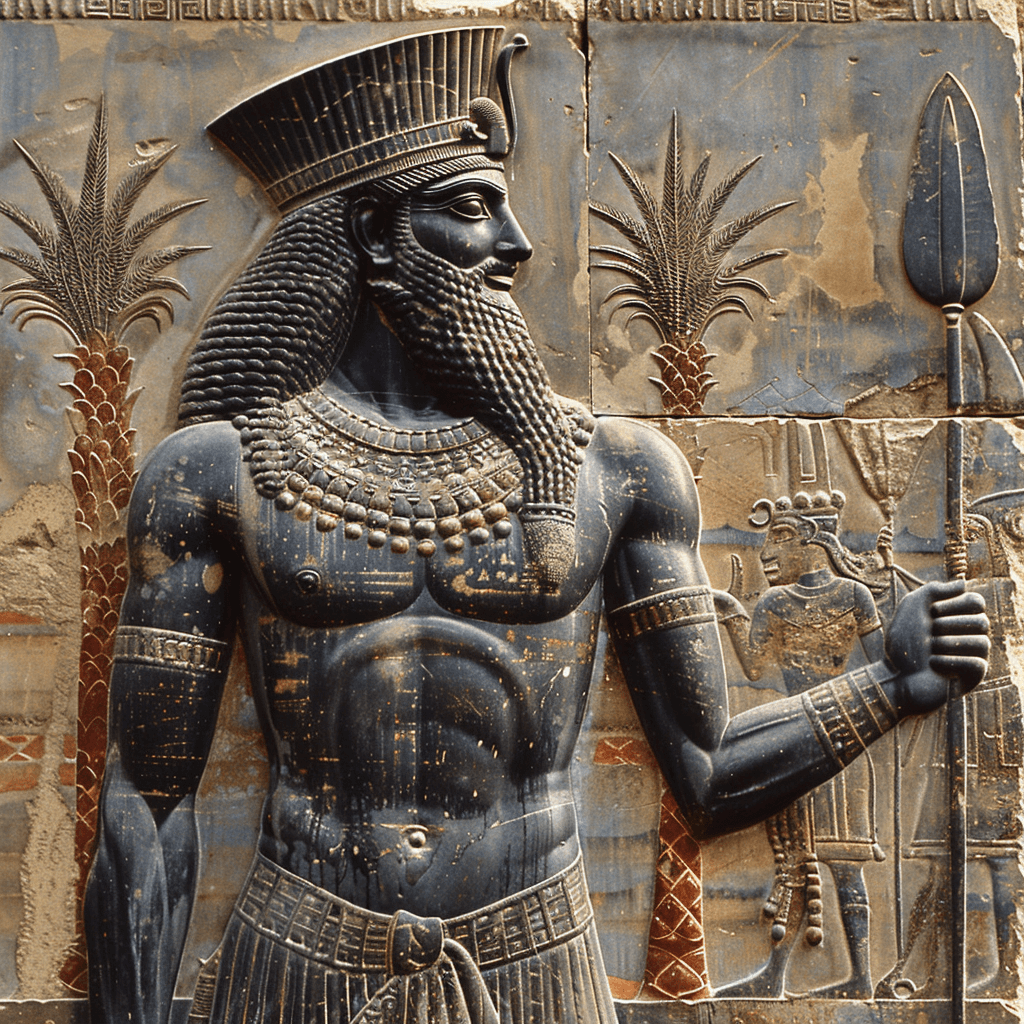
Heroic king of Uruk, renowned for his adventures and quest for immortality. Central figure in the Epic of Gilgamesh, one of the earliest surviving works of literature.
Norse-mythology

Gibica (also known as Gjúki, Giuki, or Gibicho) is a figure from Norse mythology, prominently featured in the Völsunga saga and in the Nibelungenlied, a Middle High German epic poem. In these sagas, he is portrayed as a king and the father of a significant family. In the Völsunga saga, a key source...
Celtic-mythology

In another fascinating example of Gallo-Roman syncretism, Grannus was perceived as one of the (originally) Celtic gods of healing, who was later associated with Apollo and often venerated as a composite deity of Apollo-Grannus in the Roman world. To that end, Grannus was typically linked to the hot...
Norse-mythology

Guðmundr (Old Norse, sometimes anglicised as Godmund) was a semi-legendary Norse king in Jotunheim, ruling over a land called Glæsisvellir, which was known as the warrior's paradise.
Norse-mythology
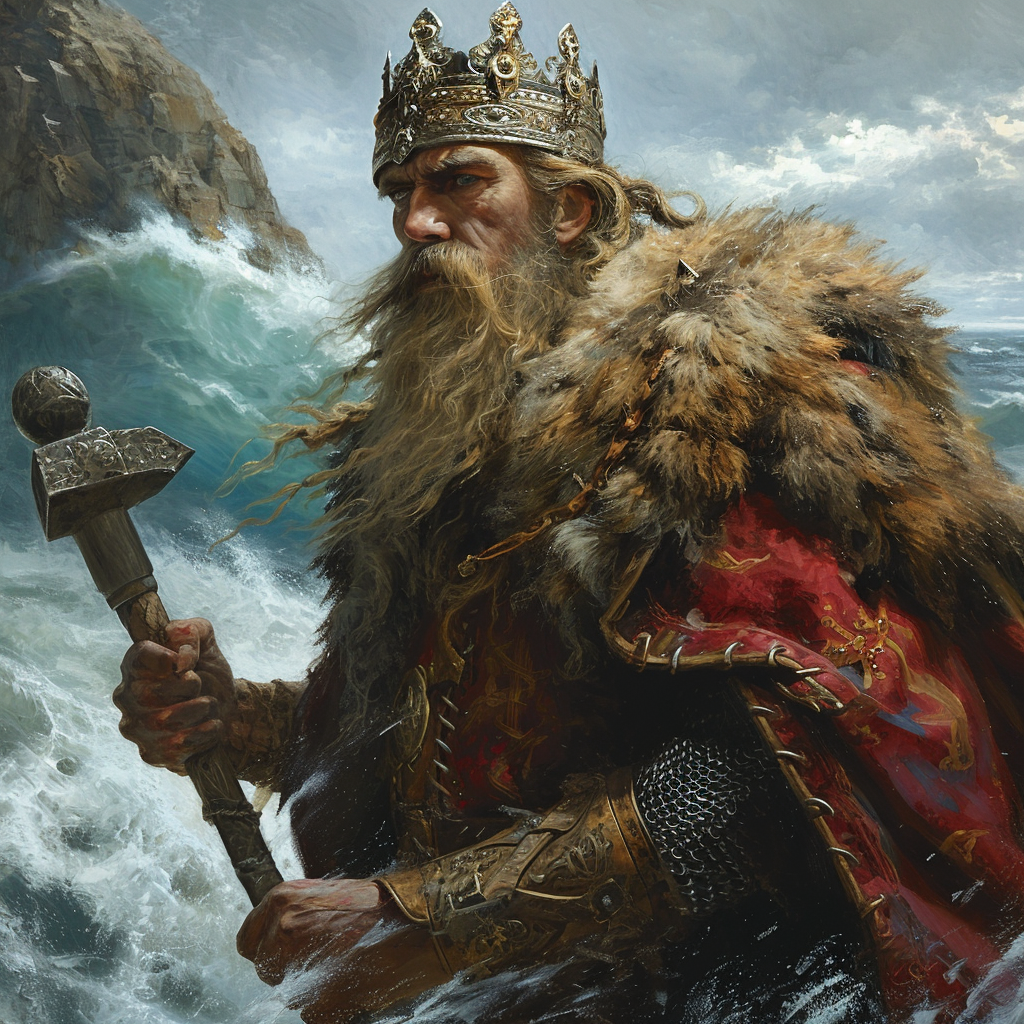
Hagbard (Old Norse Hagbarðr), the brother of Haki and son of Hamund, was a famous Scandinavian sea-king in Norse mythology. He is mentioned in Skáldskaparmál, Ynglinga saga, Nafnaþulur, Völsunga saga and Gesta Danorum. The heroes' connections with other legendary characters place the events in...
Norse-mythology
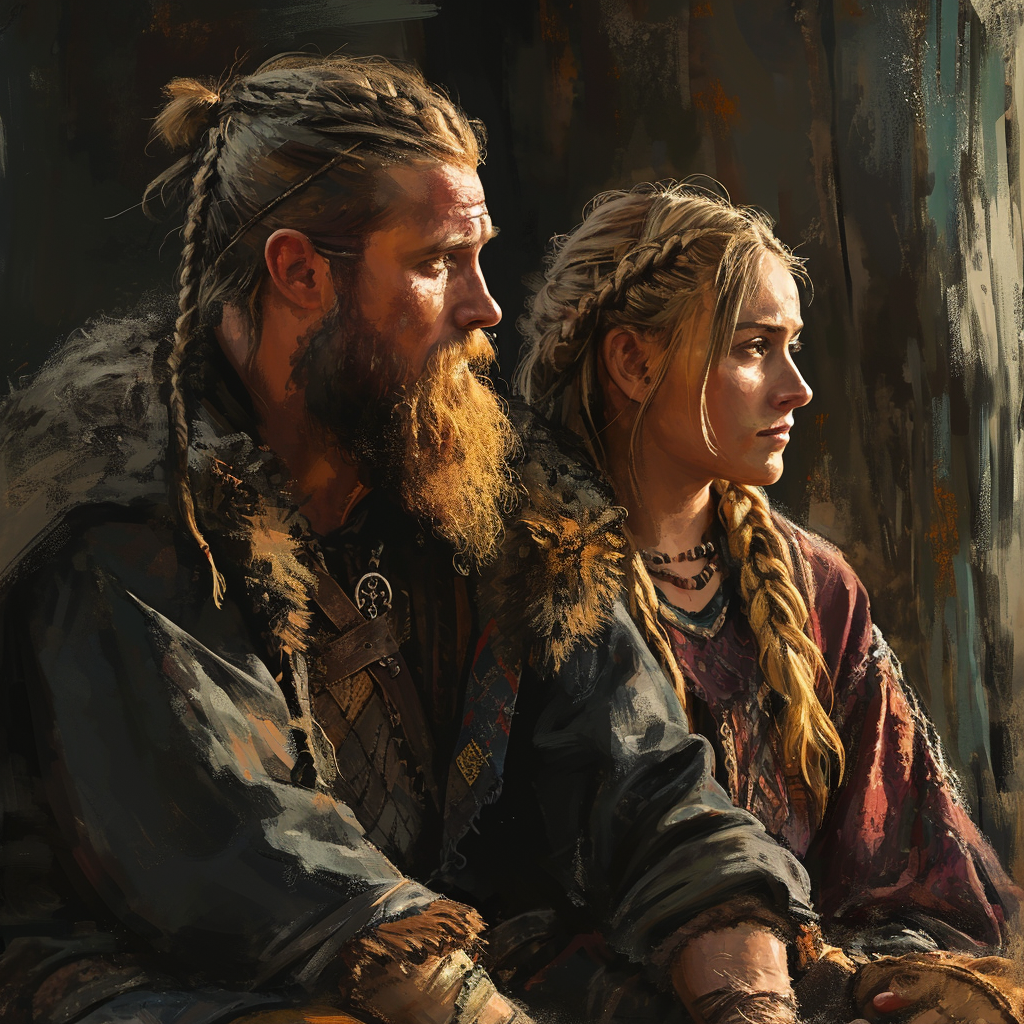
Hagbard and Signe (Signy) (the Viking Age) or Habor and Sign(h)ild (the Middle Ages and later) were a pair of lovers in Scandinavian mythology and folklore whose legend was widely popular. The heroes' connections with other legendary characters place the events in the 5th century AD. Hagbard and his...
Hittite-Mythology
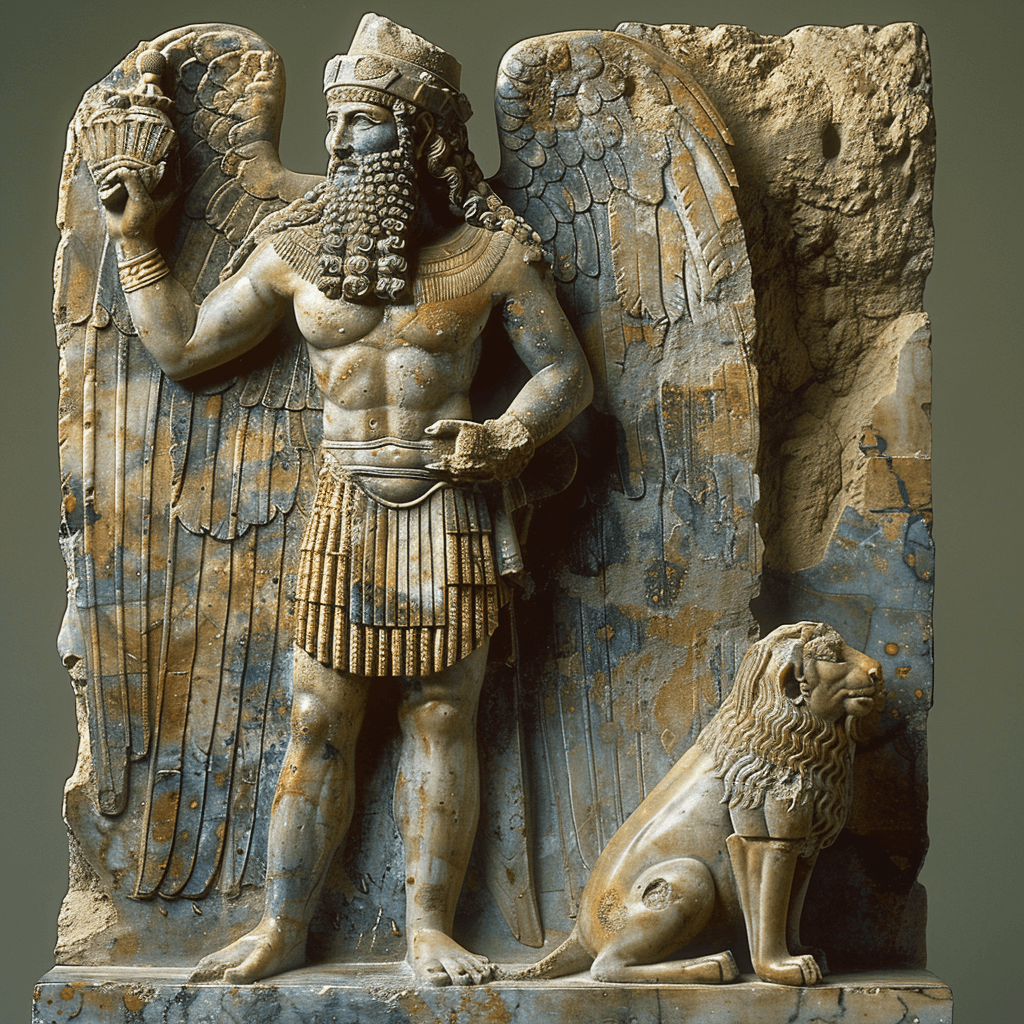
Hahhimas is the Hittite god of wisdom and magic, revered for his knowledge and mystical powers. He is often invoked for guidance and protection.
Norse-mythology

Hake, Haki or Haco, the brother of Hagbard, was a famous Scandinavian sea-king, in Norse mythology. He is mentioned in the 12th century Gesta Danorum, and in 13th-century sources including Ynglinga saga, Nafnaþulur, Völsunga saga. If historical, he would have lived in the 5th century.
Norse-mythology

Halga, Helgi, Helghe or Helgo was a legendary Danish king living in the early 6th century.[1] His name would in his own language (Proto-Norse) have been *Hailaga[2] (dedicated to the gods). Scholars generally agree that he appears in both Anglo-Saxon (Beowulf) and Scandinavian tradition (Norse saga...
hindu-mythology
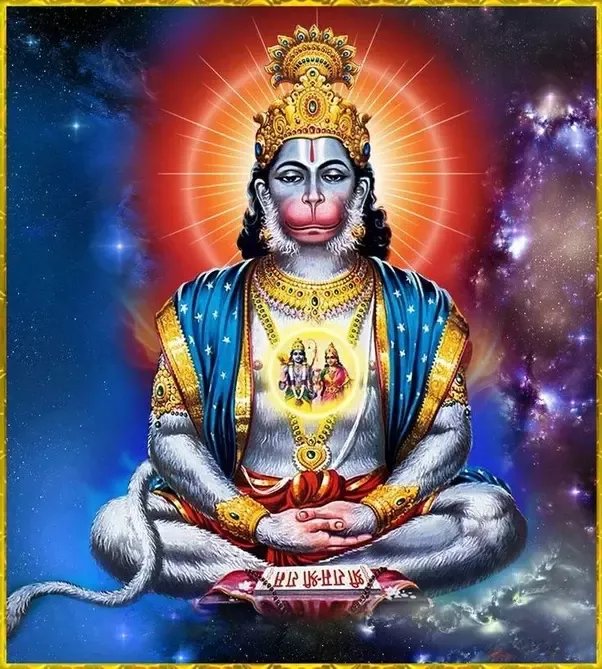
Hanuman is featured in the great Hindu epic the Ramayana. He earned his path to deification by performing feats of strength, devotion, and courage while helping Rama (an avatar of Vishnu) in countless exciting incidents.
Hittite-Mythology

Hebat is the Hittite earth goddess, associated with fertility and motherhood. She is depicted as a nurturing figure bringing abundance to the land.
Norse-mythology

Heidrek or Heiðrekr is one of the main characters in the cycle about the magic sword Tyrfing. He appears in the Hervarar saga, and probably also in Widsith,[1] together with his sons Angantyr (Incgentheow) and Hlöð (Hlith), and Hlöð's mother Sifka (Sifeca). The etymology is heiðr, meaning "hon...
Norse-mythology

Heimdal is another of the chief gods; according to report he was considered great and holy, and bore the appellation of the White God. He was born in a miraculous manner of nine Giant maidens, on the confines of the earth, in the morning of time; and he drew his sustenance from the earth. By some he...
Norse-mythology

Helgakviða Hjörvarðssonar
"Helgakviða Hjörvarðssonar" is a poem from the Poetic Edda, an ancient collection of Old Norse poems. This particular poem is one of the legendary sagas, telling the story of Helgi Hjörvarðsson, a hero in Norse mythology.
Story of Helgi Hjörvarð...
Norse-mythology

Halga, Helgi, Helghe or Helgo was a legendary Danish king living in the early 6th century.[1] His name would in his own language (Proto-Norse) have been *Hailaga[2] (dedicated to the gods). Scholars generally agree that he appears in both Anglo-Saxon (Beowulf) and Scandinavian tradition (Norse saga...
Norse-mythology

Helgi Hundingsbane is a hero in Norse sagas. Helgi appears in Volsunga saga and in two lays in the Poetic Edda named Helgakviða Hundingsbana I and Helgakviða Hundingsbana II. The Poetic Edda relates that Helgi and his mistress Sigrún were Helgi Hjörvarðsson and Sváva of the Helgakviða Hjörva...
Norse-mythology

Helgi the Sharp in Ragnarssona þáttr
In the saga "Ragnarssona þáttr," Helgi the Sharp emerges as a notable figure. This tale is part of the larger Norse mythology and sagas that detail the exploits of the legendary Viking Ragnar Lothbrok and his sons.
Background of Helgi...
Greek-mythology

Heracles, Greek Herakles, Roman Hercules, one of the most famous Greco-Roman legendary heroes. Traditionally, Heracles was the son of Zeus and Alcmene (see Amphitryon), granddaughter of Perseus. Zeus swore that the next son born of the Perseid house should become ruler of Greece, but—by a trick of...
Roman-Mythology

Son of Zeus and a mortal woman, renowned for his strength and celebrated in many adventures. Completed the Twelve Labors.
Norse-mythology

Hervor is the name of two female characters in the cycle of the magic sword Tyrfing, presented in Hervarar saga with parts found in the Poetic Edda. One, the viking Hervör, challenged her father Angantýr's ghost in his gravemound for his cursed sword Tyrfing, and bore Heithrek, father of the other...
Norse-mythology
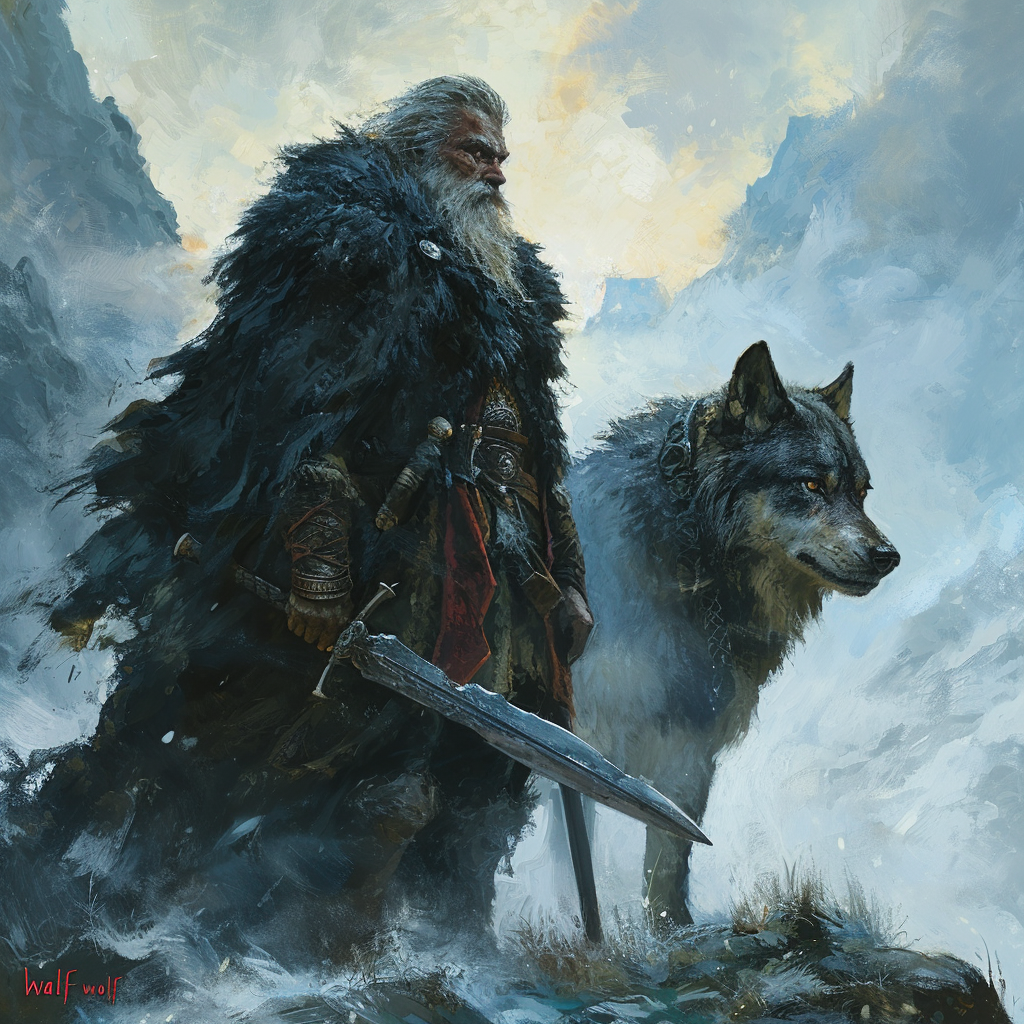
HildÃlfr (Old Norse "war-wolf") is a son of Odin according to the Nafnaþulur list of the Prose Edda's Skáldskaparmál.
Greek-mythology

Hippothoon in Greek Mythology
Hippothoon was an Attic hero in Greek mythology, known for his distinguished lineage as the son of Poseidon, the god of the sea, and Alope, daughter of King Cercyon.
Lineage and Background
As a son of Poseidon, Hippothoon had a d...
persian-mythology
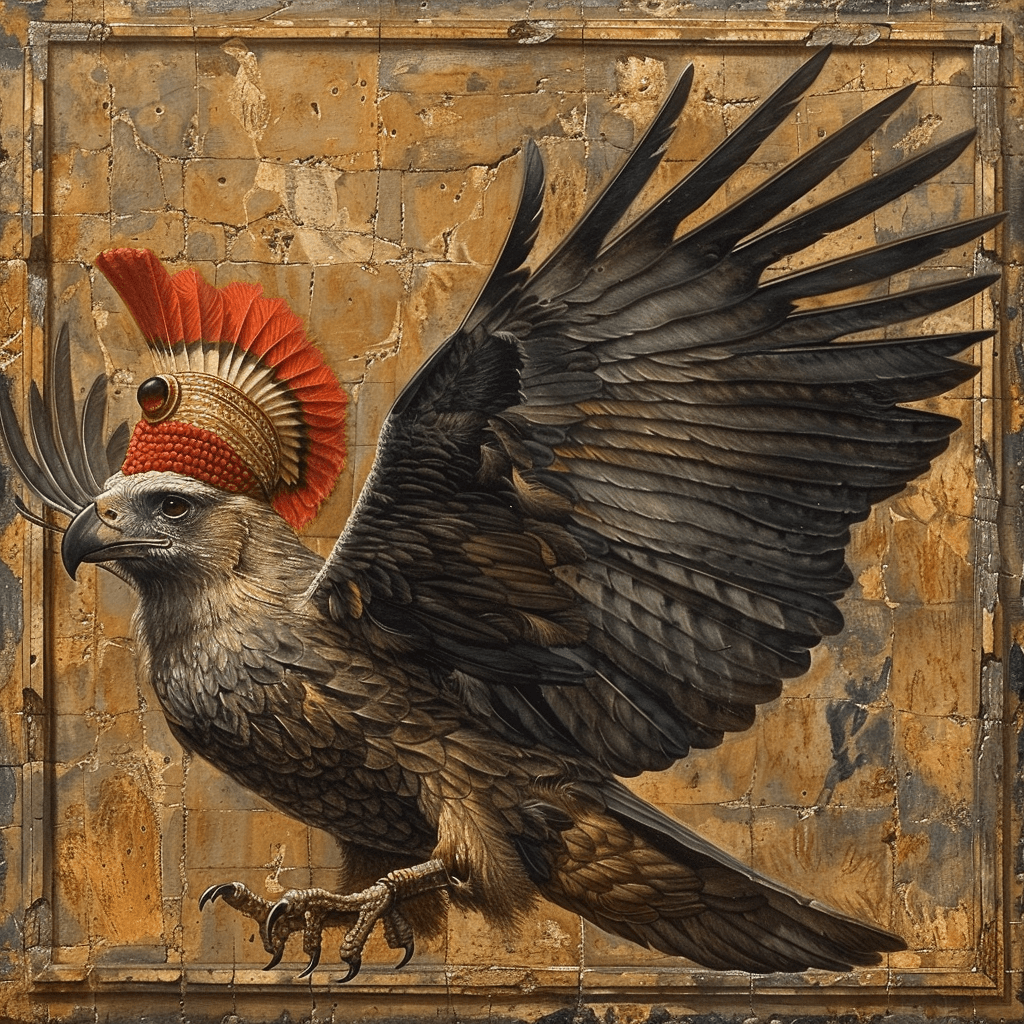
Mythical bird in Persian culture, symbolizing purity and fortune. Believed to bring good luck and prosperity.
egyptian-mythology
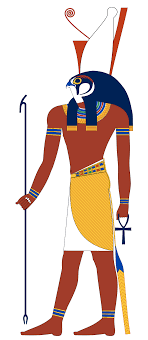
Falcon-headed god of the sky, protector of pharaohs and king of gods
Greek-mythology
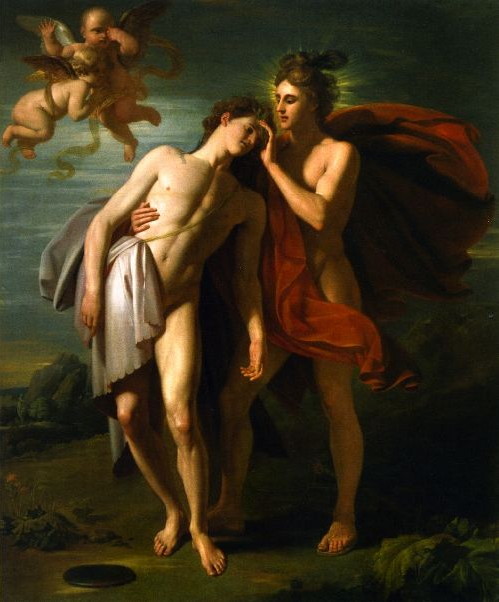
In Greek mythology, Hyacinth was a very beautiful Spartan prince and lover of the god Apollo. Hyacinth was also admired by the West wind Zephyrus, the North wind Boreas and also by a mortal man named Thamyris. ... The couple indulged themselves in hunting and climbing steep, rough mountains around S...
Arabian-mythology
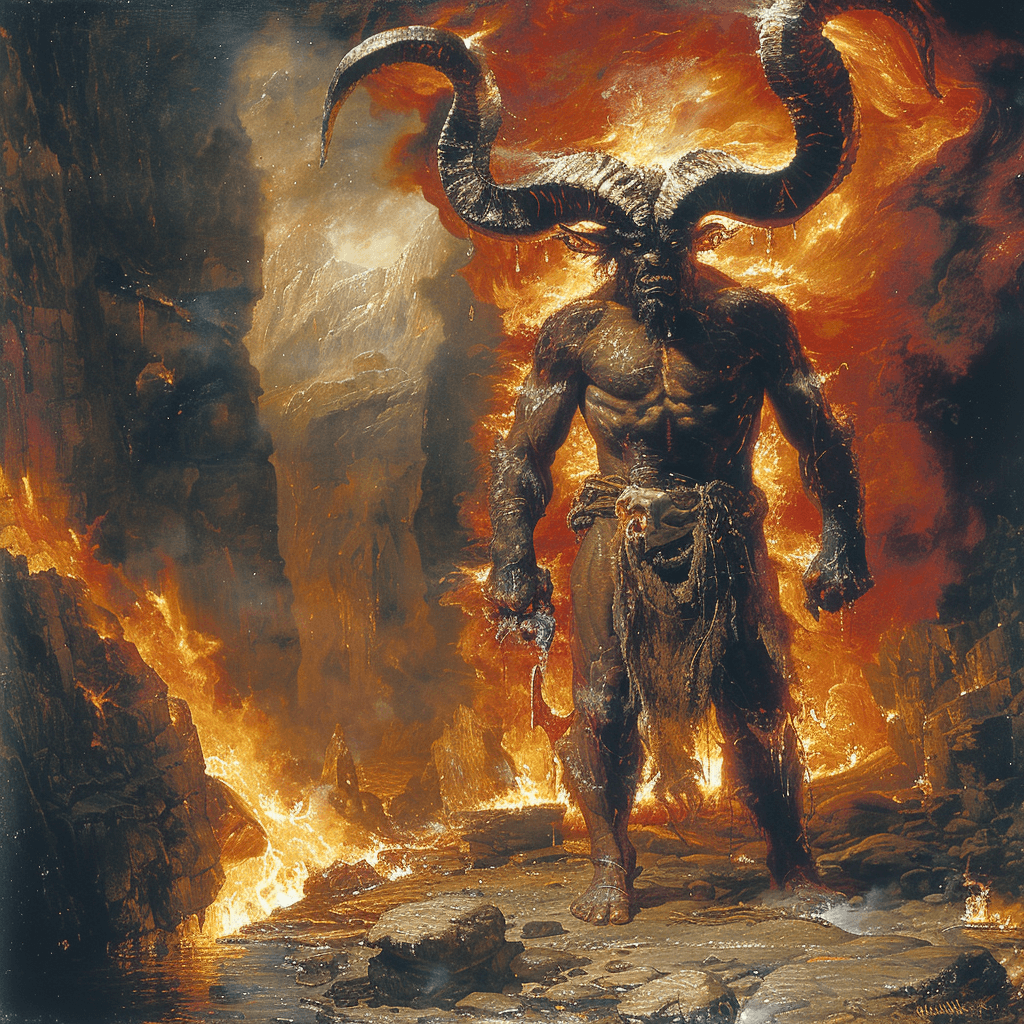
Powerful and malevolent spirits in Arabian folklore, often depicted as rebellious and disobedient to God.
Hittite-Mythology

Illuyanka is a serpent-like dragon in Hittite mythology, often depicted as a formidable adversary. He engaged in battles with the storm god Teshub.
hindu-mythology
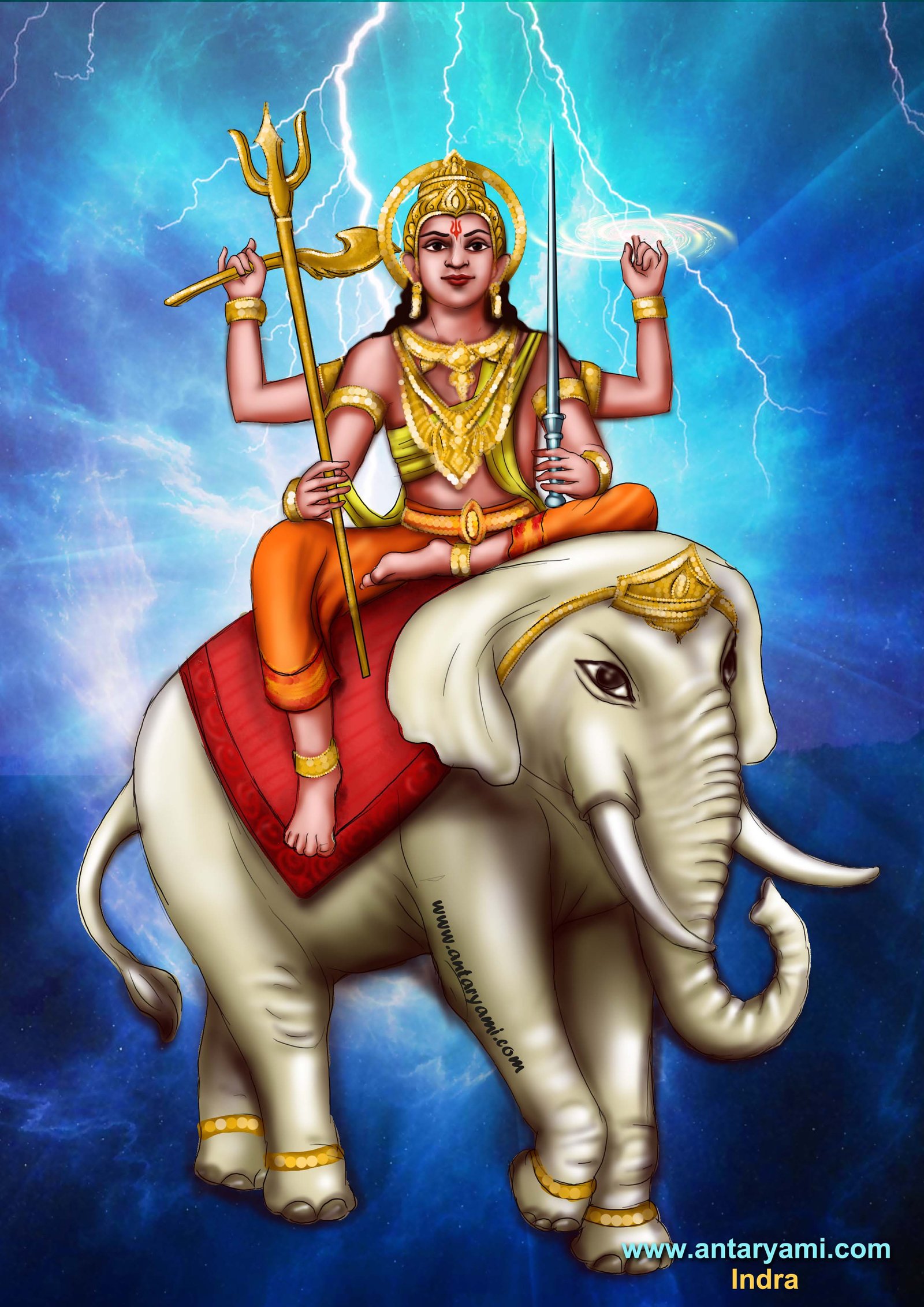
Indra wields a thunderbolt and is a protector and provider of rain.
Greek-mythology
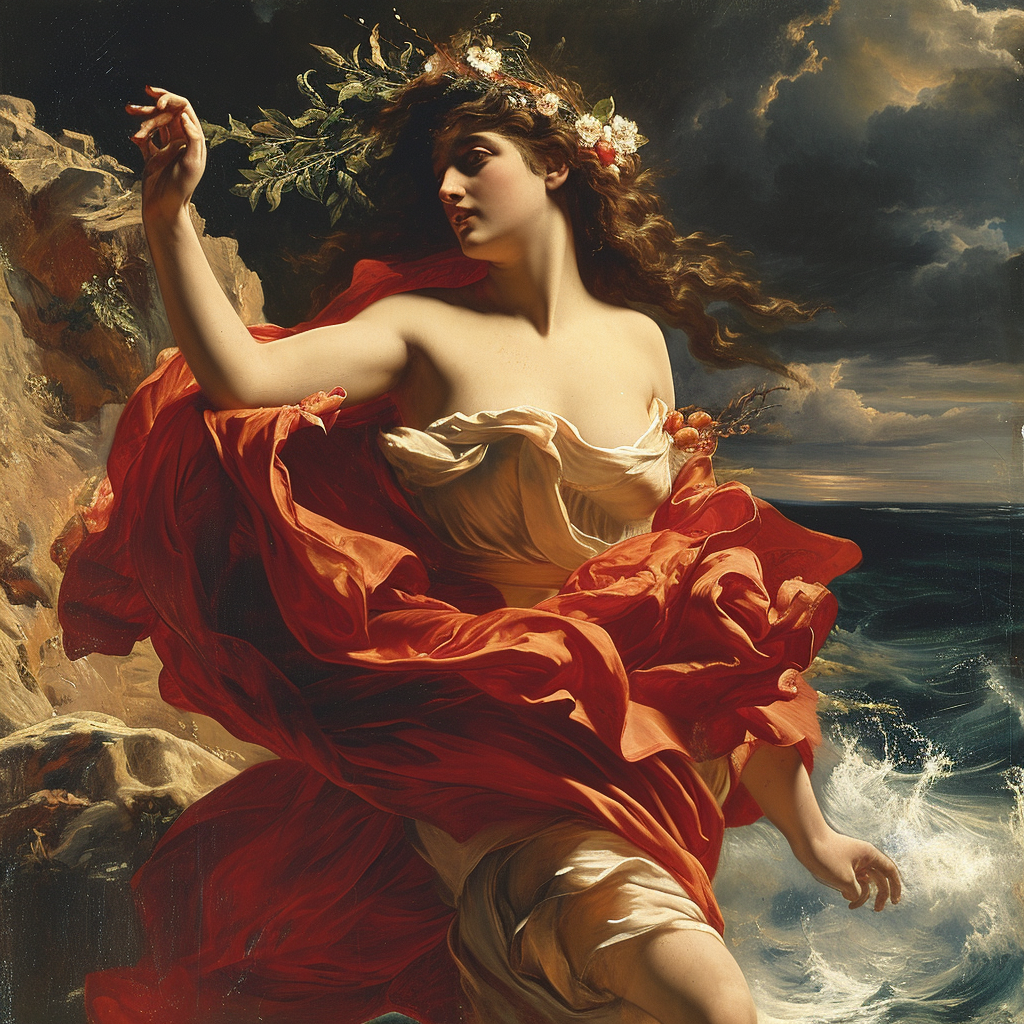
Iphigenia in Greek Mythology
Iphigenia is a notable character in Greek mythology, primarily known for her role in the story leading up to the Trojan War. She is the daughter of King Agamemnon and Queen Clytemnestra of Mycenae.
The Sacrifice of Iphigenia
One o...
mesopotamian-mythology
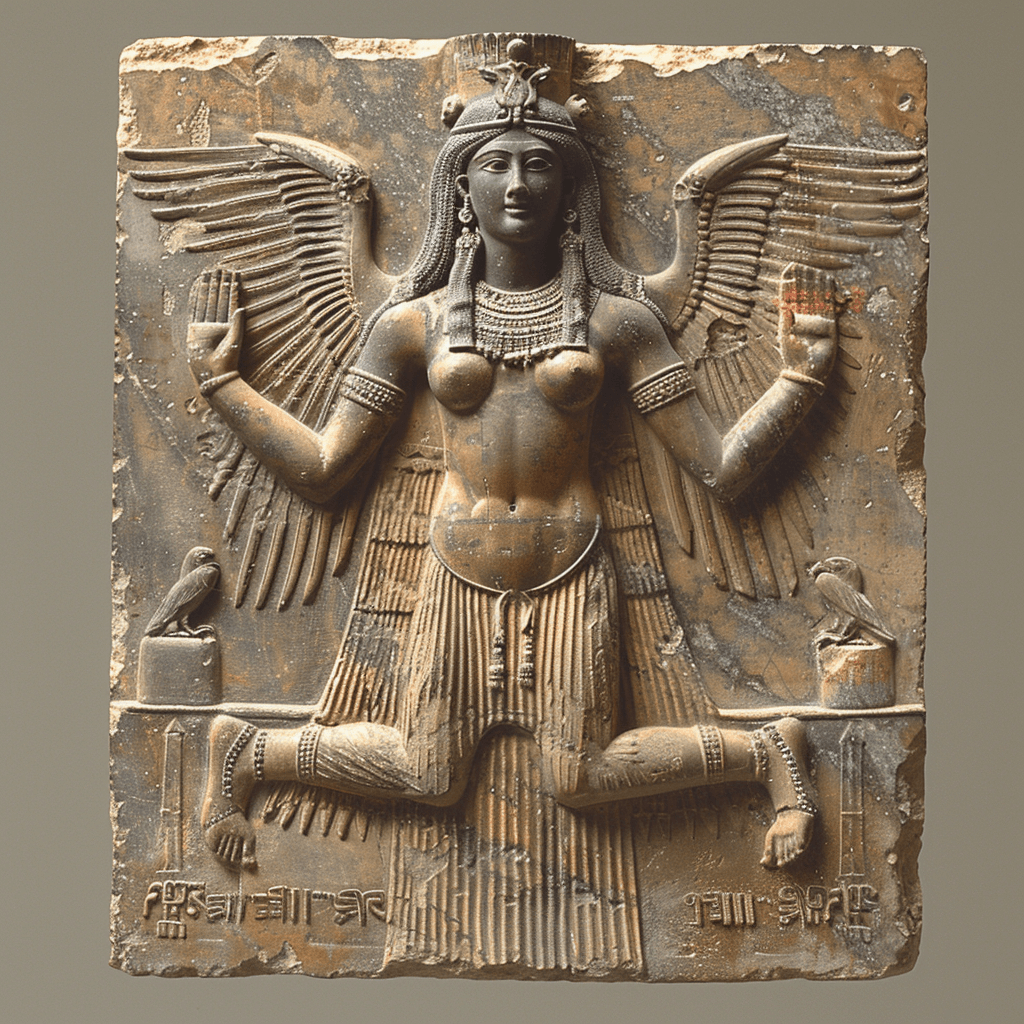
Goddess of love, beauty, sex, desire, fertility, war, and justice. Associated with the planet Venus and known for her descent into the underworld.
egyptian-mythology
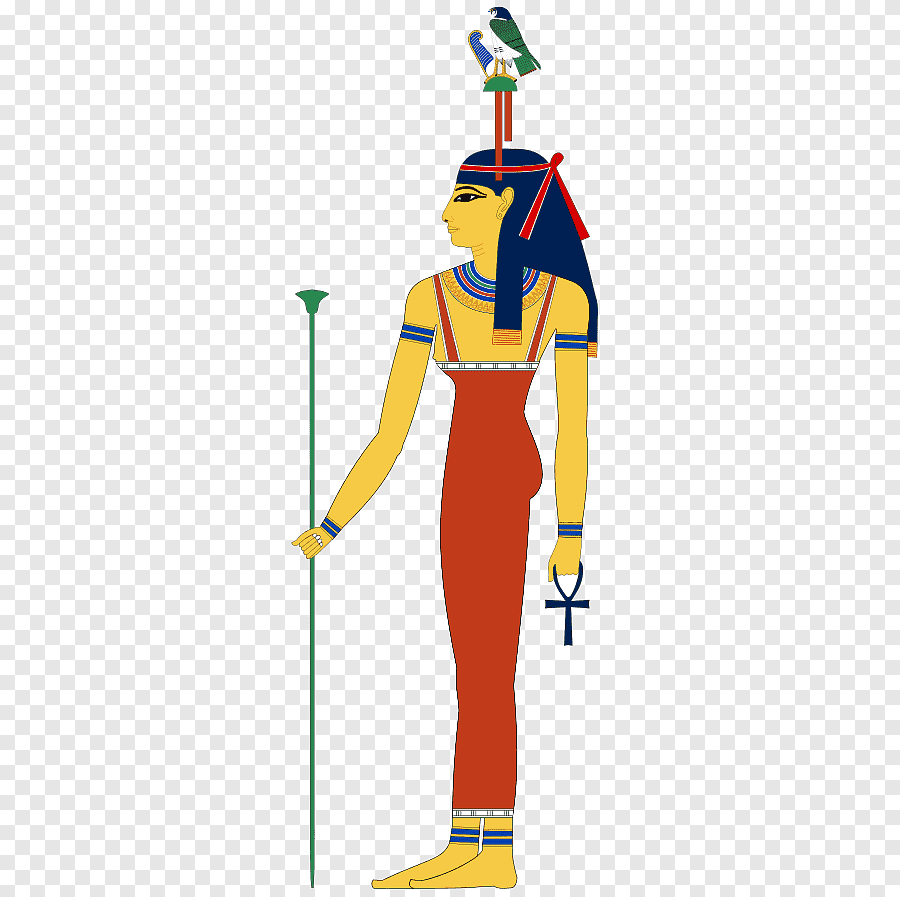
Goddess of magic, motherhood and fertility who protected the dead
persian-mythology

Legendary king in Persian mythology, credited with the invention of wine and the establishment of Nowruz, the Persian New Year.
Greek-mythology

Jason. Jason, in Greek mythology, leader of the Argonauts and son of Aeson, king of Iolcos in Thessaly. His father's half-brother Pelias seized Iolcos, and thus for safety Jason was sent away to the Centaur Chiron.
Arabian-mythology
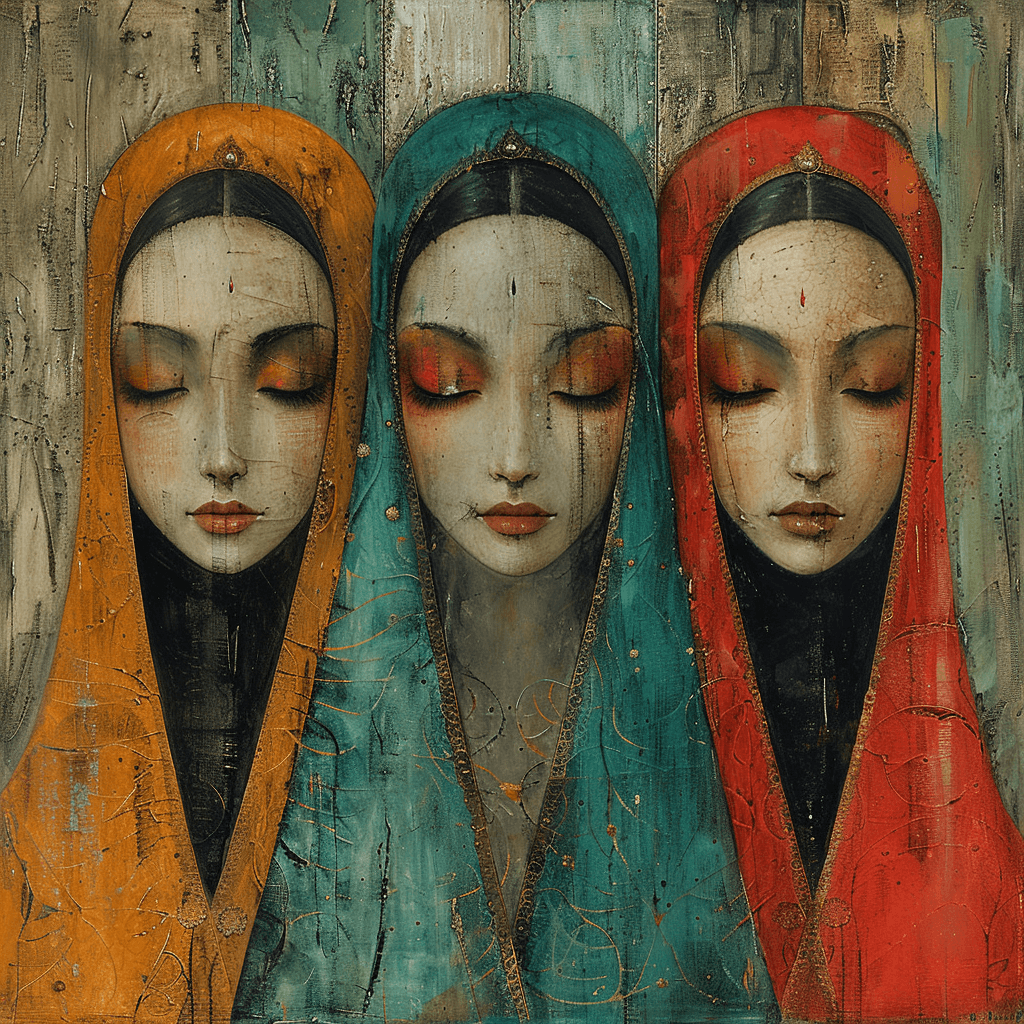
Female spirits or supernatural entities in Arabian mythology, often associated with beauty and allure.
Roman-Mythology
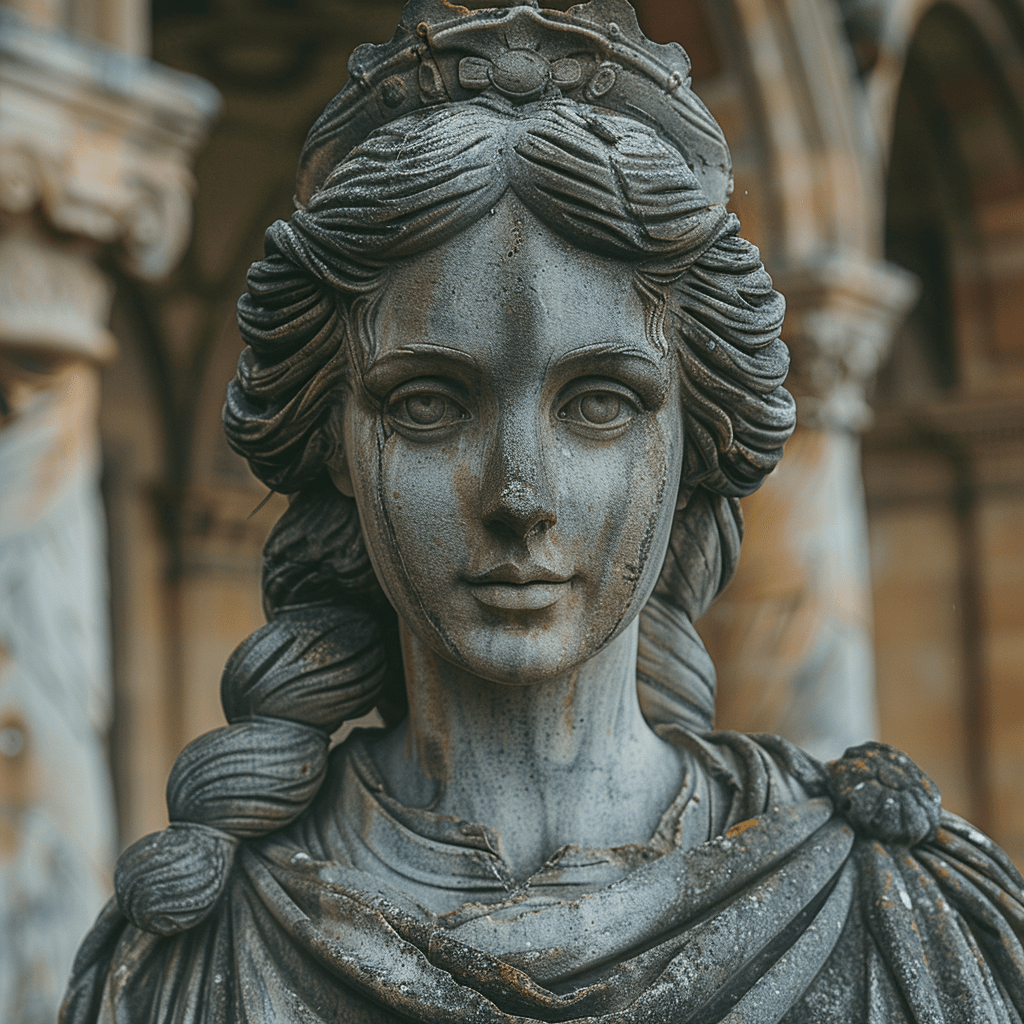
Queen of the gods, wife and sister of Jupiter, and goddess of marriage, women, and childbirth. Known for her jealousy and vindictiveness.
Roman-Mythology
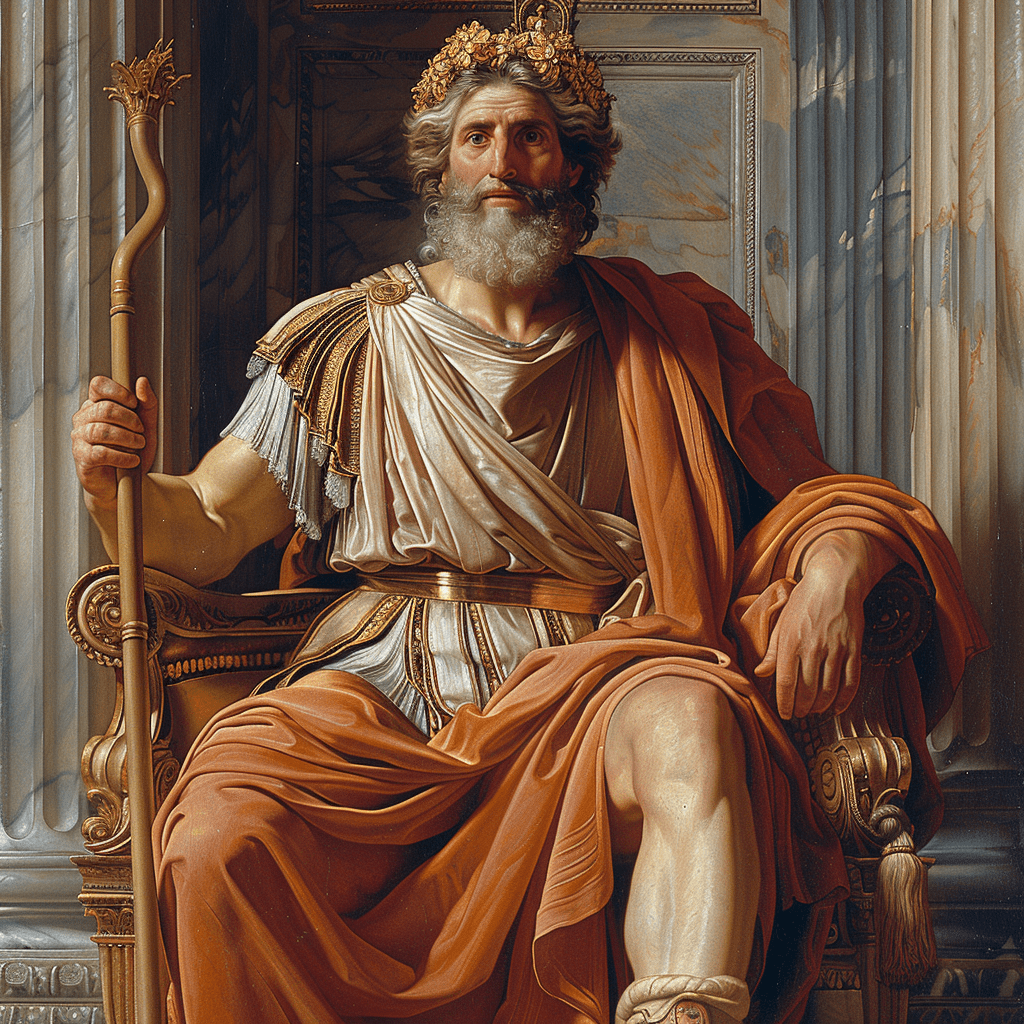
King of the gods, ruler of Mount Olympus, and god of the sky and thunder. Known for his power, authority, and many love affairs.
Bantu-mythology

A clever hare trickster figure in Bantu mythology, known for using his wits to outsmart predators and larger animals.
persian-mythology
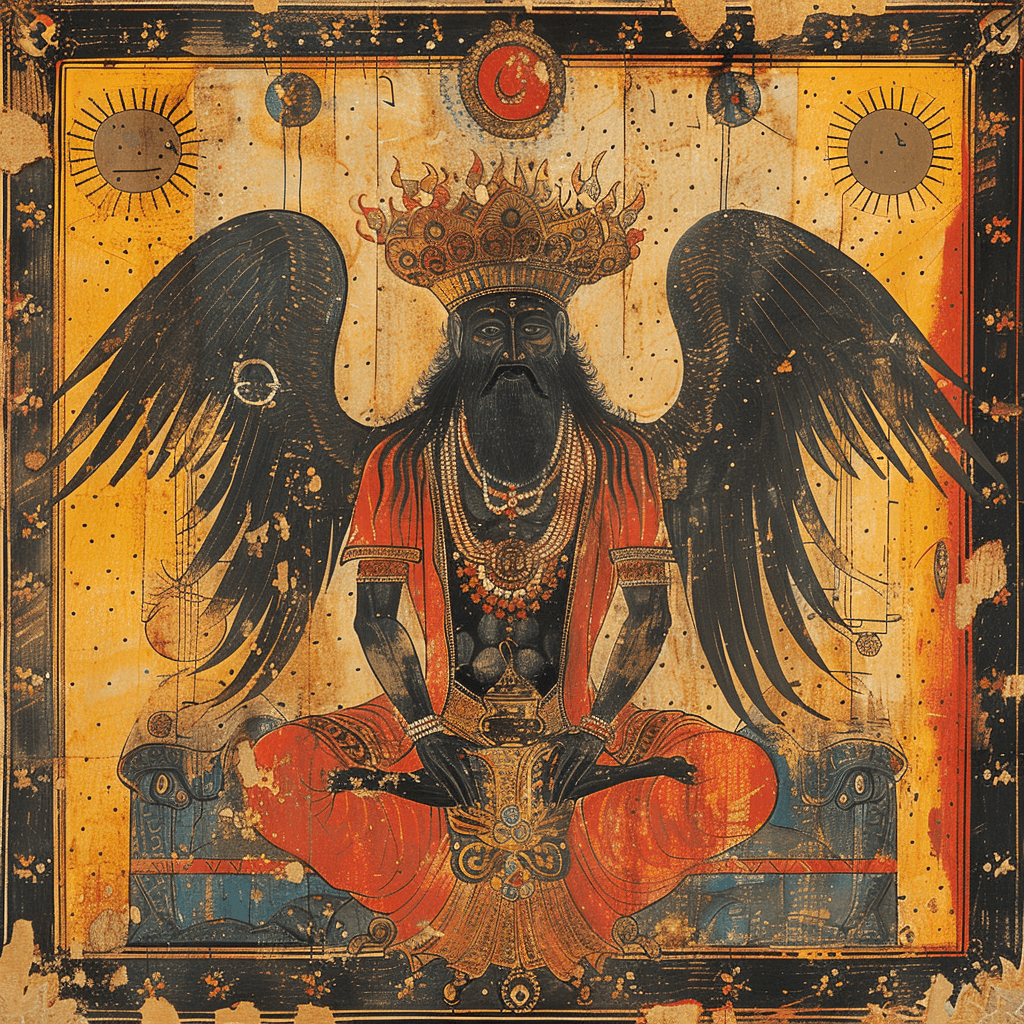
Heroic figure in Persian folklore, who led a revolt against the tyrant Zahhak and helped liberate the people.
persian-mythology
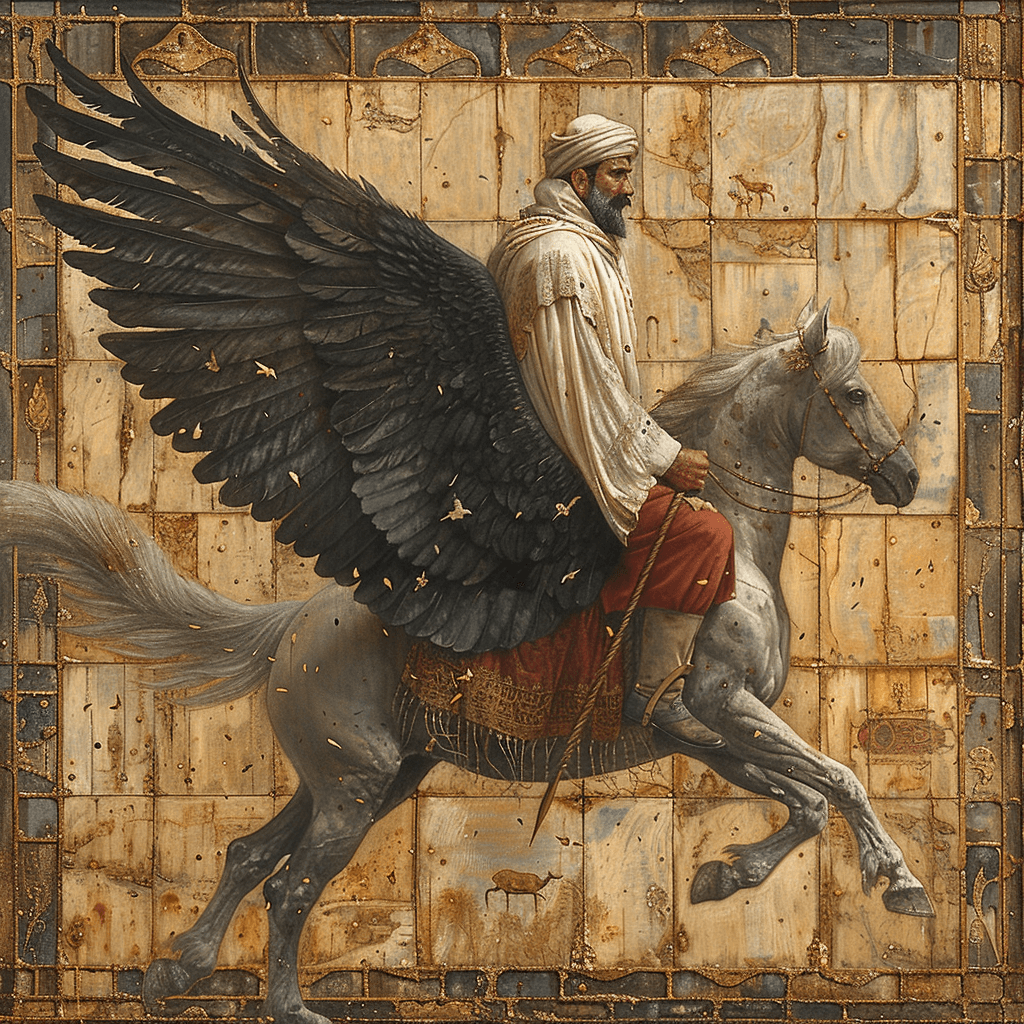
Legendary king in Persian mythology, known for his wisdom and adventurous spirit. Embarked on a perilous journey to the realm of the Simurgh.
Bantu-mythology, Buganda-mythology
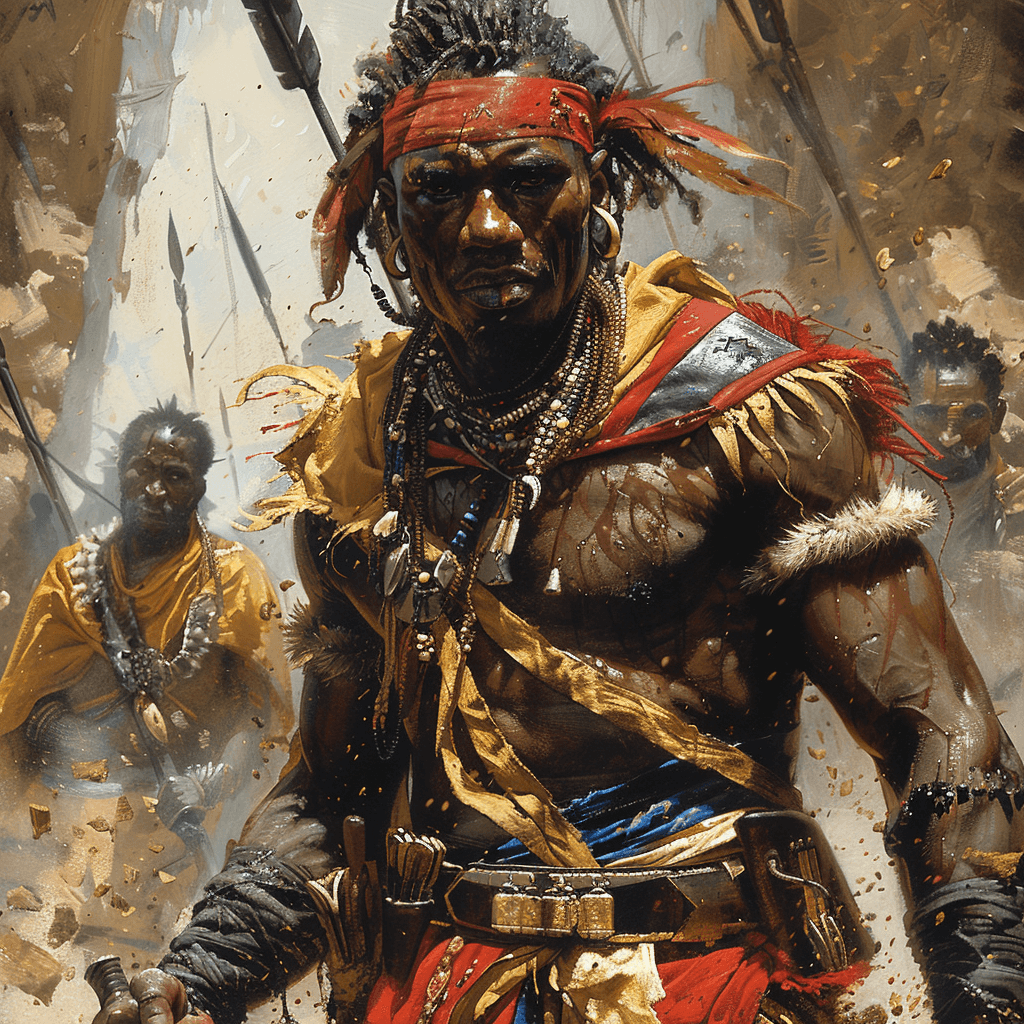
A legendary figure in Buganda mythology, believed to be the first human being and the ancestor of the Baganda people.
Slavic-mythology

An immortal villain in Slavic tales, often depicted as a skeletal figure who cannot be killed because his soul is hidden away.
hindu-mythology

If one Hindu god's name is known and recognized throughout the world, it is Krishna. Hindus identify Krishna as the teacher of the sacred scripture called the Bhagavad Gita and as the friend and mentor of prince Arjuna in the epic the Mahabharata. For his devotees, Krishna is a delight, full of pla...
Hittite-Mythology

Kumarbi is a primordial god in Hittite mythology, associated with chaos. He is the father of the storm god Teshub and engaged in a struggle for power with him.
hindu-mythology

Lakshmi is the Hindu goddess of wealth, fortune and prosperity. She is the wife and shakti (energy) of Vishnu, one of the principal gods in Hinduism. She is also an important deity in Jainism and found in Jain temples.
Lakshmi is called Shri or Thirumagal because she is endowed wi...
Etruscan-mythology, Roman-mythology
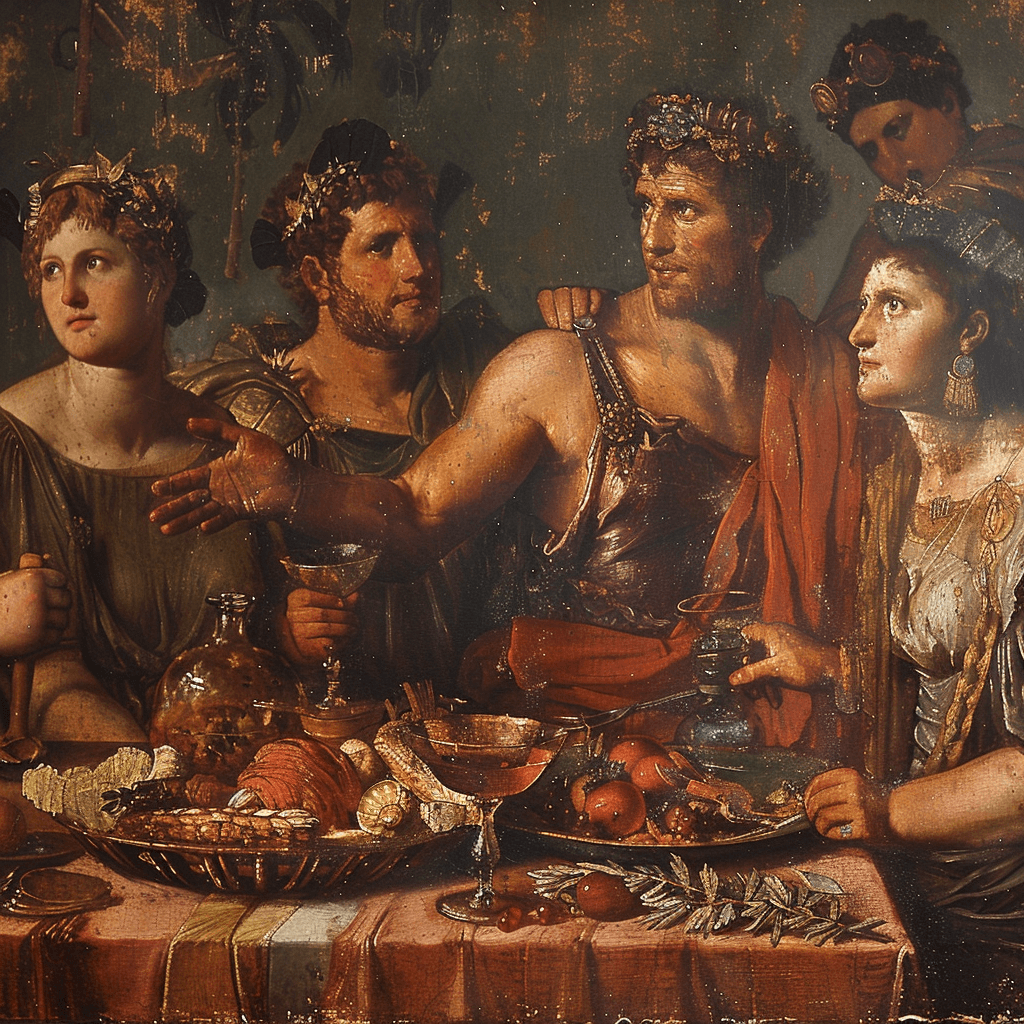
A legendary Etruscan king known for his wars with Rome, featured in Roman and Etruscan folklore.
chinese-mythology

God of thunder, sometimes depicted with a drum in one hand and hammer in the other
Bantu-mythology
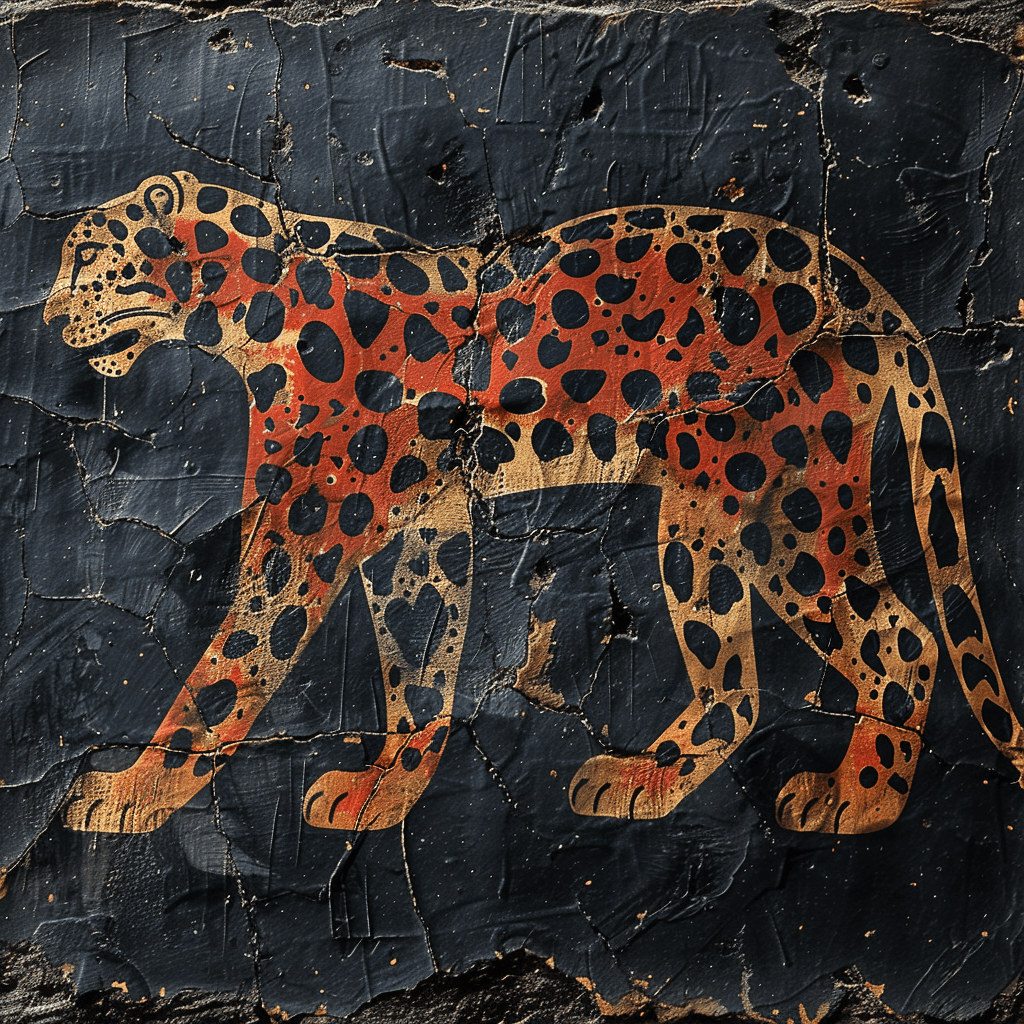
A powerful and feared spirit in Bantu mythology, associated with strength, stealth, and protection of sacred places.
Greek-mythology
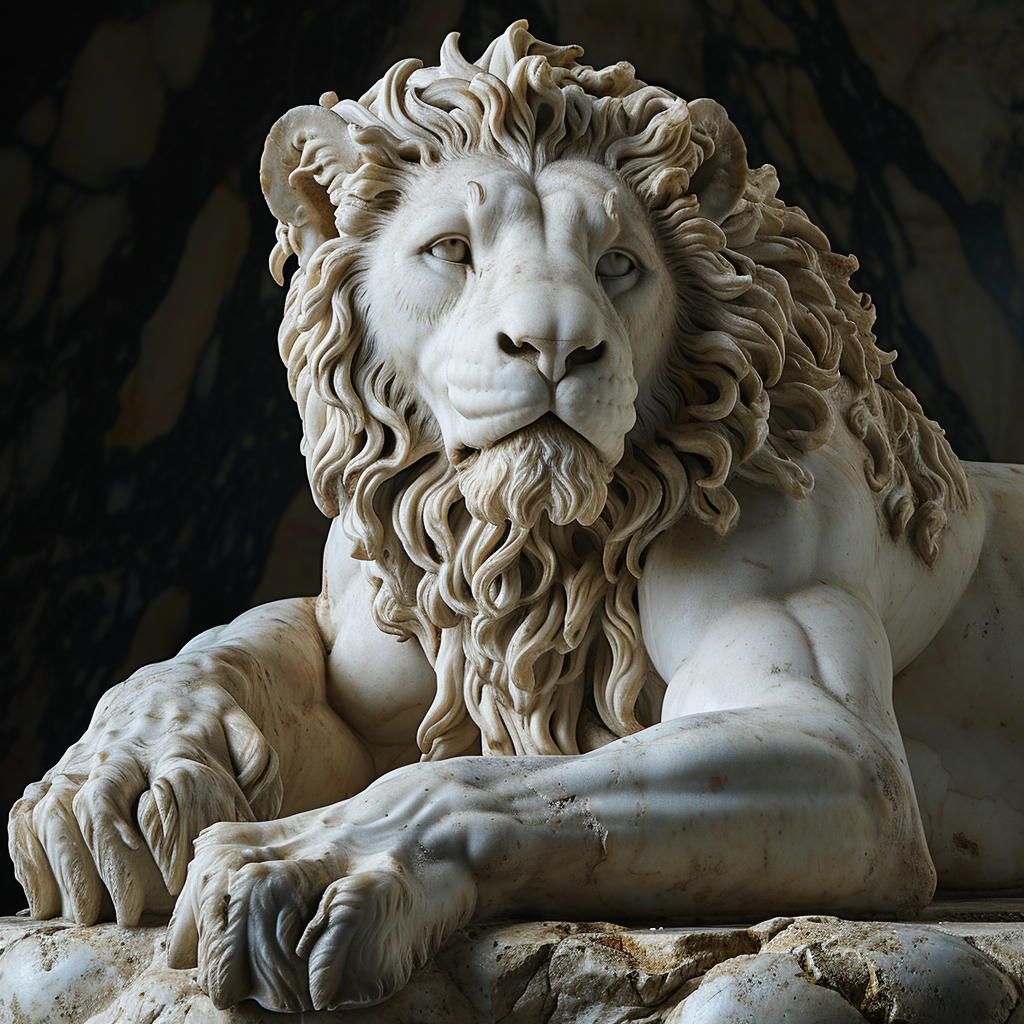
The Nemean Lion in Greek Mythology
The Nemean Lion was a legendary creature in Greek mythology that symbolized the ultimate test of strength and bravery. Its story is closely linked with Hercules, one of the most famous heroes of ancient Greek tales.
Hercules and the Nem...
Slavic-mythology

A forest spirit in Slavic folklore who protects animals and forests, but can also lead travelers astray.
Greek-mythology

In Greek mythology, the name Leucon may refer to: Leucon, a son of Themisto by either Athamas or Poseidon. His children were Erythras, Pisidice and Euippe (mother of Eteocles by Andreus). He was said to have died of a sickness.
Celtic-mythology
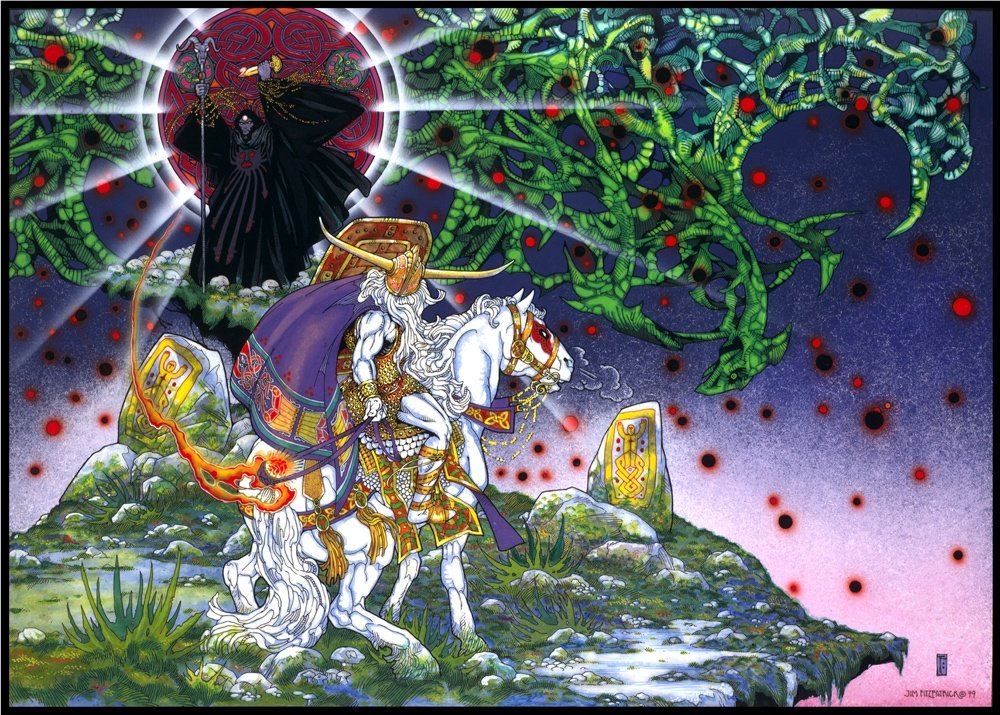
Though rarely mentioned in inscriptions, Lugos or Lugus (as known in Gaul) or his cognates Lugh Lámhfhada (Lugh of the Long Arm) in Gaelic Irish and Lleu Llaw Gyffes (Lleu of the Skillful Hand) in Welsh, was an important deity among the Celtic gods and goddesses. Often revered as the resplendent su...
Greek-mythology

Lycurgus was the quasi-legendary lawgiver of Sparta who established the military-oriented reformation of Spartan society in accordance with the Oracle of Apollo at Delphi.
mesopotamian-mythology
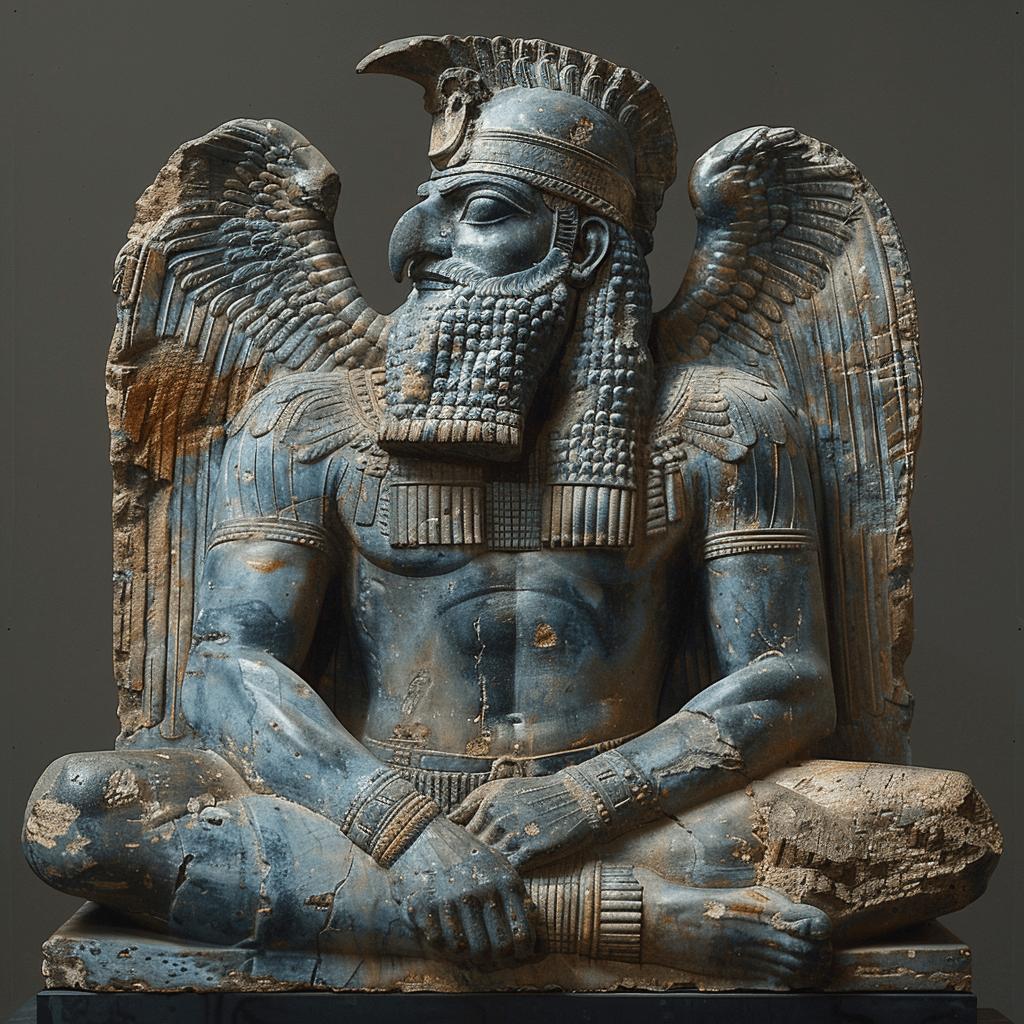
Chief god of Babylon, associated with water, vegetation, judgment, and magic. Known for his victory over the chaos goddess Tiamat.
Bantu-mythology
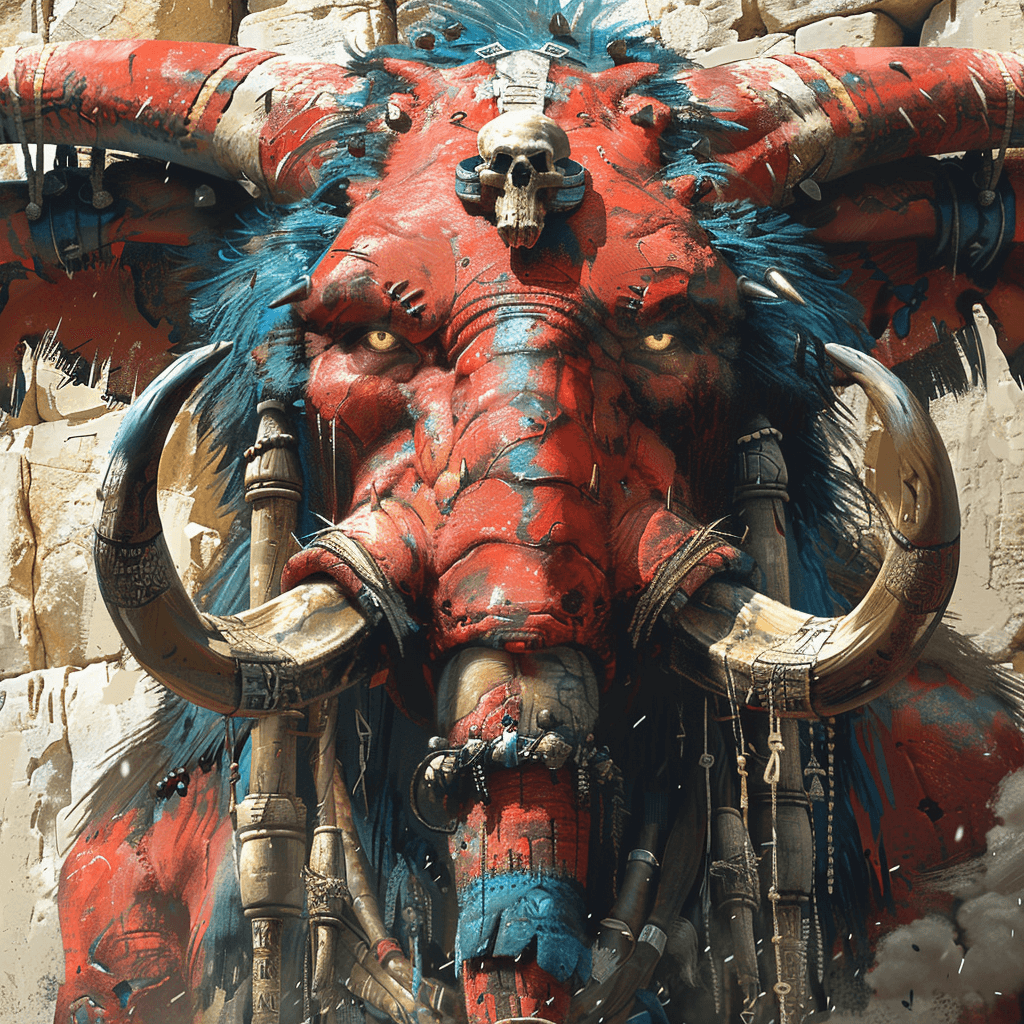
The creator god in Bantu mythology, believed to have vomited out the sun, moon, stars, and the first living creatures.
Greek-mythology

Menelaus, in Greek mythology, king of Sparta and younger son of Atreus, king of Mycenae; the abduction of his wife, Helen, led to the Trojan War. During the war Menelaus served under his elder brother Agamemnon, the commander in chief of the Greek forces.
Roman-Mythology

Messenger of the gods, god of trade, thieves, travelers, and guide to the underworld. Known for his speed and cunning.
Greek-mythology
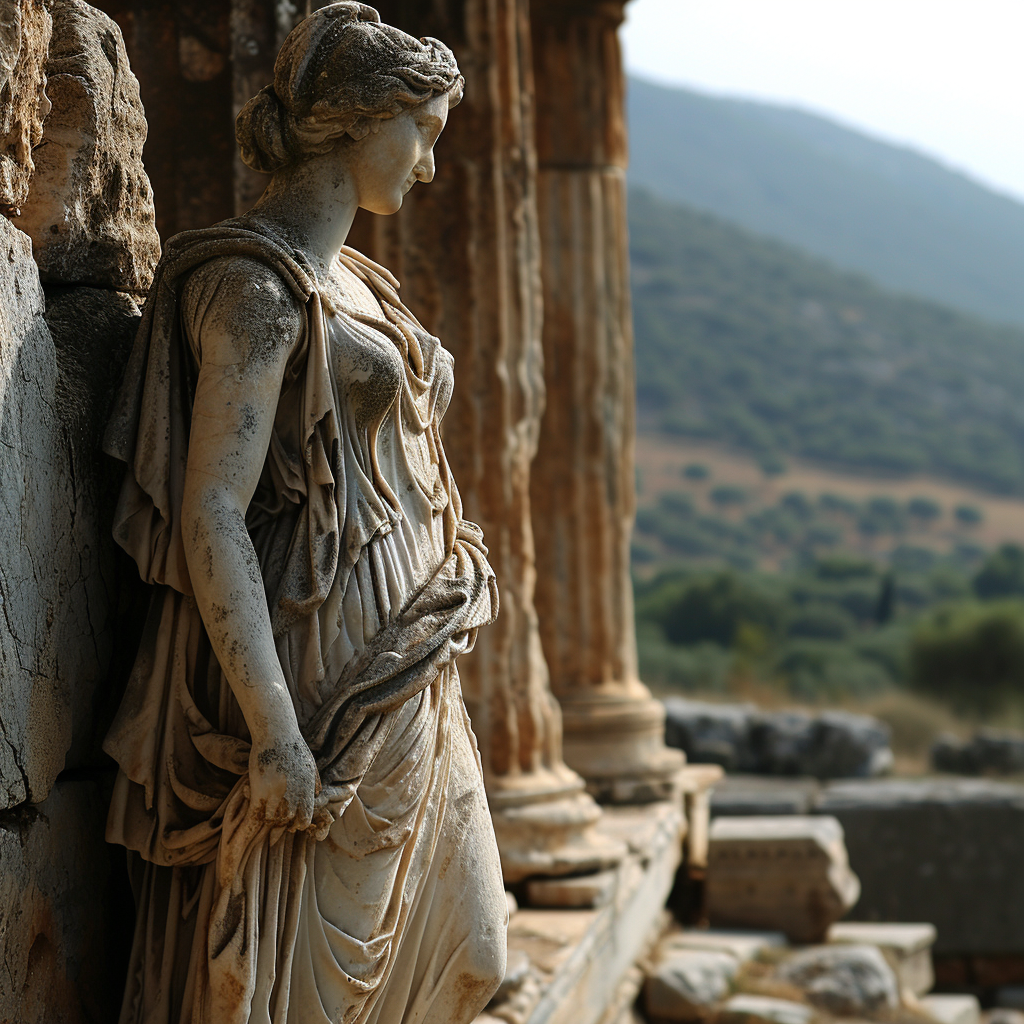
Messene in Greek Legendary History
Messene is a figure from Greek legendary history, recognized chiefly as the daughter of Triopas. She is not a central figure in the mainstream myths but plays a role in the legendary history and lineage of certain regions in ancient Greece.
...Roman-Mythology
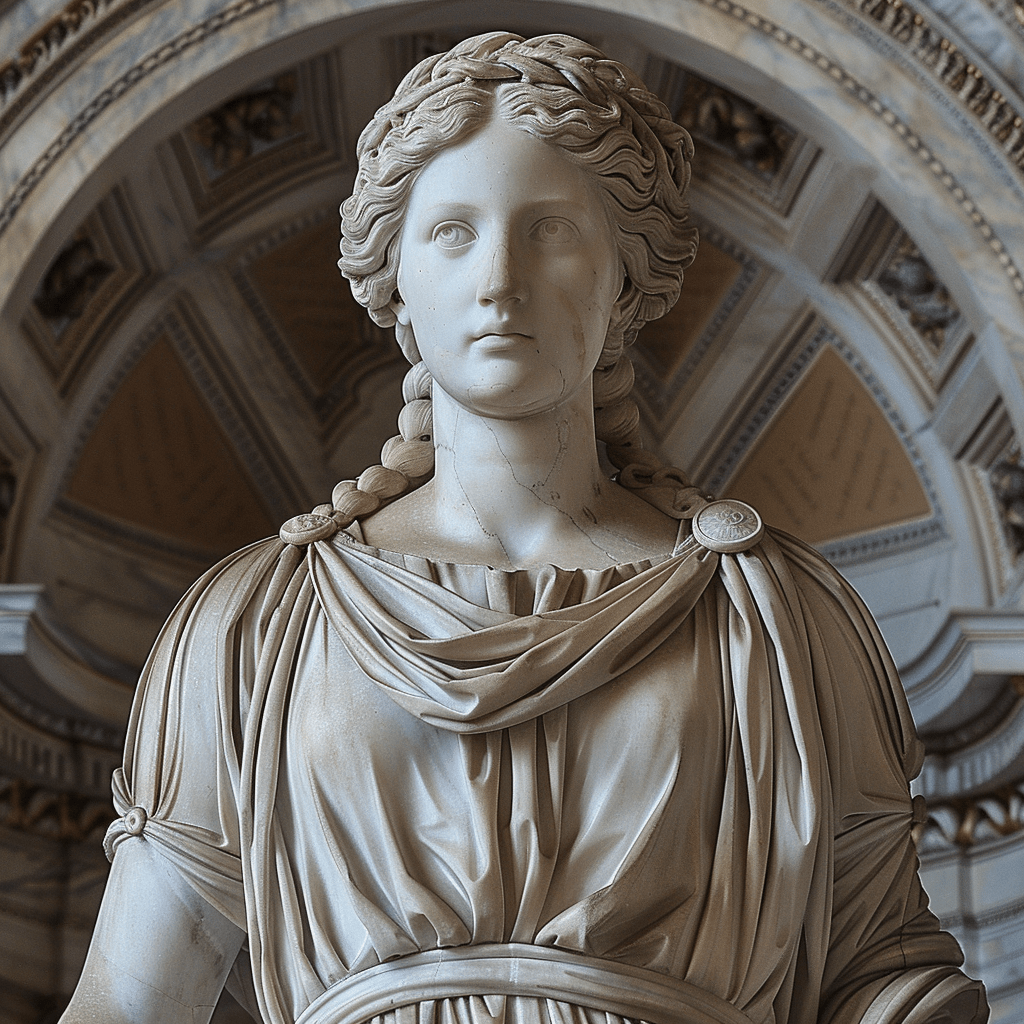
Goddess of wisdom, strategic warfare, and handicrafts. Associated with knowledge, reason, and strategic skill.
Slavic-mythology
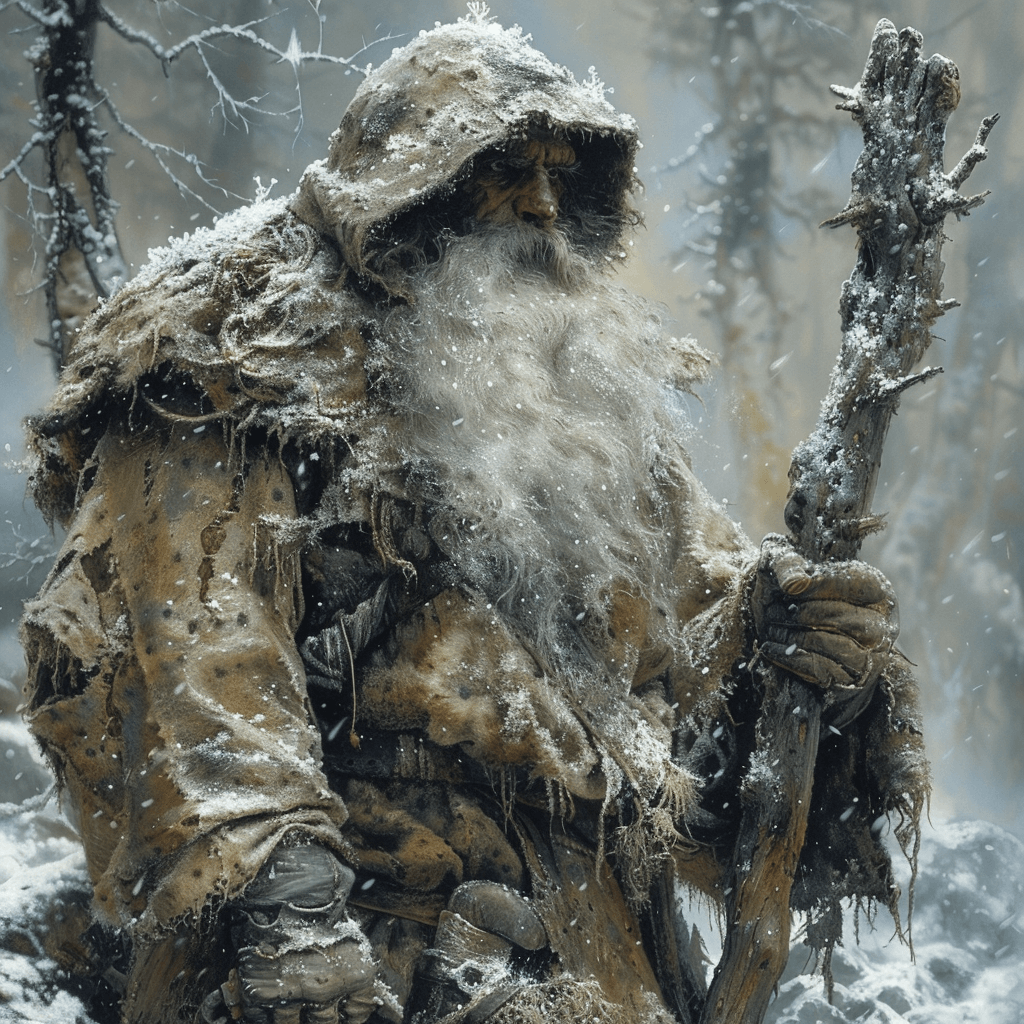
The personification of frost in Slavic folklore, often depicted as an old man who brings cold weather and frost.
Celtic-mythology
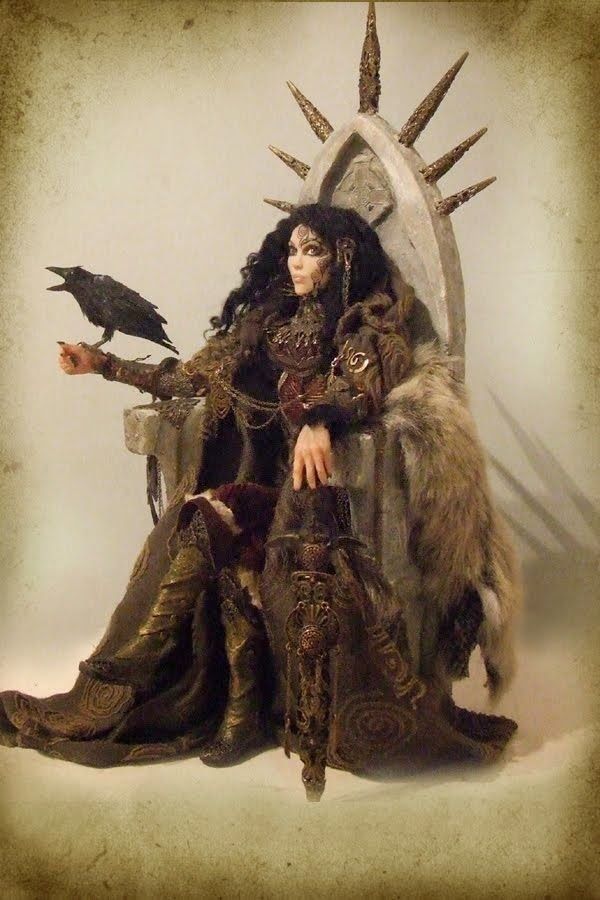
Morrigan (also known as Morrígu) was perceived as a mysterious and rather ominous female deity among the Irish Celtic gods and goddesses, associated with both war and fate. In modern Irish, her name Mór-Ríoghain roughly translates to the ‘phantom queen’. Befitting this cryptic epithet, in the mythic...
Bantu-mythology

A deity in Bantu mythology, associated with rain, water, and fertility, worshipped for agricultural abundance and protection against drought.
Bantu-mythology
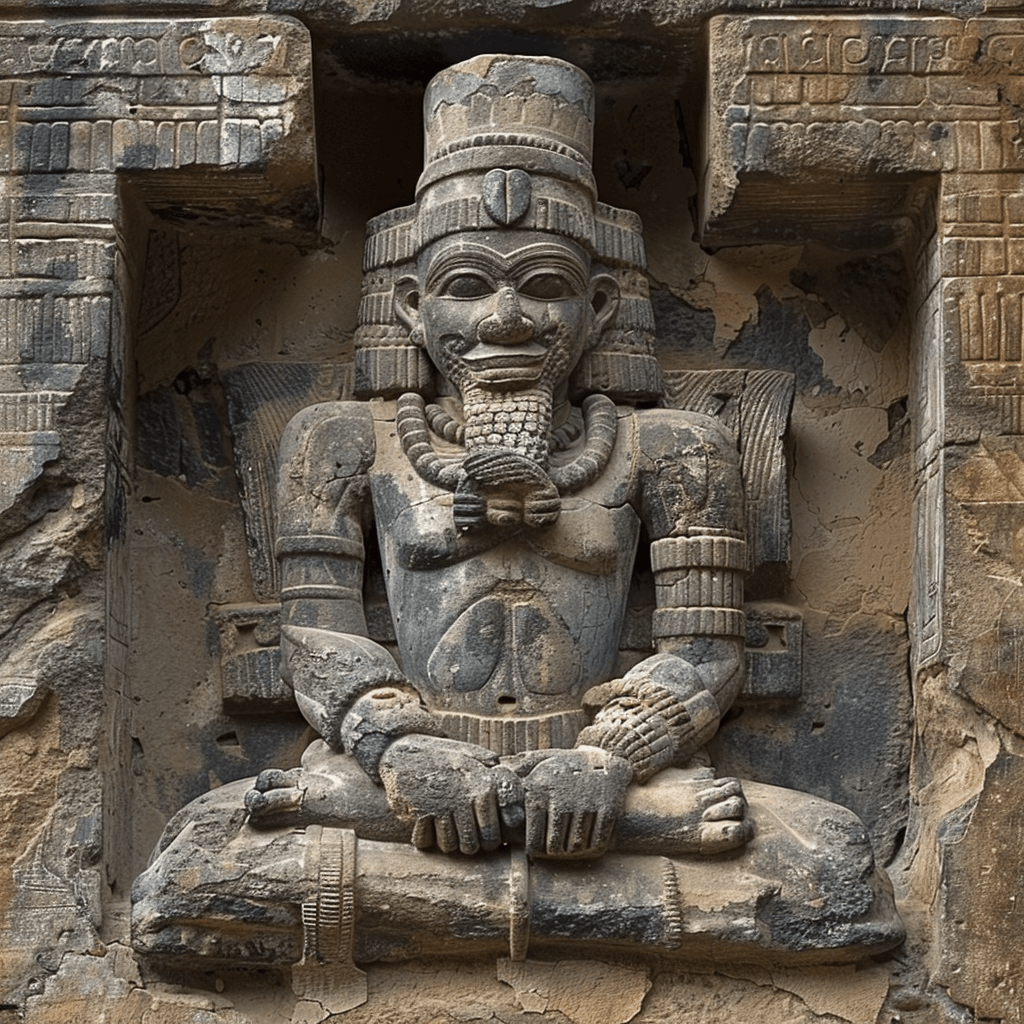
The supreme creator deity in Bantu mythology, responsible for the creation of the universe and all living beings.
Greek-mythology

Munichus (or Munychus), Son of Panteucles
Munichus (or Munychus), the son of Panteucles, is a figure in Greek mythology about whom very little is known. His mention in the classical myths is minimal, and he does not feature prominently in the famous Greek legends.
Limite...
Bantu-mythology
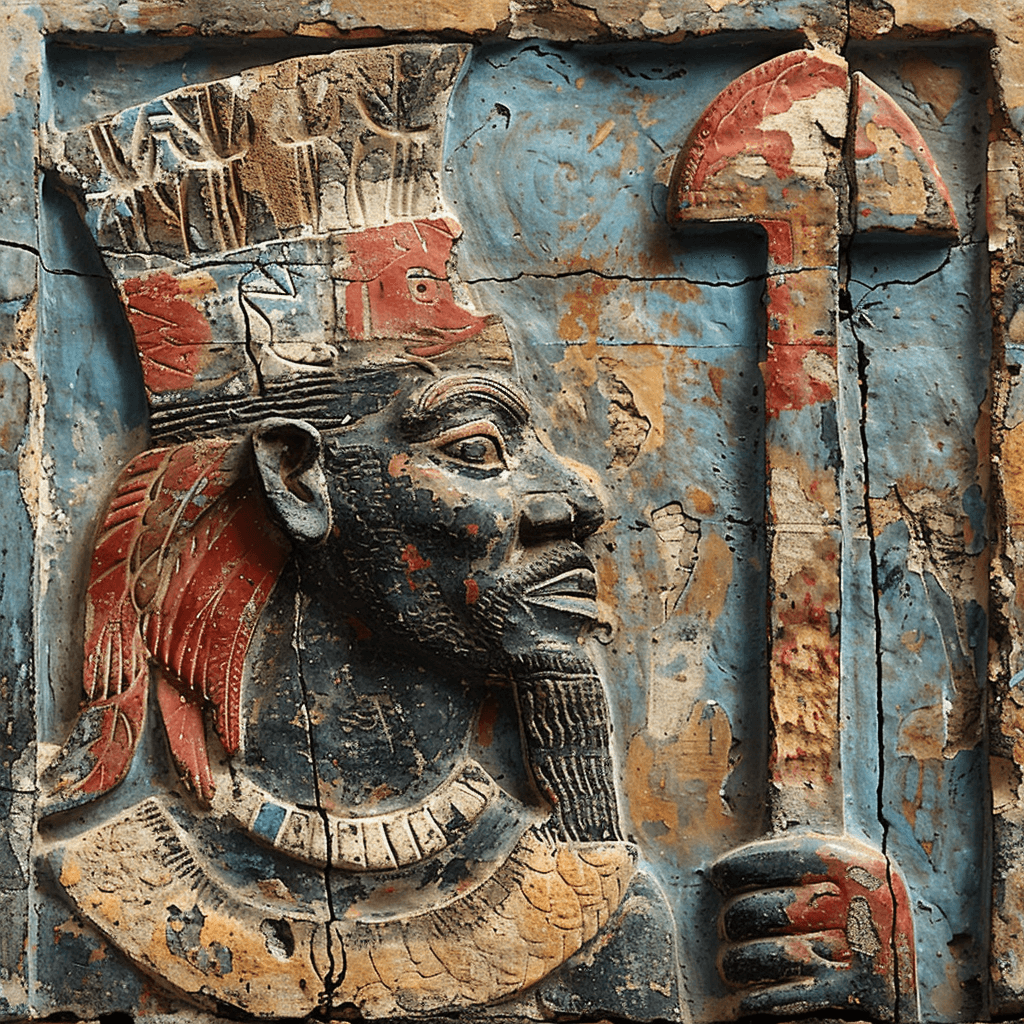
A heroic figure in Bantu mythology, known for his adventures and battles against supernatural forces to protect his people.
Greek-mythology
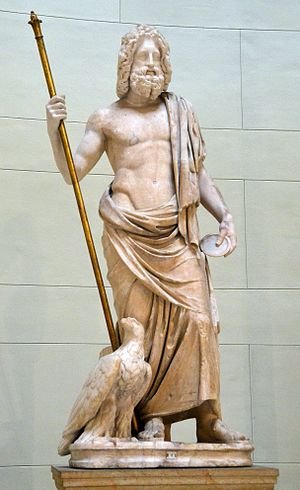
In Greek mythology, Myrtilus was a divine hero and son of Hermes. His mother is said variously to be an Amazon, either Theobule or Myrto; Phaethusa, daughter of Danaus; or a nymph or mortal woman named Clymene, Clytie, or Cleobule.
Bantu-mythology, Malagasy-mythology

The supreme creator god in Malagasy mythology, responsible for the creation of the world and all living things.
Roman-Mythology
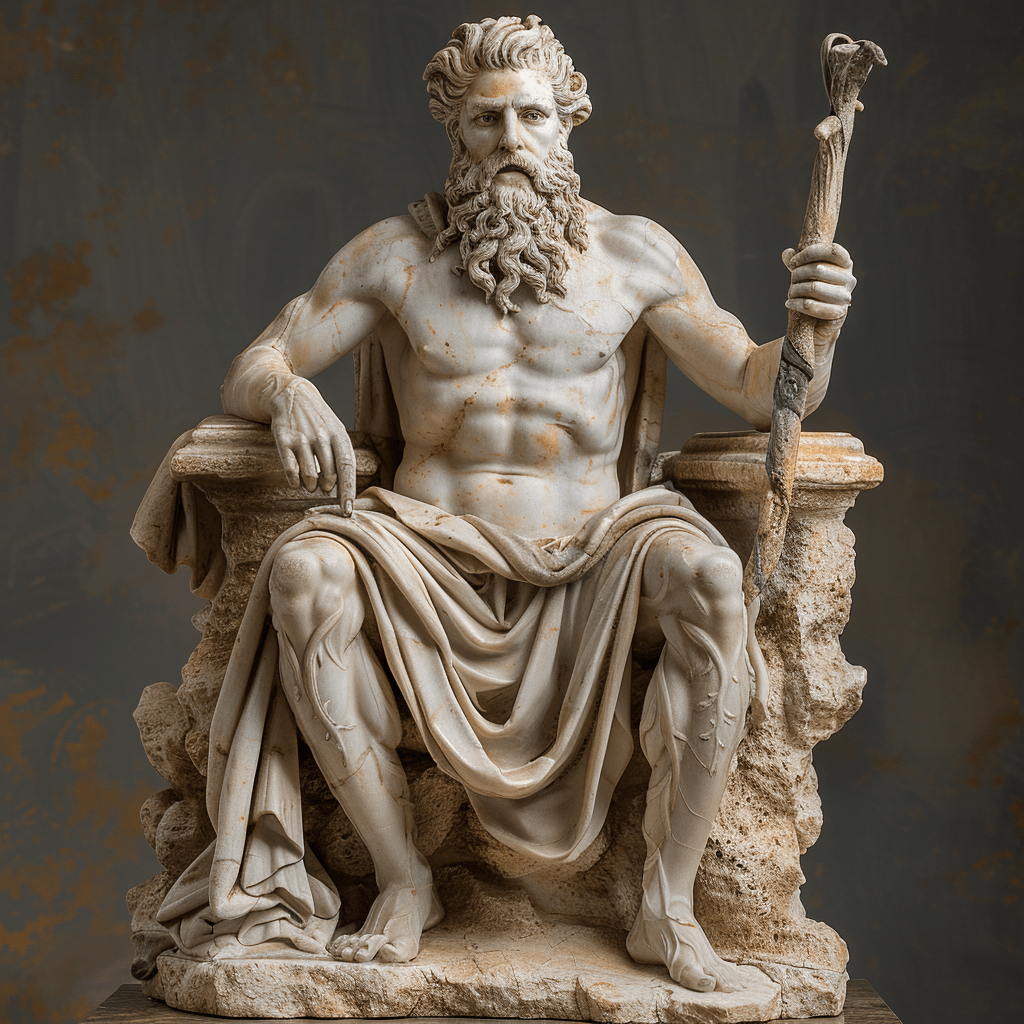
God of the sea, earthquakes, and horses. Brother of Jupiter and Pluto, often depicted with a trident and accompanied by sea creatures.
mesopotamian-mythology

God of war, pestilence, and the sun in ancient Mesopotamian religion. Associated with fire and destruction.
mesopotamian-mythology
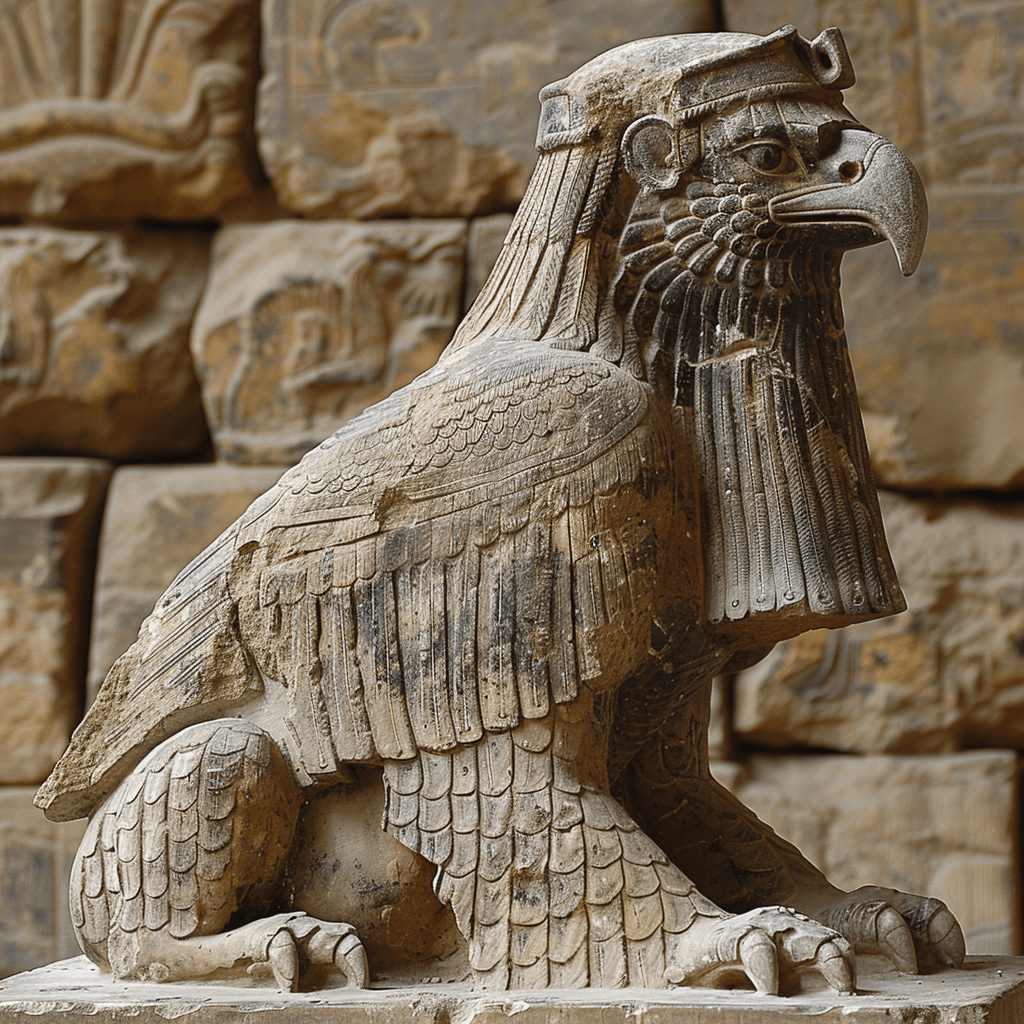
God of agriculture, hunting, and warfare. Associated with storms, thunder, and the slaying of monsters.
Norse-mythology
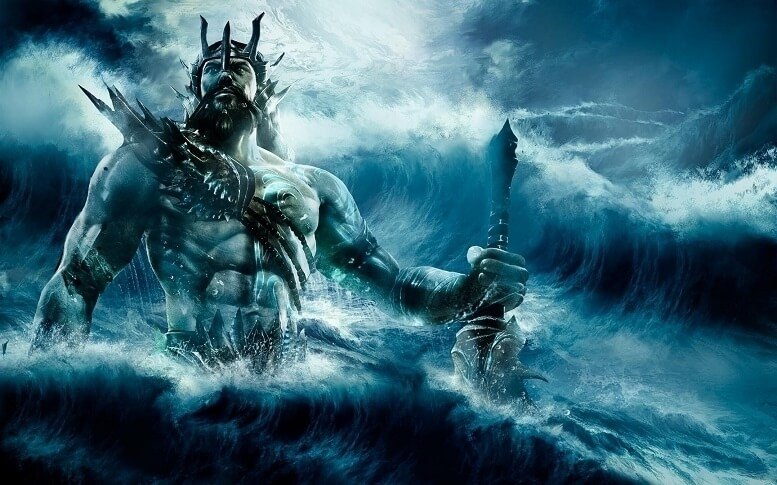
jord (Njorðr, originally Nerpuz) guides the course of the winds and governs sea and fire; he grants to those who call upon him good fortune at sea and in the chase, and he dispenses wealth, whether of lands or of chattels. Of old he came from Vanaheim. 3 It so befell that when the Æsir and the Van...
chinese-mythology
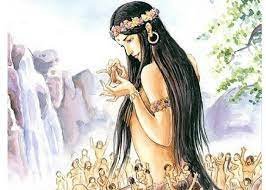
Goddess of flood control and rivers, also associated with the sun
chinese-mythology
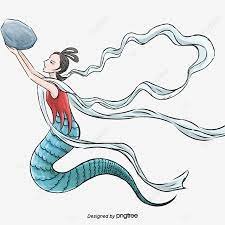
Goddess of creation, often depicted as a woman with five faces
Norse-mythology

Odin, the supreme deity, had, besides the title of All-Father, many other names. He was called Ygg (The Awful), Gagnrad (He Who Determines Victories), Herjan (God of Battles), Har (The High One), Jafnhar (Even as High), Thridi (Third), 1 Nikar, Nikud, Bileyg (One With Evasive Eyes), Baleyg (One With...
Greek-mythology
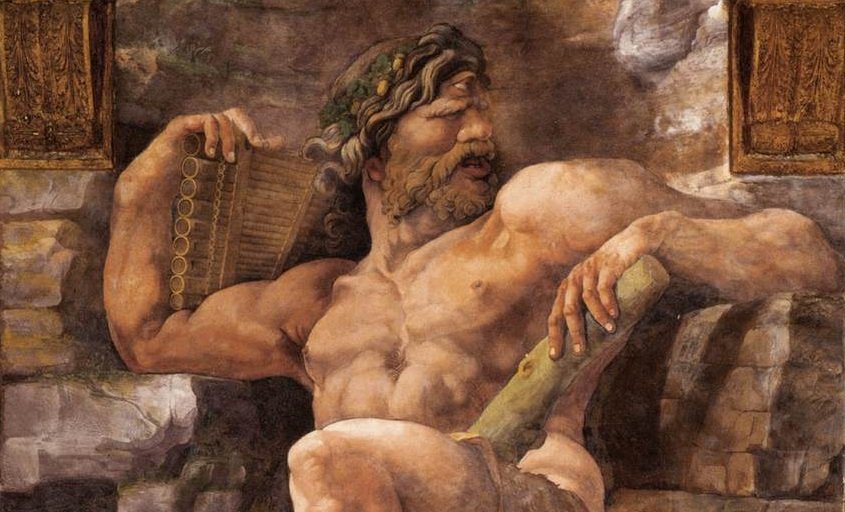
In Greek mythology, Odysseus was the son of Laertes and Antikleia (or Anticlea) and the King of Ithaca, leader of the Kephallenians. Married to Penelope, he also had a son, Telemachos (or Telemachus). The hero was also fortunate enough to regularly receive the special aid and protection of the godde...
Greek-mythology

Oedipus, in Greek mythology, the king of Thebes who unwittingly killed his father and married his mother. Homer related that Oedipus's wife and mother hanged herself when the truth of their relationship became known, though Oedipus apparently continued to rule at Thebes until his death.
Celtic-mythology
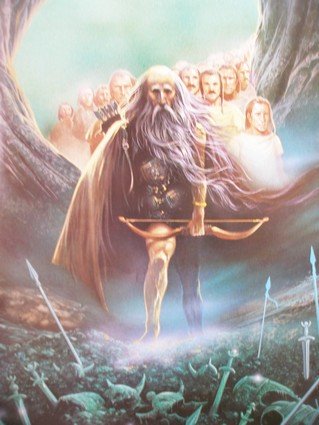
In most ancient mythical narratives, we rarely come across divine entities that are solely associated with language. Well, Ogmios, as one of the ancient Celtic gods, goes against this ‘trend’ since he was simply considered as the god of eloquence. 2nd century Hellenized Syrian satirist and rheto...
Greek-mythology
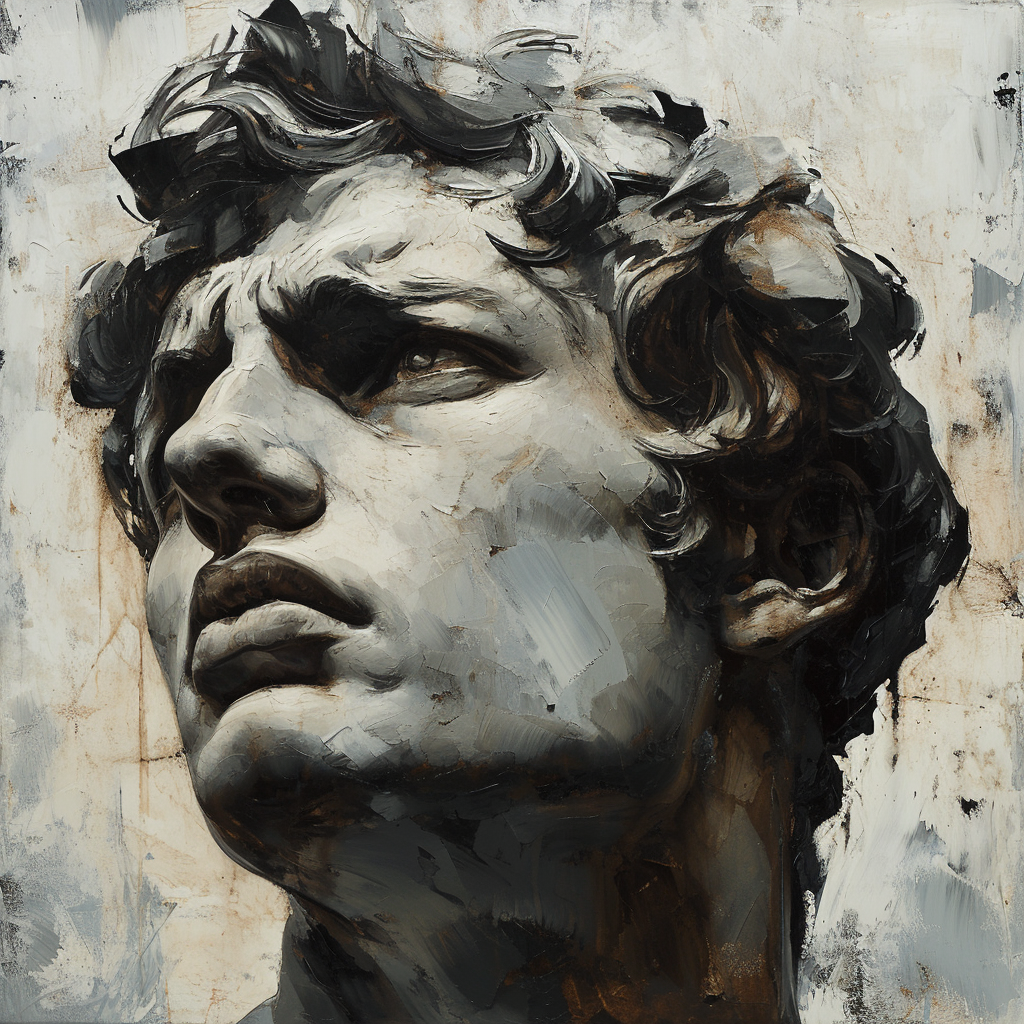
Orestes in Greek Mythology
Orestes is a significant figure in Greek mythology, known for his role in the tragic cycle of events that befall the House of Atreus. He is a central character in various ancient Greek plays and myths, particularly those concerning justice and the consequen...
egyptian-mythology
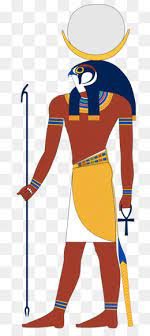
God of the underworld and the afterlife who was killed and resurrected
Greek-mythology
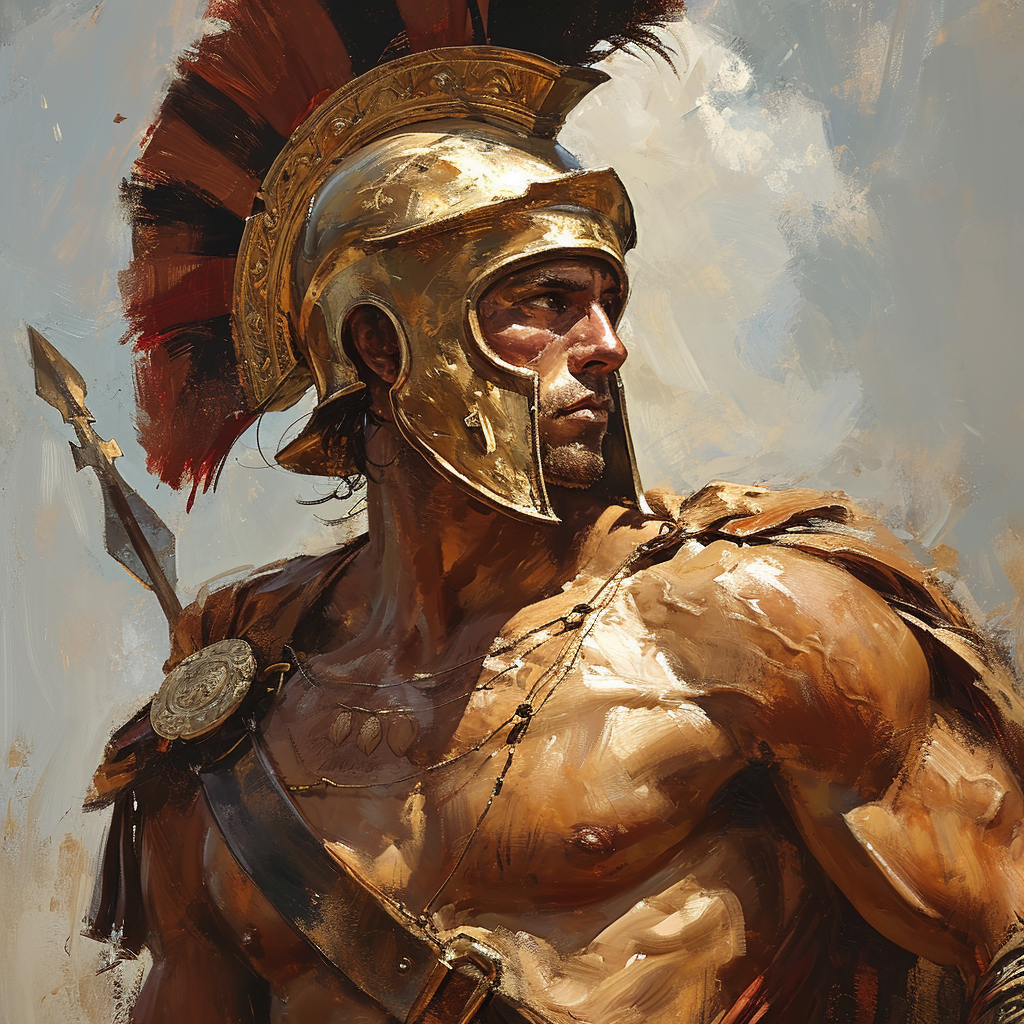
In Greek mythology, Palamedes is a somewhat less prominent figure compared to heroes like Achilles or Odysseus, and as a result, there are fewer detailed descriptions of his appearance in the classical texts. However, he is often portrayed as a figure of significant intellect and cunning, much like...
Greek-mythology

Pandion in Greek Mythology
Pandion is a name attributed to two legendary kings of Athens in Greek mythology. Both are relatively less prominent figures compared to other mythological characters but play a role in the mythological lineage of Athenian rulers.
Pandion I
Greek-mythology

Parrhasius of Ephesus
Parrhasius of Ephesus was a celebrated painter of ancient Greece, renowned for his skill and innovation in the art of painting. He lived during the 5th century BCE and was a contemporary of other famous artists like Zeuxis.
Life and Career
...Greek-mythology

Peleus in Greek Mythology
Peleus is a notable figure in Greek mythology, best known as the father of Achilles, the Greek hero of the Trojan War. His life was marked by both favor and tragedy, intertwined with the whims of gods and the destiny of mortals.
Background
...Greek-mythology

PELOPS was a king of the Eleian city of Pisa and the eponymous overlord of the western Peloponnesos, the so-called "Island of Pelops". His father King Tantalos of Lydia was impious man who, wishing to test the fallibility of the gods, butchered the young Pelops and served him at a feast of the gods.
persian-mythology

Mythical fairy-like beings in Persian folklore, often depicted as beautiful winged creatures. Associated with beauty and magic.
Greek-mythology
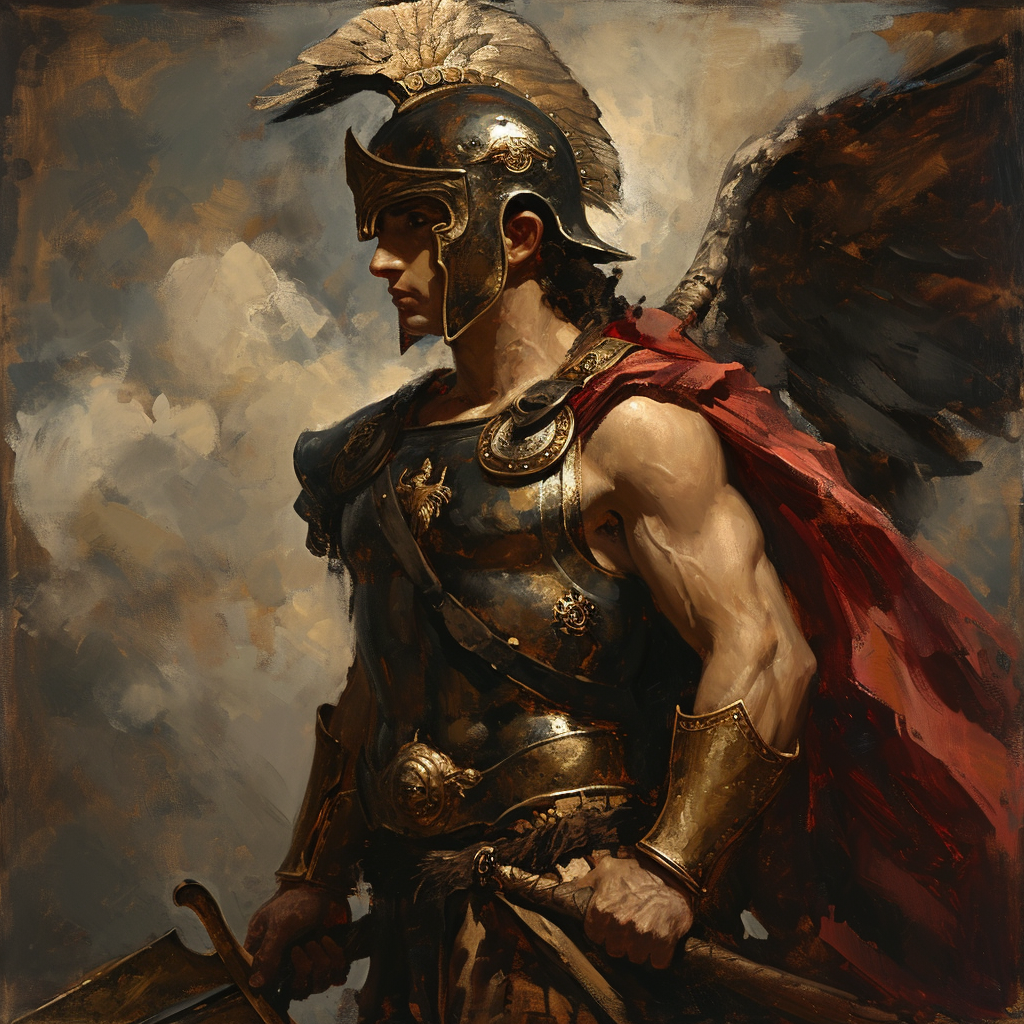
Perseus in Greek Mythology
Perseus is one of the most celebrated heroes in Greek mythology, renowned for his daring escapades and noble adventures. He is often regarded as one of the primary heroes in Greek lore, preceding other legendary figures like Heracles and Theseus.
...Greek-mythology
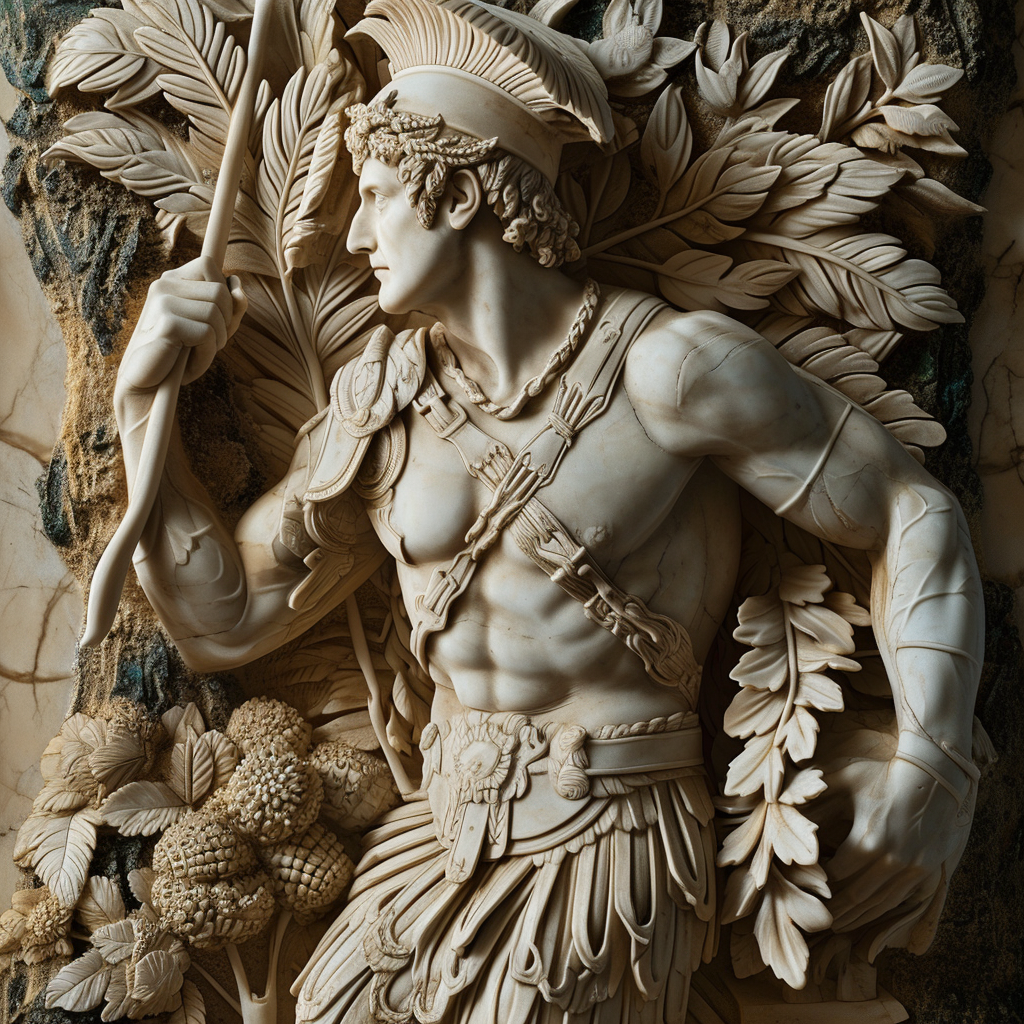
Phalanthus of Tarentum. In Greek mythology, Phalanthos is a divine hero, the leader of the Spartan Partheniae and the founder of Taranto. He is said to have been condemned to death by the ephors.
Greek-mythology

Pleuron of Aetolia. In Greek mythology, Pleuron was a son of Aetolus and Pronoe, daughter of Phorbus, and brother of Calydon. He was married to Xanthippe, daughter of Dorus, by whom he became the father of Agenor, Sterope, Stratonice, and Laophonte.
Roman-Mythology
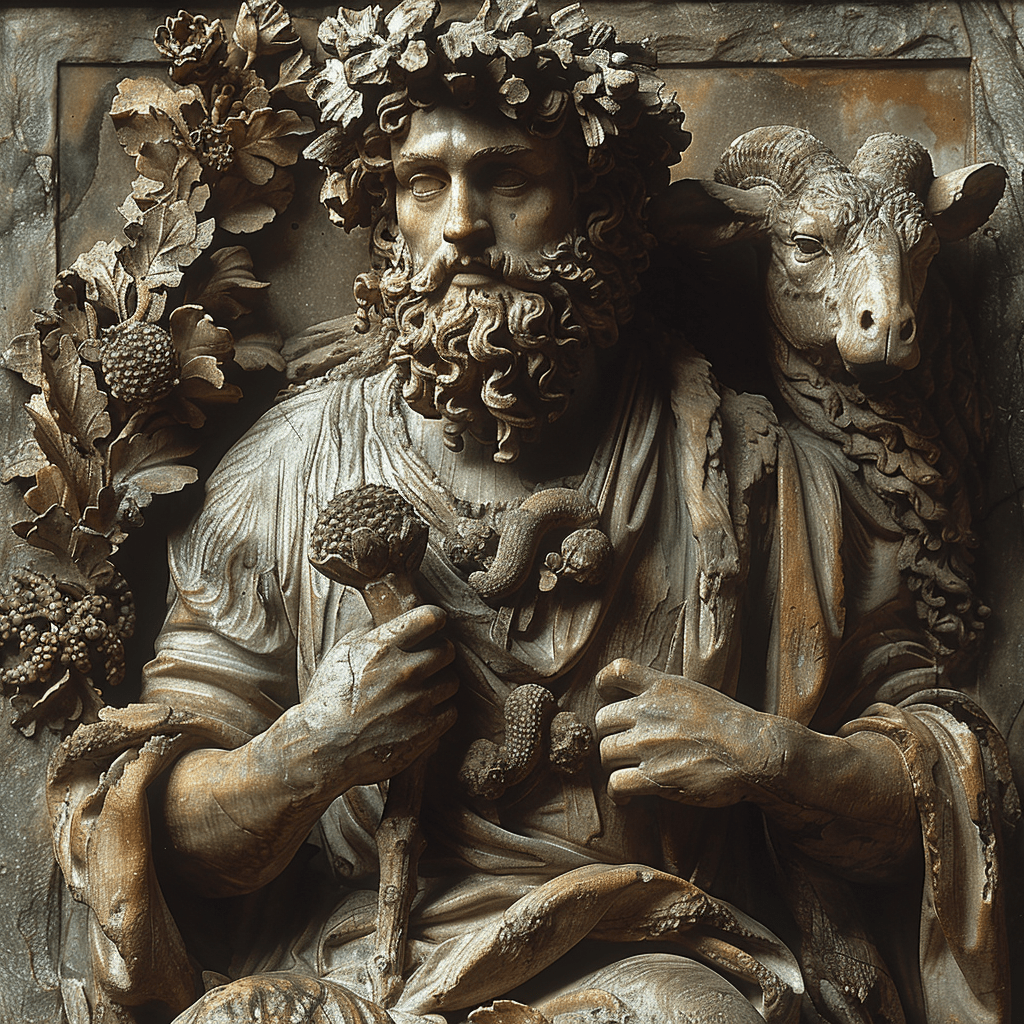
God of the underworld and the dead. Known for his role in ruling the underworld and his abduction of Persephone.
Greek-mythology
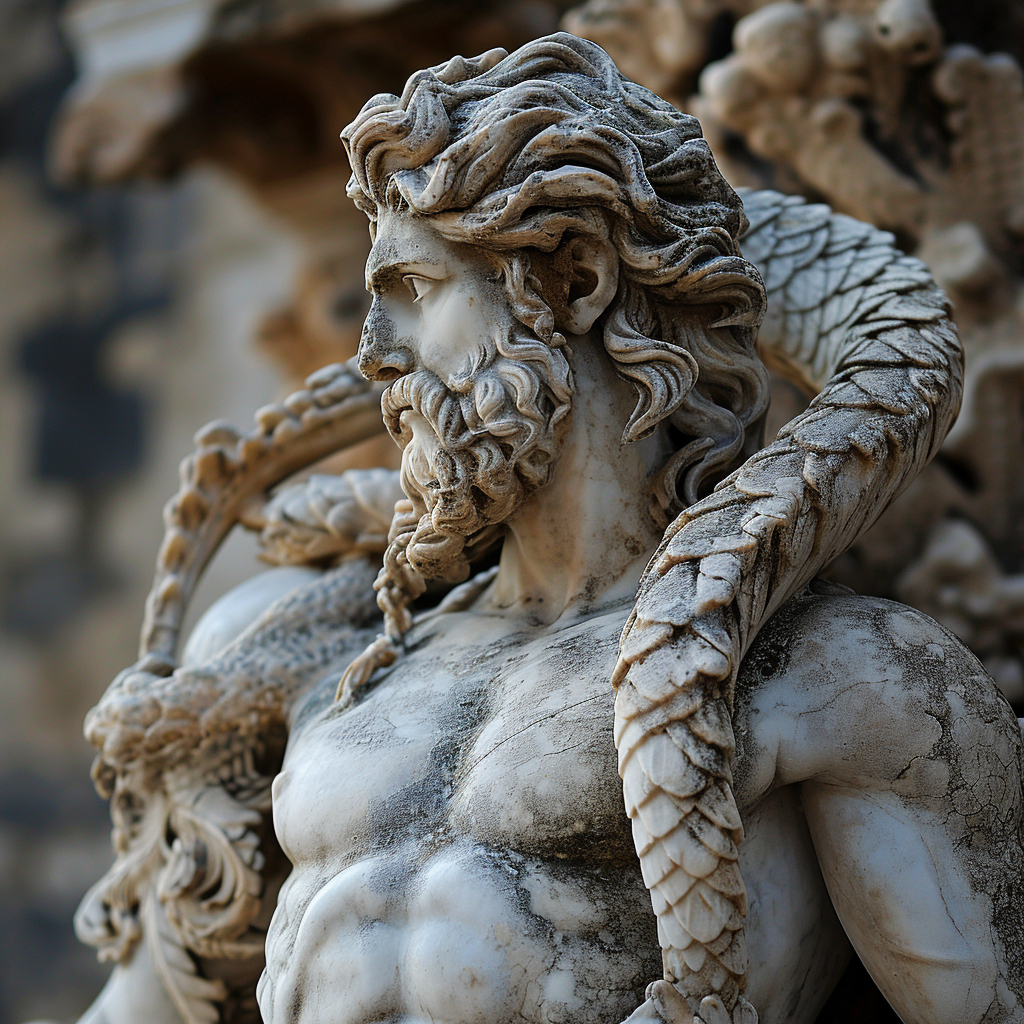
Podalirius in Greek Mythology
Podalirius is a lesser-known but significant figure in Greek mythology, renowned primarily for his skills in medicine. He was one of the sons of Asclepius, the god of medicine, and Epione, and the brother of Machaon.
Role in the Trojan War
Greek-mythology
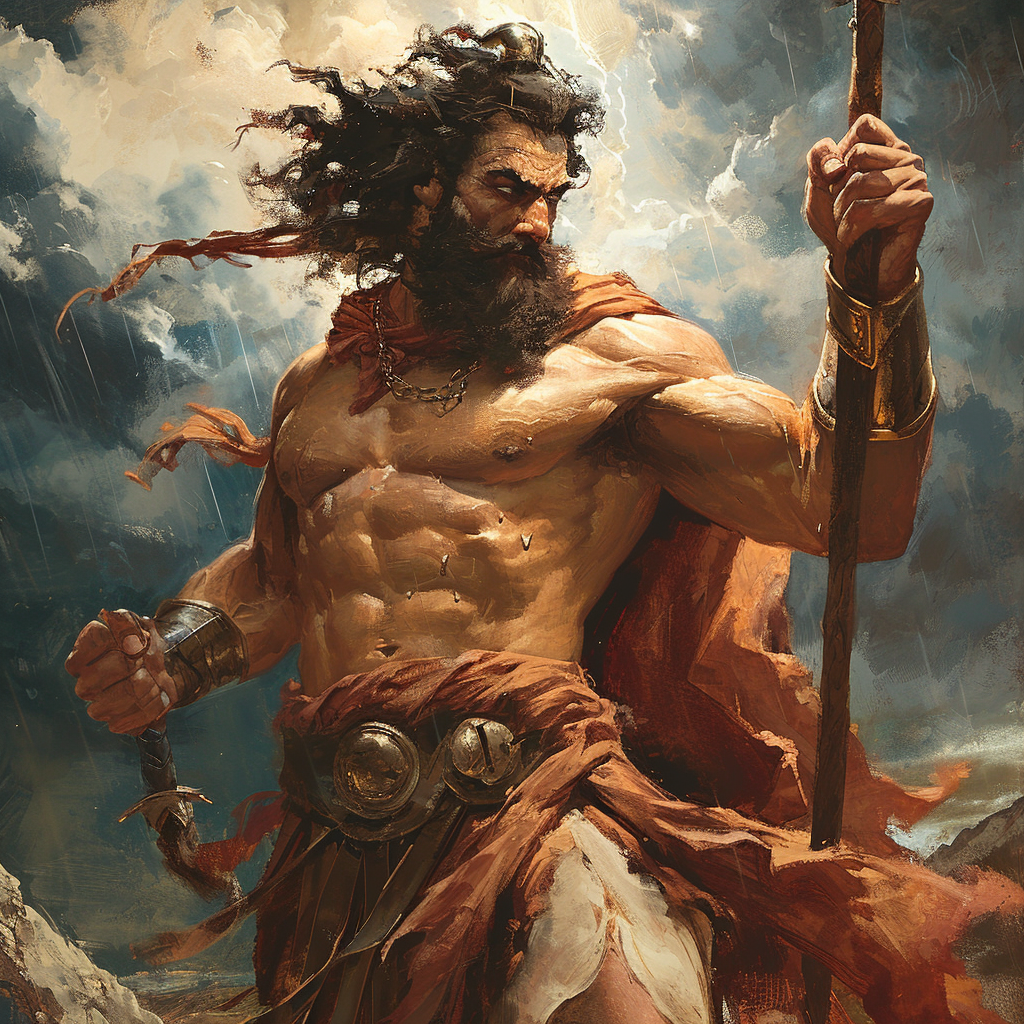
In Greek mythology, Protesilaus was a hero in the Iliad who was venerated at cult sites in Thessaly and Thrace. Protesilaus was the son of Iphiclus, a "lord of many sheep"; as grandson of the eponymous Phylacos, he was the leader of the Phylaceans.
egyptian-mythology

The sun god who created the world and sailed through the sky in a boat
hindu-mythology

Rama is a major deity of Hinduism, and a central character in the ancient Hindu epic, the Ramayana. He is the seventh avatar of the god Vishnu and is known as the perfect human being, an ideal son, husband, and king. He is one of the most popular and widely worshipped Hindu gods, and is us...
Arabian-mythology
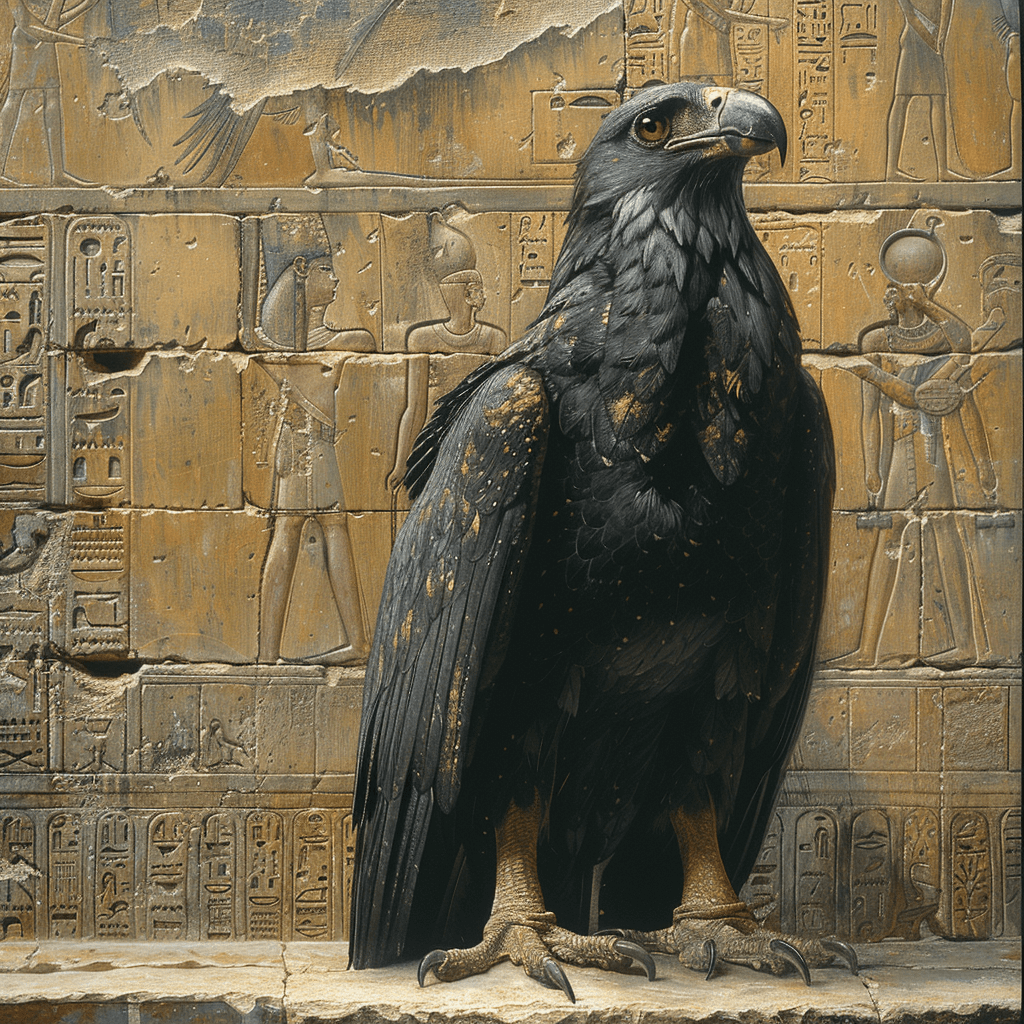
A giant mythical bird of prey in Arabian mythology, said to be able to carry off elephants and other large animals.
Roman-Mythology
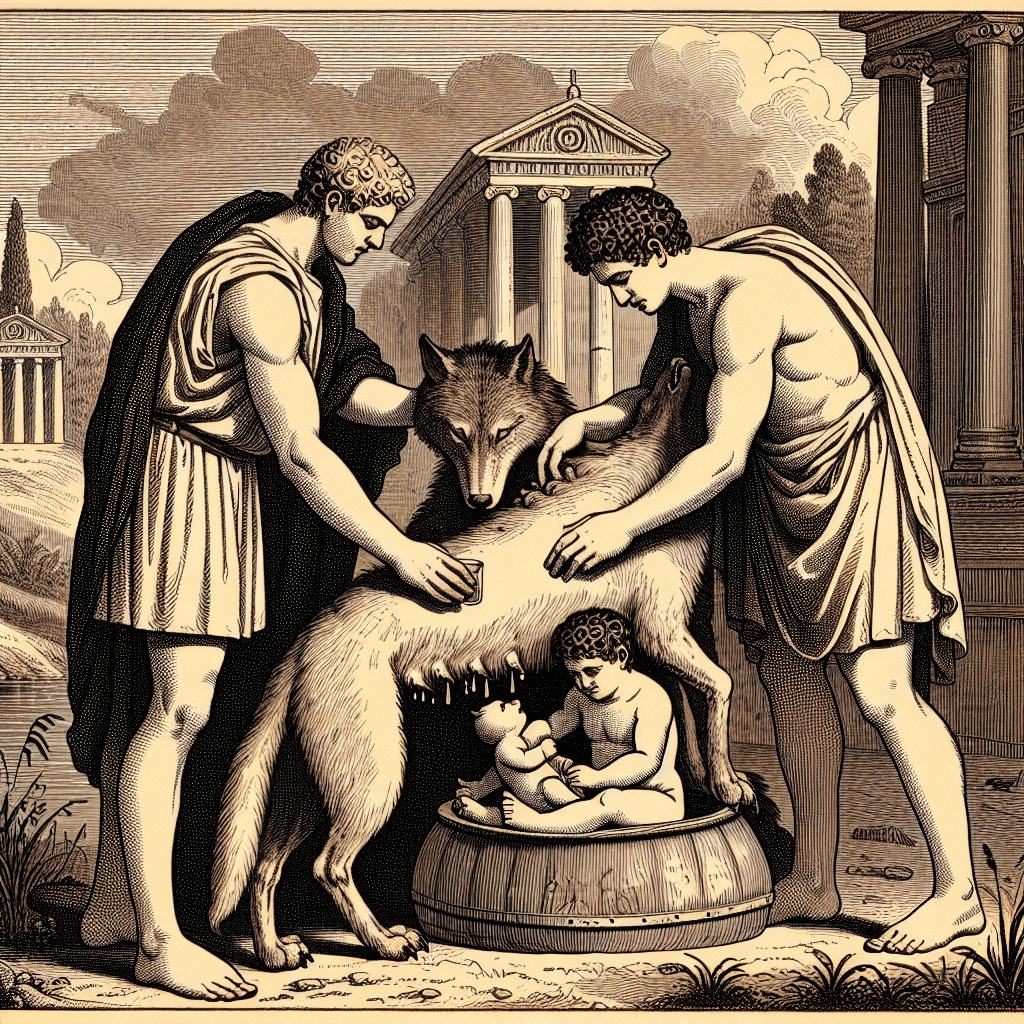
Twin brothers raised by a she-wolf who later founded the city of Rome. Romulus killed Remus and became the first king of Rome.
persian-mythology
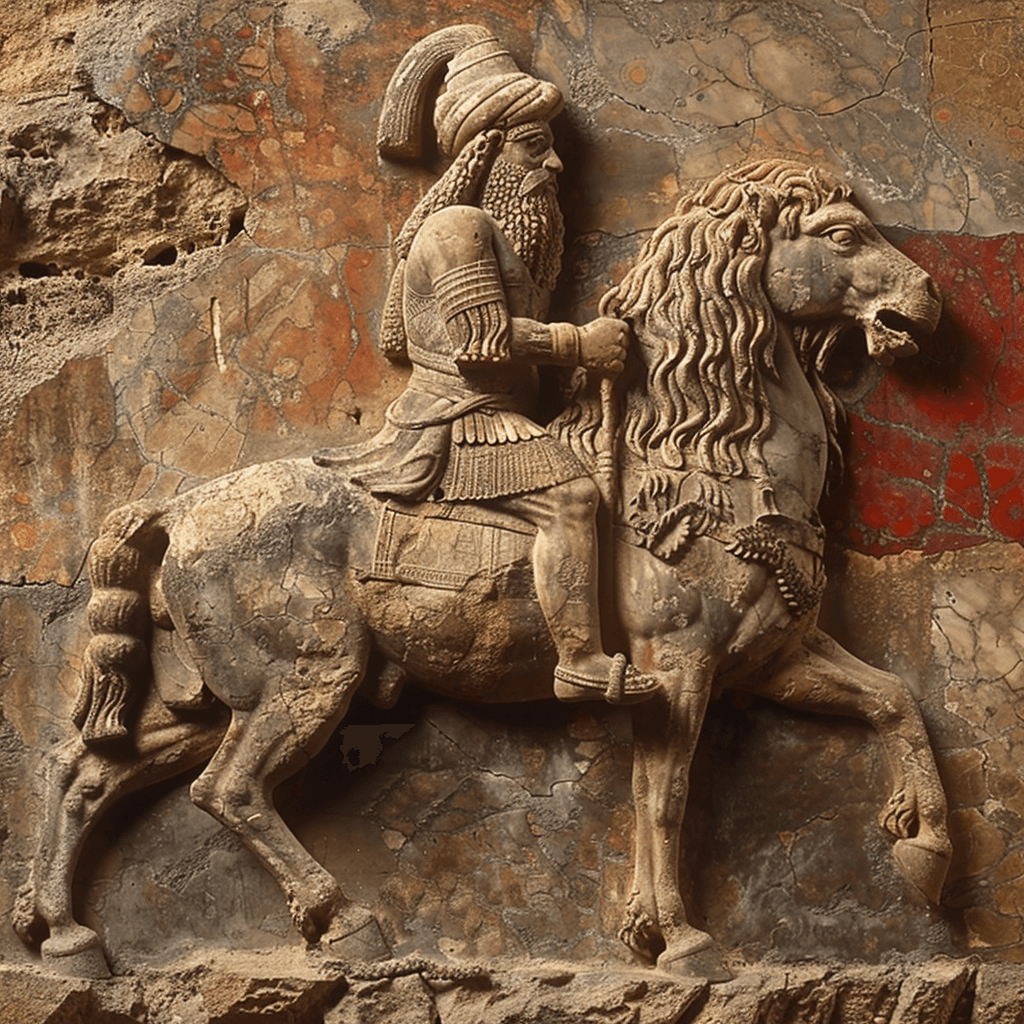
Legendary hero in Persian mythology, known for his strength and bravery. Central figure in the Shahnameh epic.
Slavic-mythology

A water nymph or mermaid in Slavic folklore, often associated with bodies of water and known for their enchanting songs.
hindu-mythology

Saraswati is the consort of Brahma the Creator and is worshipped as the goddess of learning, wisdom, speech, and music. Hindus offer prayer to Saraswati before beginning any intellectual pursuit, and Hindu students are encouraged to offer prayers to her during the school/college term and especially...
Arabian-mythology

A legendary queen and storyteller in Arabian Nights, known for her ability to captivate a king with her tales and thereby saving her own life.
Hittite-Mythology
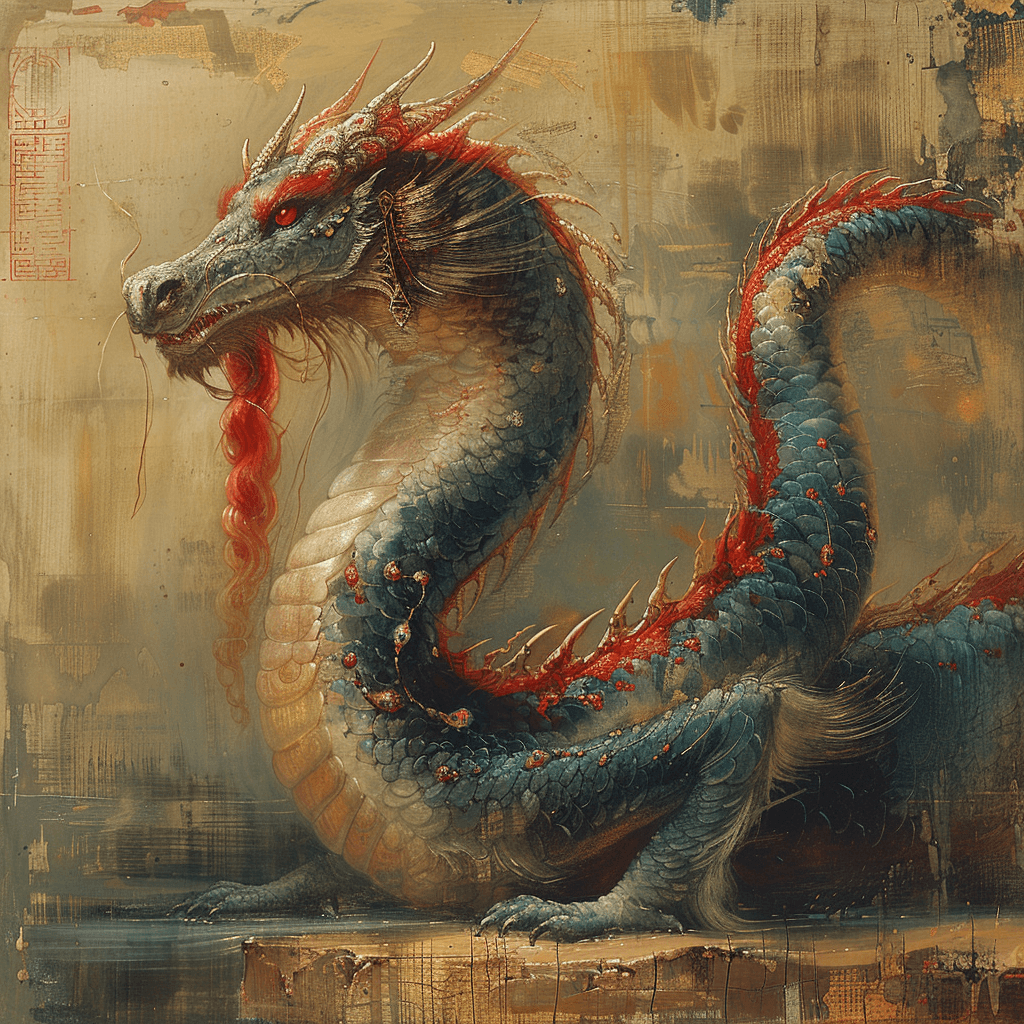
Illuyankas is also associated with the sea in Hittite mythology, where he is depicted as a powerful deity controlling the waters.
egyptian-mythology

Lioness-headed goddess of war and healing
Etruscan-mythology
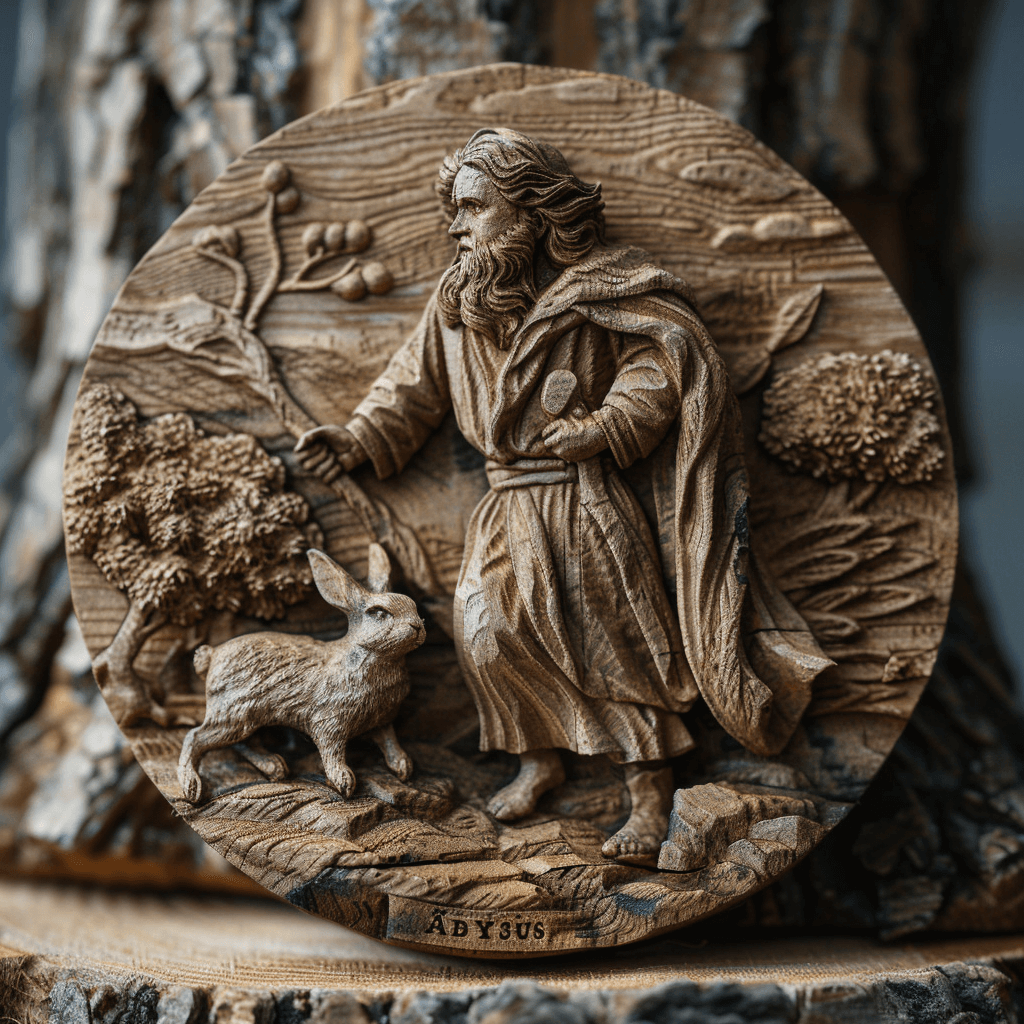
The god of the forest and wildlife, often depicted with a bow and accompanied by woodland creatures.
Hittite-Mythology
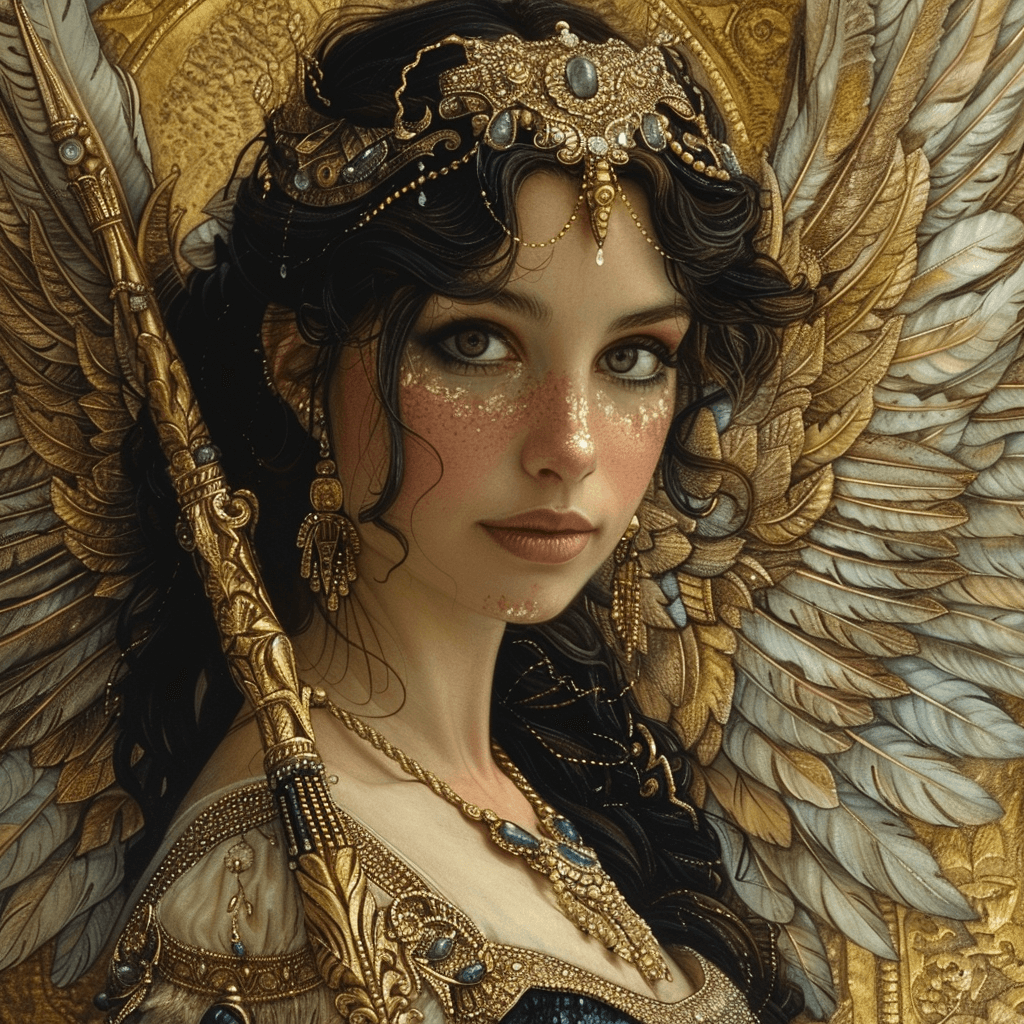
Shaushka is the Hittite goddess of love and fertility, revered for her role in bringing forth life and prosperity. She is often depicted as a nurturing figure associated with the abundance of nature.
hindu-mythology

Shiva is one of the principal deities in Hinduism. He is the Supreme Being within Shaivism, one of the major traditions within contemporary Hinduism. Shiva is known as "The Destroyer" within the Trimurti, the Hindu trinity that includes Brahma and Vishnu. In Shaivism tradition, Shiva is one of th...
persian-mythology

Mythical bird in Persian mythology, often depicted as a benevolent and wise creature. Guardian of the Tree of Life.
Arabian-mythology, Persian-mythology

A benevolent mythical bird in Persian and Arabian mythology, often depicted as a wise and nurturing creature.
Greek-mythology
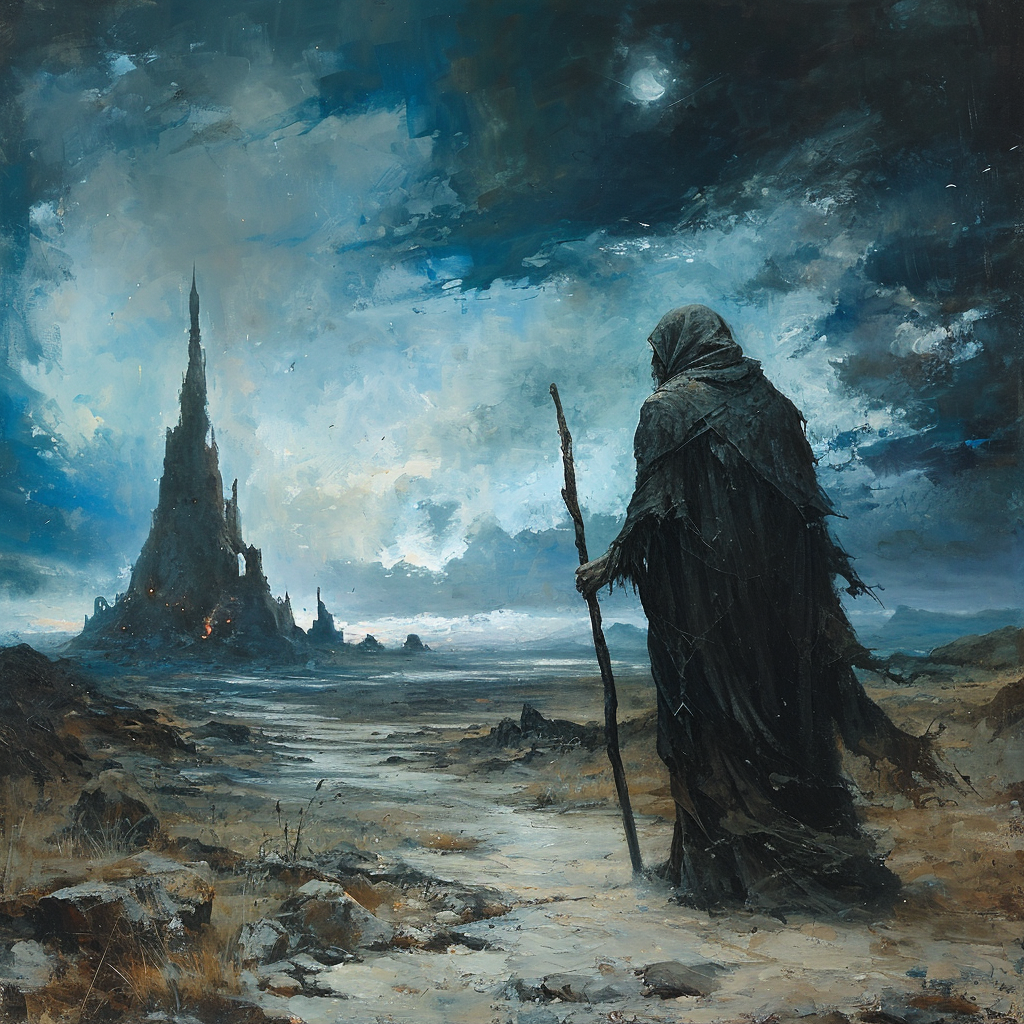
Sostratus of Dyme was a Greek philosopher, who lived in the 4th century BC. He is best known for his work on the philosophy of the soul. He is believed to have been a student of Plato and possibly a teacher of Aristotle.
Sostratus is credited with being the first philosopher to introduce...
hindu-mythology
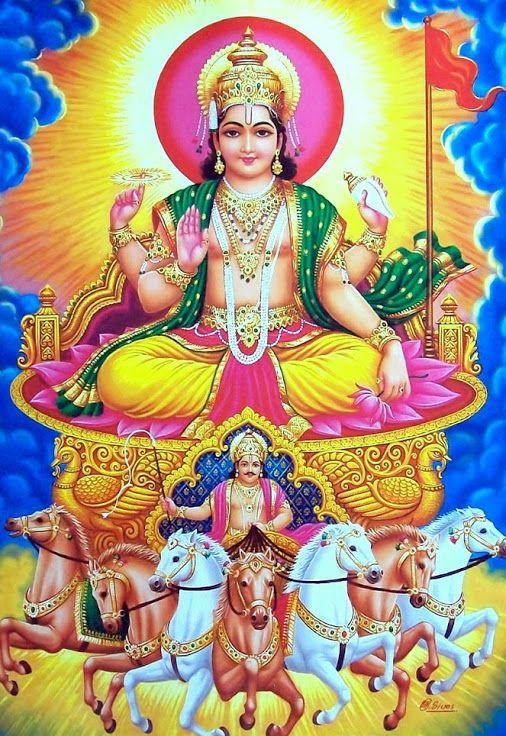
Surya (or Soorya) is a golden warrior arriving on a chariot pulled by seven white horses.
Etruscan-mythology
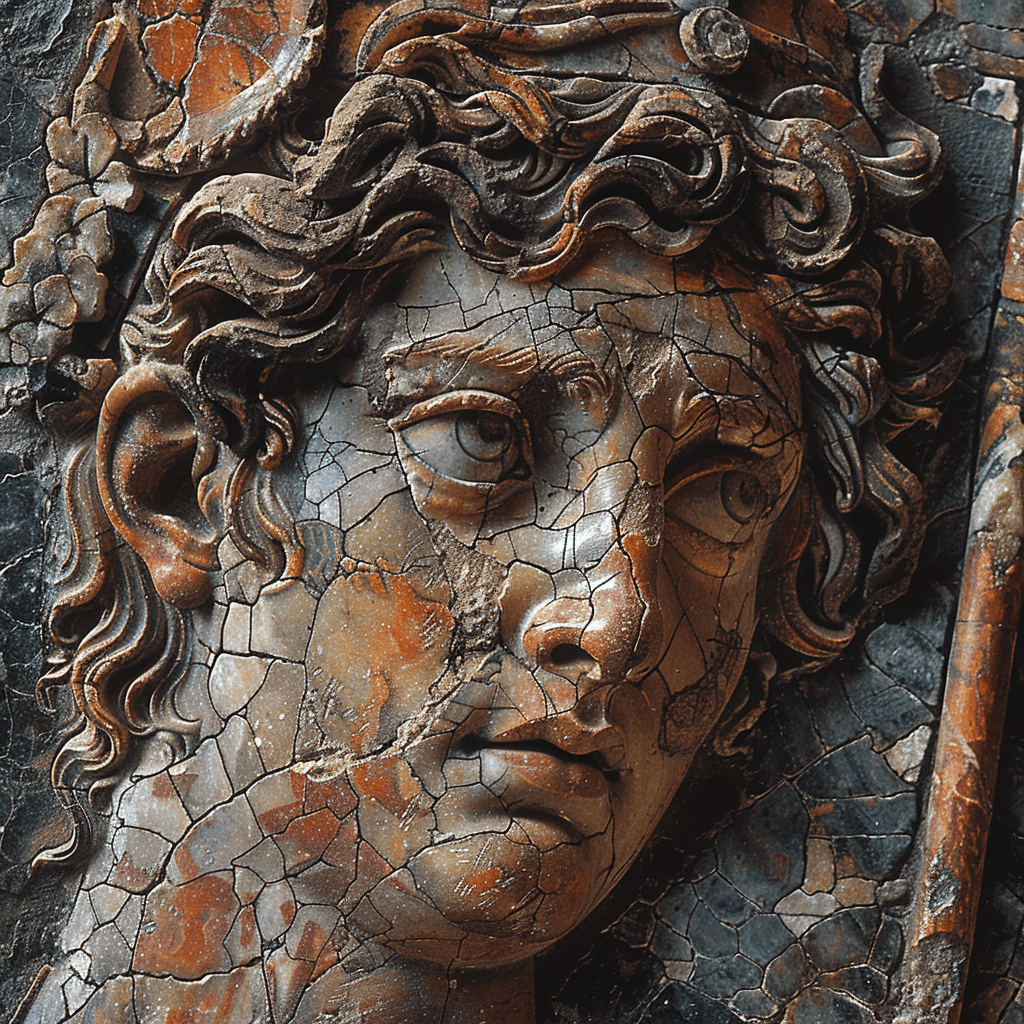
A divine child who emerged from a plowed field and taught the Etruscans the art of divination.
Celtic-mythology
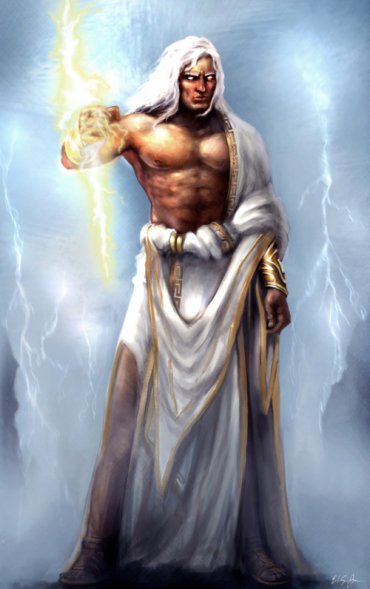
While widely known as one of the major gods of Gaul during Roman times, the origins of Taranis probably harked back to far older (and ancient) Celtic traditions. As we mentioned before, according to Lucan, Taranis formed a triad of Celtic gods (along with Toutatis and Esus), and as such, he was rega...
Hittite-Mythology
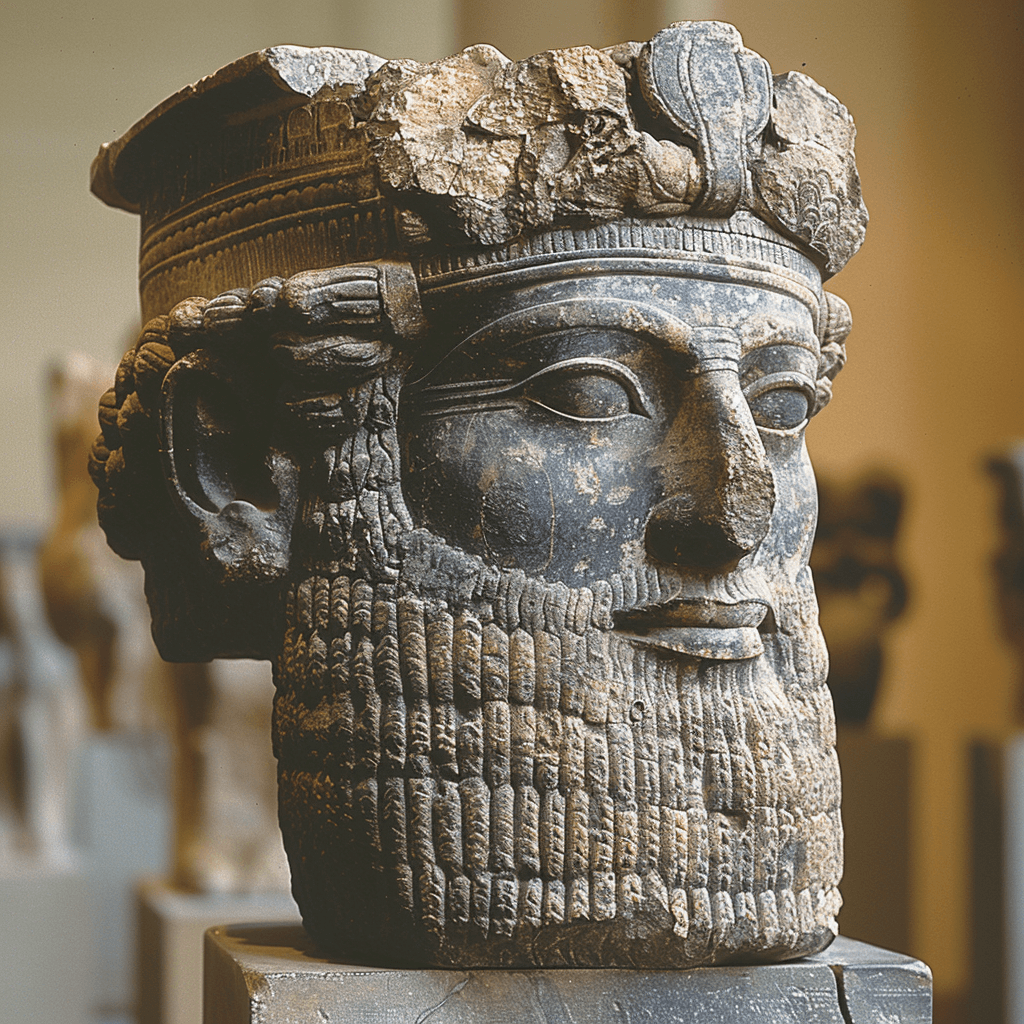
In Hittite mythology, Telepinu is the god of agriculture and fertility. He was once lost but found again, bringing about the revival of the land.
Hittite-Mythology
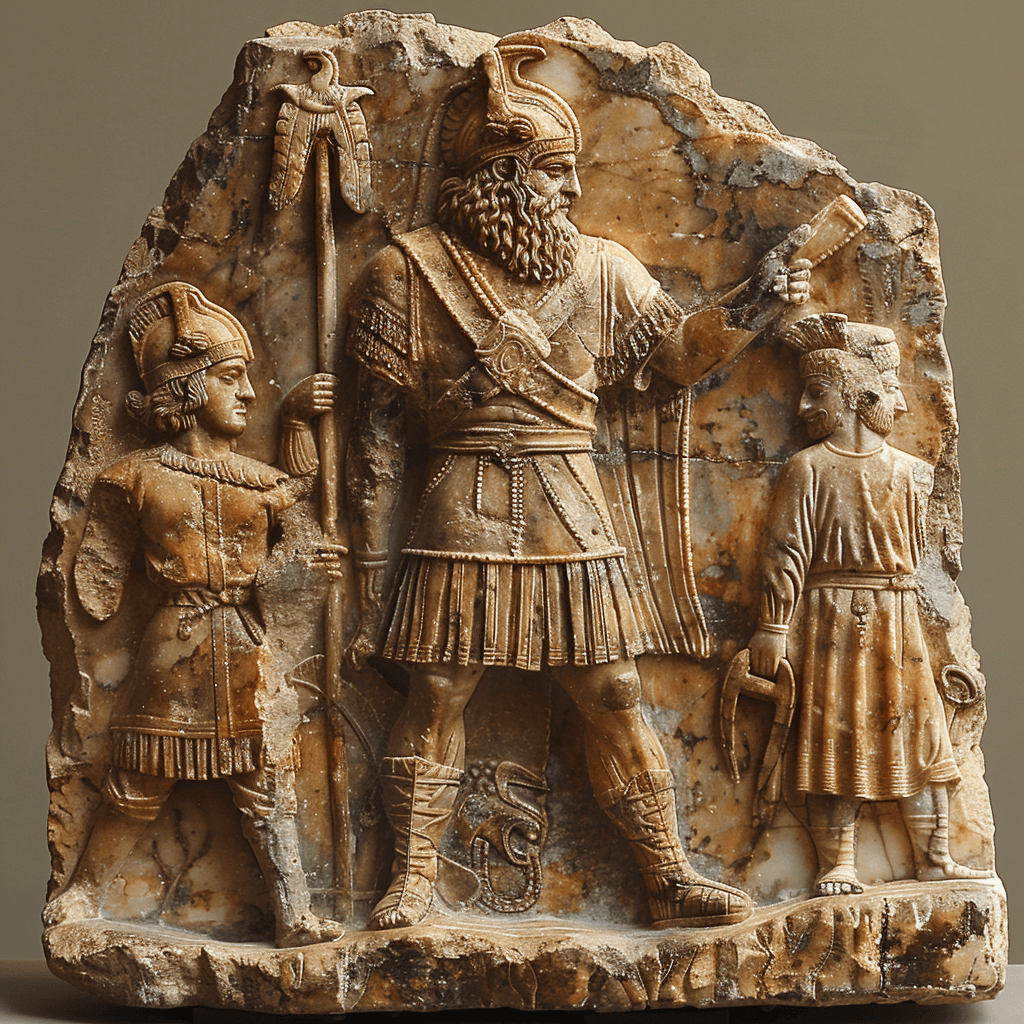
Teshub is the Hittite storm god, associated with thunder and rain. He is depicted as a mighty warrior wielding a thunderbolt.
Greek-mythology
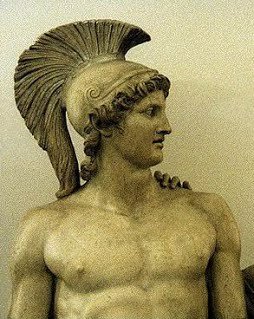
Theseus was the mythical king and founder-hero of Athens. Like Perseus, Cadmus, or Heracles, Theseus battled and overcame foes that were identified with an archaic religious and social order. His role in history has been called "a major cultural transition, like the making of the new Olympia by Herc...
Norse-mythology

He it was who men and their labors from the wild forces of nature, personified as Giants. Thus he held sway in certain Northern regions over air and climate, over rain and harvest. 2 As the god of fertility, however, he had to divide his rule with the gods of the Vanir; but thunder and lightning al...
mesopotamian-mythology
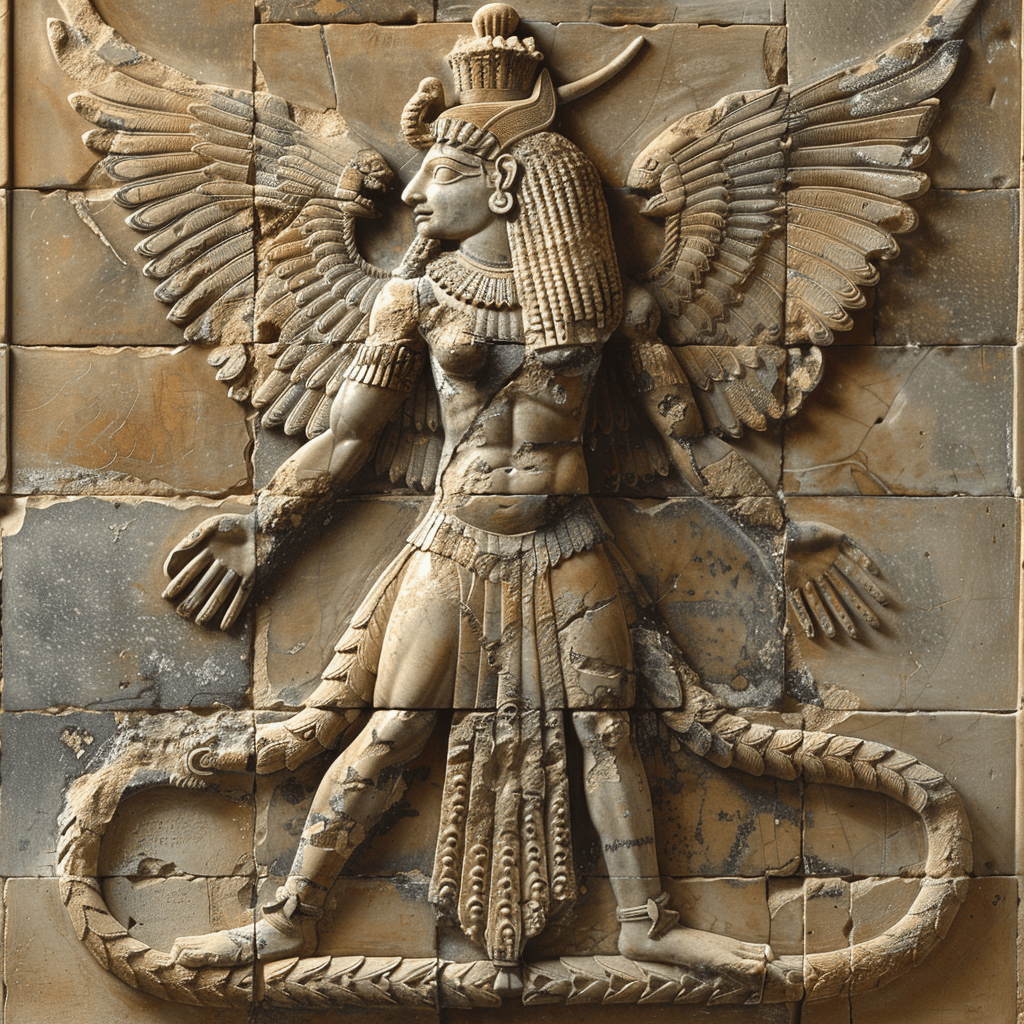
Primordial goddess of the salt sea, symbolizing chaos and creation. Fought against Marduk in the Enuma Elish, the Babylonian creation myth.
Celtic-mythology
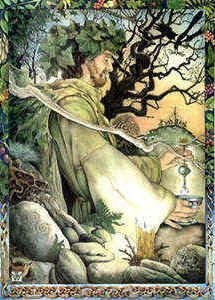
From the Gaelic scope, we move on to ancient Gaul and their Celtic gods. To that end, in our modern context, Toutatis is made famous by the Asterix comics catchphrase, By Toutatis!. And while not much is known about the mythological scope, Toutatis (or Teutates) was probably quite an important Celti...
Greek-mythology
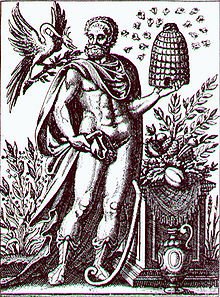
Trophonius was a figure in Greek mythology associated with the Oracle of Delphi. He was the son of the god Apollo and a mortal woman, and was believed to have been the founder of two shrines at the site of Delphi. Legend states that Trophonius was a skilled architect, and he was responsible for the...
Etruscan-mythology
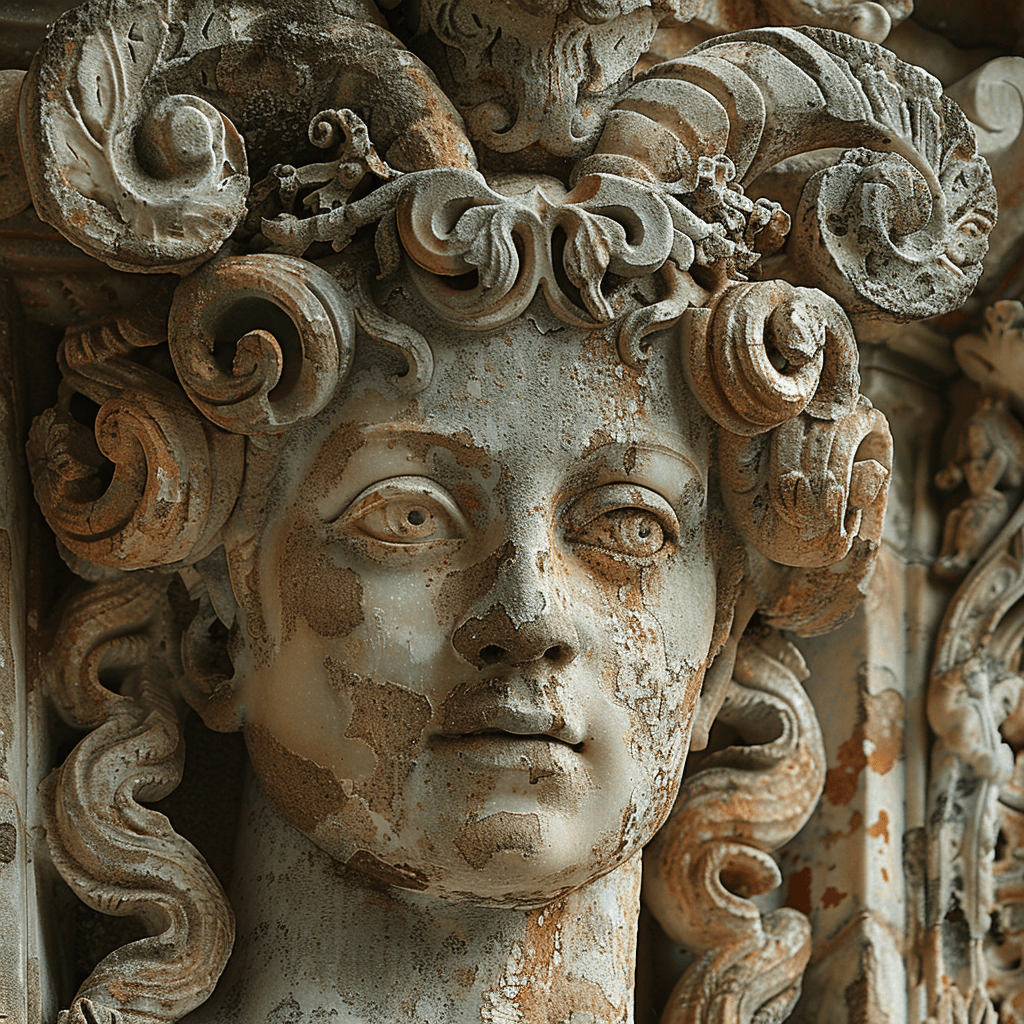
The messenger of the gods, depicted with wings on his heels and holding a caduceus.
Greek-Mythology

Tyr, Odin's son with the daughter 2 of the Giant Hymir, is bold and courageous; men call upon him in battle, and he gives them courage and heroism. Therefore Tyr is the true god of war; he takes pleasure in bringing about strife, and he does nothing whatever for the promotion of concord. Captains a...
mesopotamian-mythology
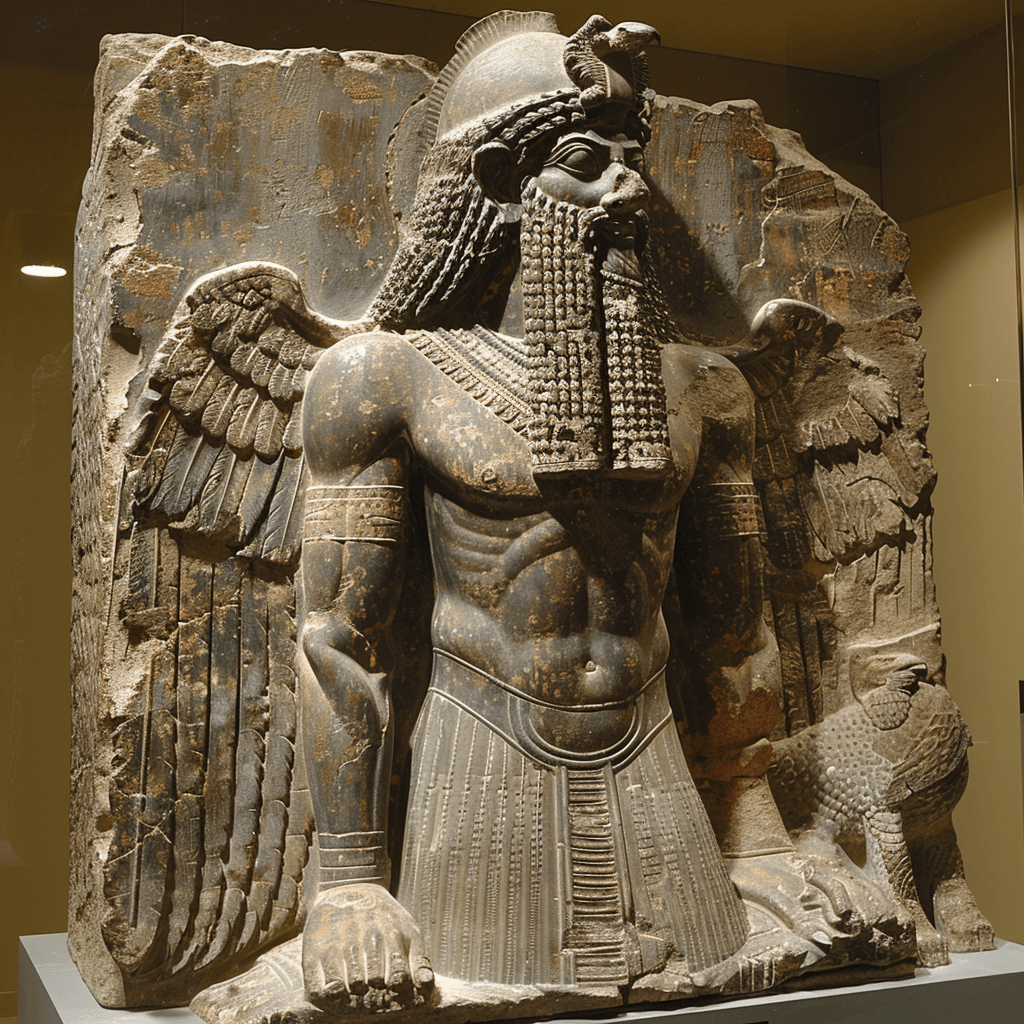
God of the sun, justice, morality, and truth. Associated with law, order, and divine justice in Mesopotamian religion.
Slavic-mythology
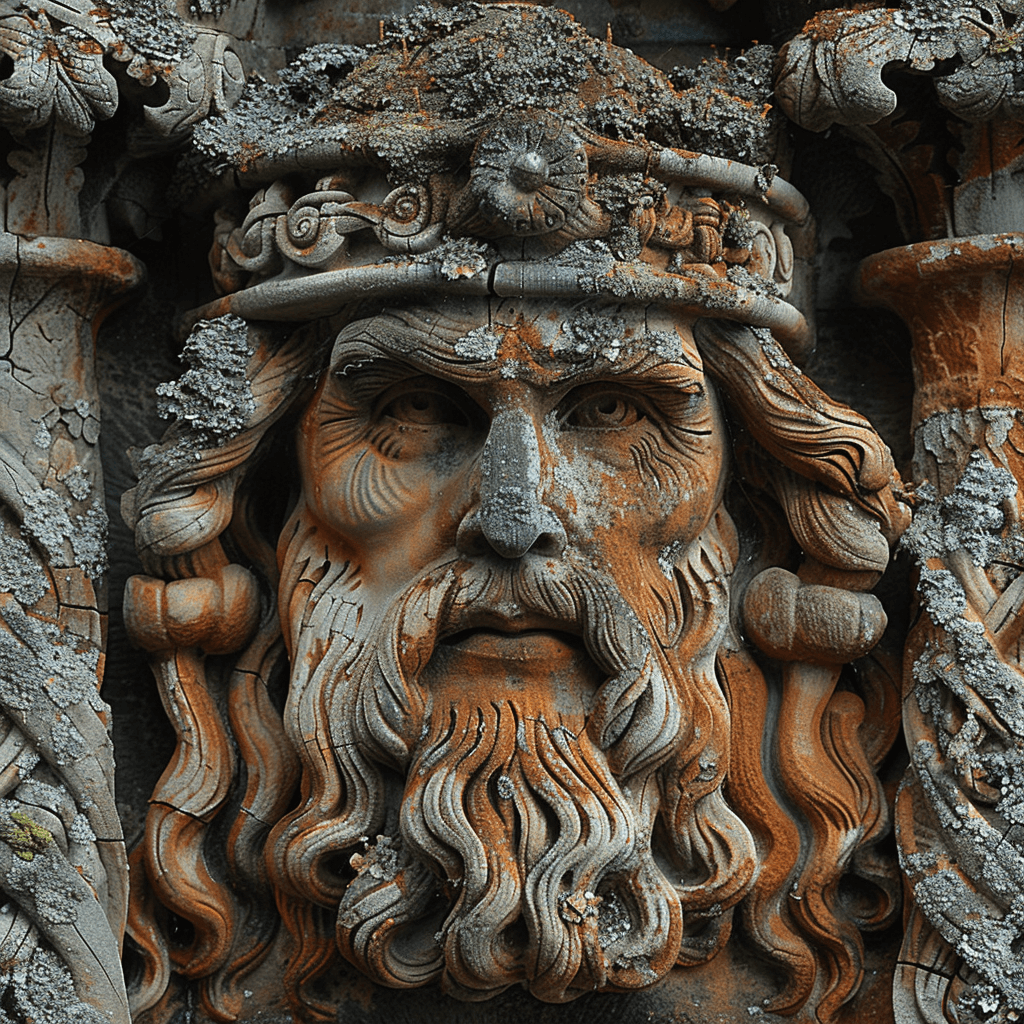
A Slavic god associated with earth, waters, and the underworld, often depicted as a serpent or dragon.
Roman-Mythology

Goddess of love, beauty, and fertility. Born from sea foam and associated with romantic love, desire, and beauty.
Etruscan-mythology
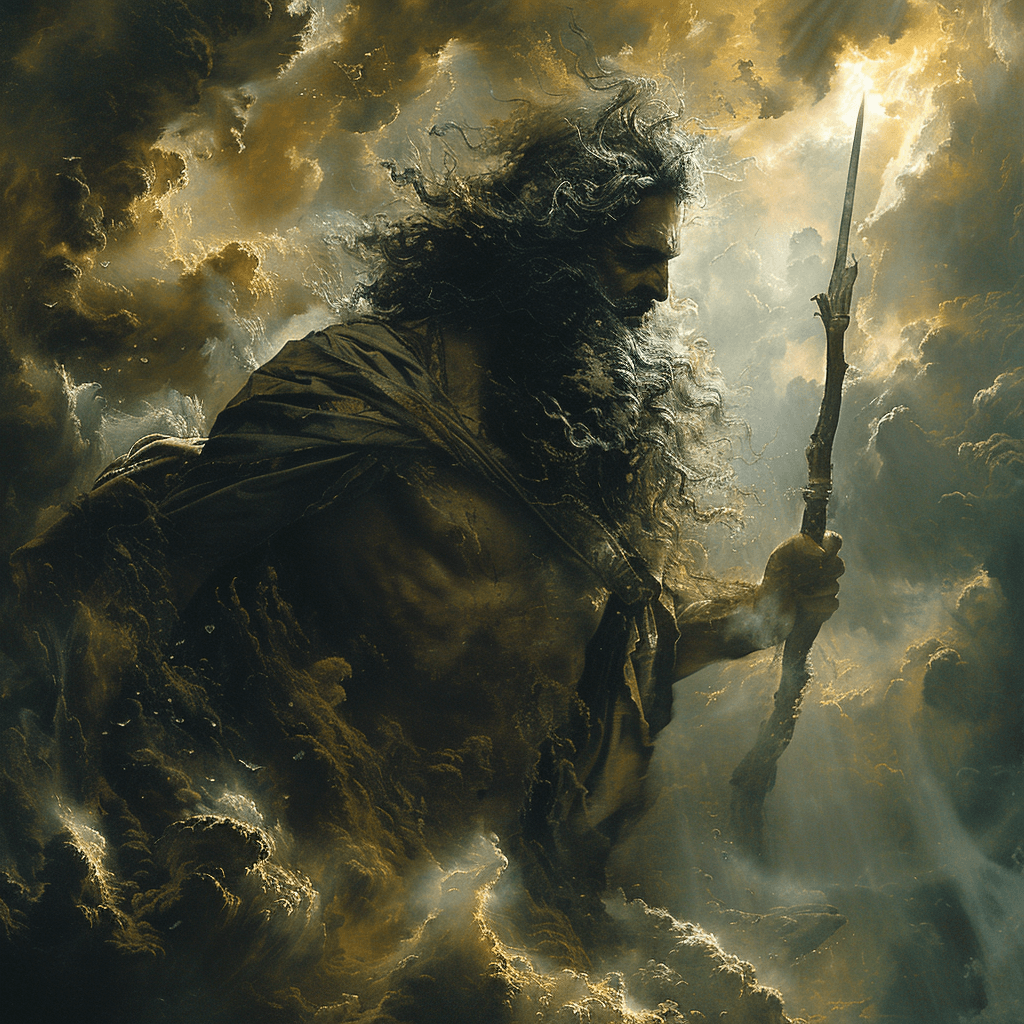
A malevolent deity associated with chaos and destruction, often depicted as a monstrous figure.
hindu-mythology
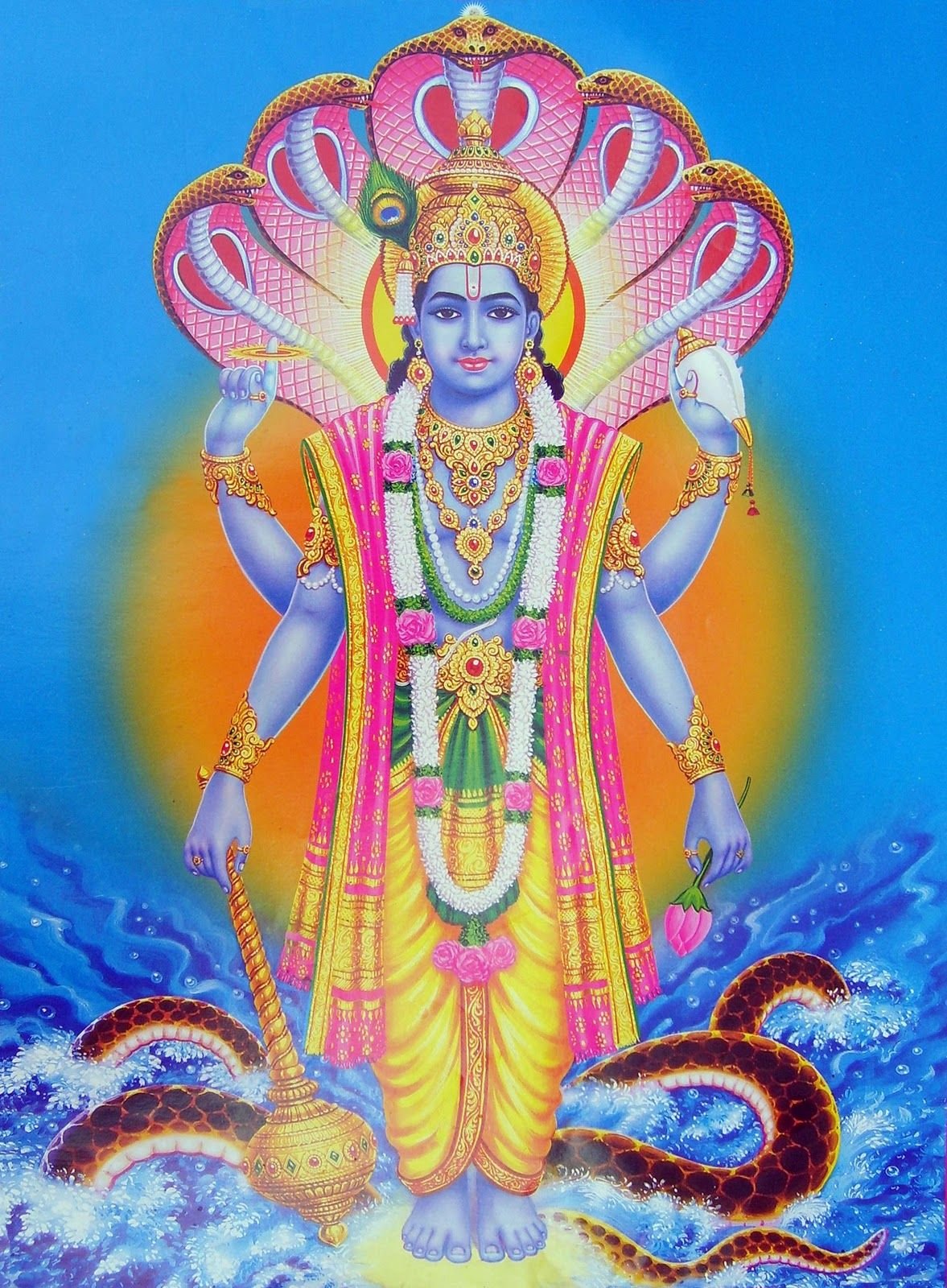
Vishnu is the second member of the Hindu Trinity. He maintains the order and harmony of the universe, which is periodically created by Brahma and periodically destroyed by Shiva to prepare for the next creation. Vishnu is worshipped in many forms and in several avatars (incarnations). Vishnu is an...
Hittite-Mythology

Wurusemu is the Hittite sun goddess, symbolizing light and warmth. She is often depicted as a radiant figure bringing life to the world.
chinese-mythology
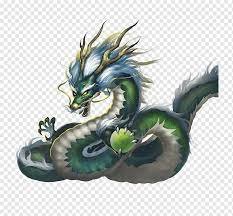
Dragon god of rain, known for its ability to control the weather
persian-mythology
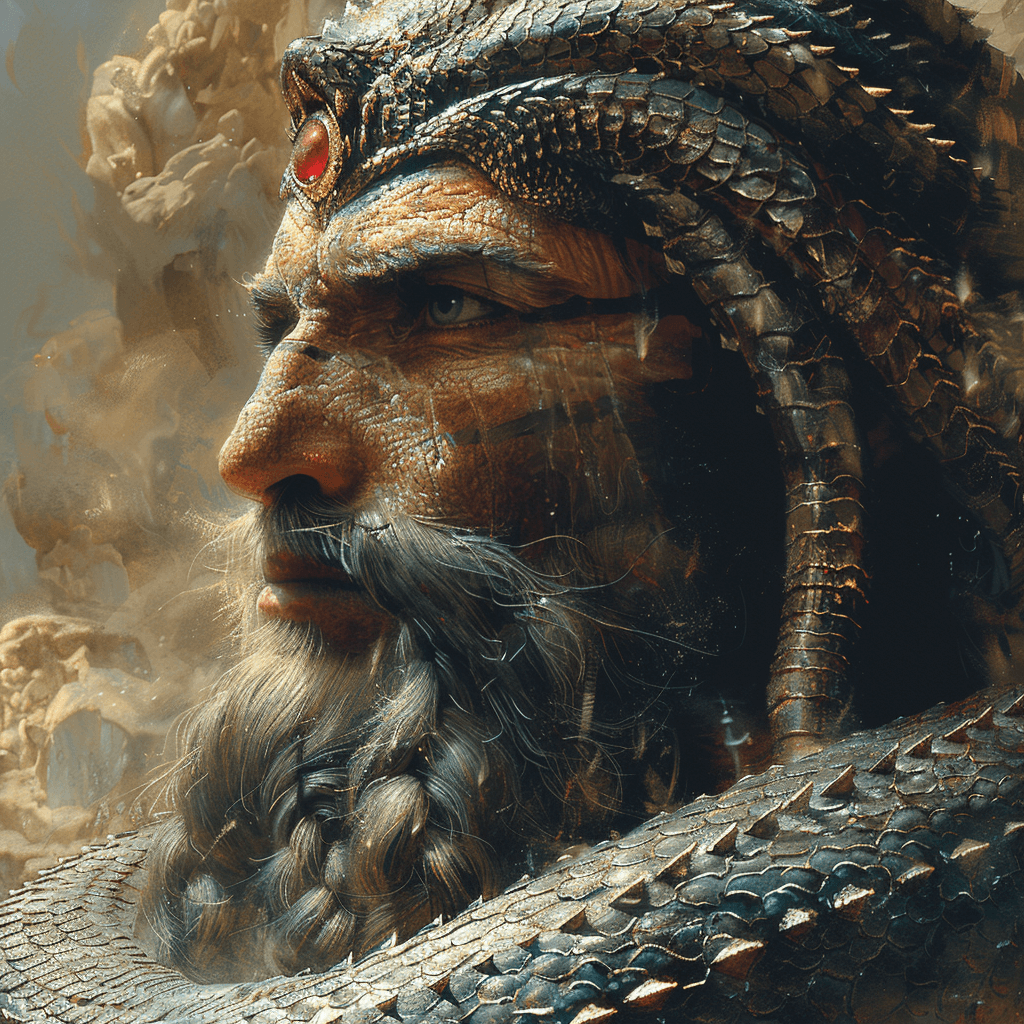
Tyrannical ruler in Persian mythology, with serpents growing from his shoulders. Defeated by the hero Fereydun.
Greek-mythology
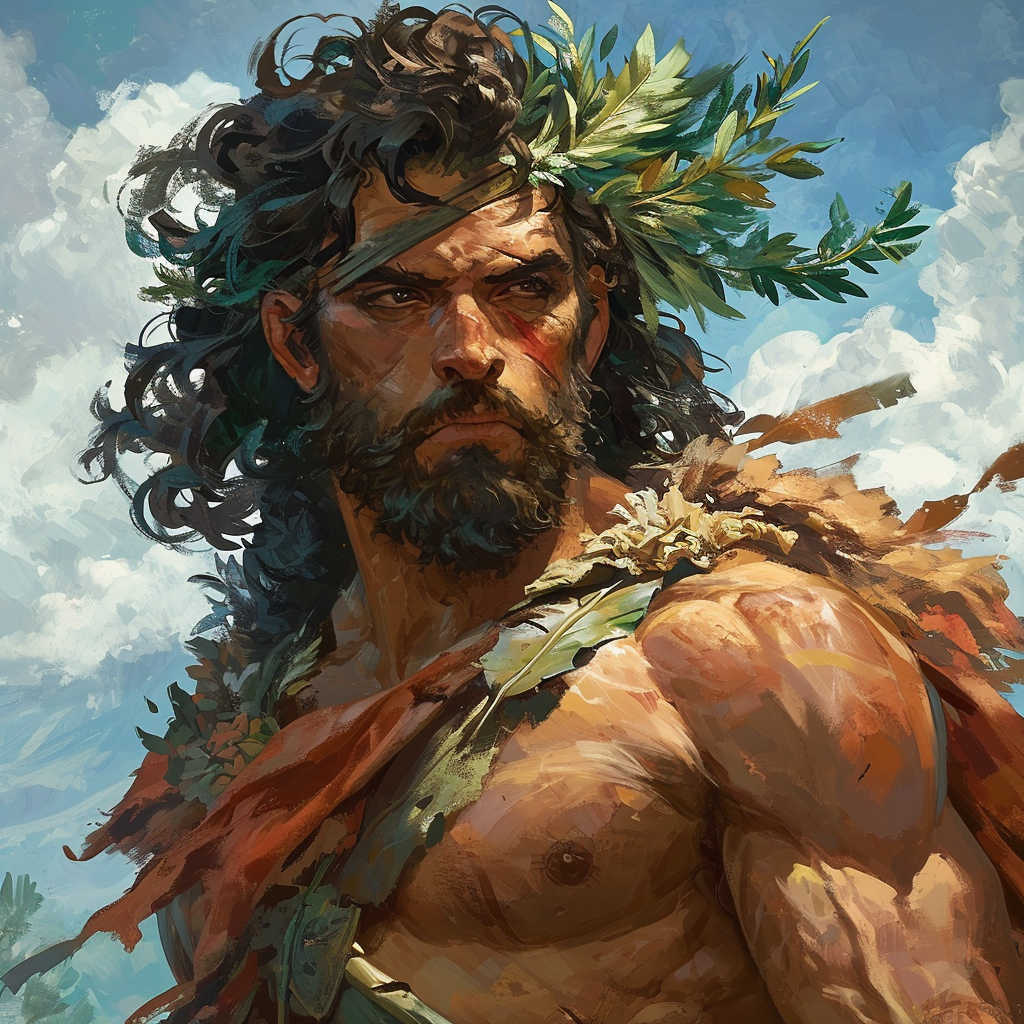
Zarex (Ancient Greek: ) is the name of a hero of Ancient Greek mythology, son of Carystus or Carycus, grandson of Chiron. He married Rhoeo and became the father of Anius. In some accounts, Zarex adopted his wife's son, Anius who been raised by his divine father Apollo.
chinese-mythology
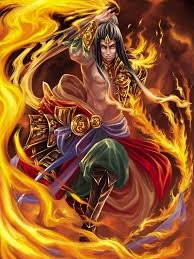
God of fire and volcanoes, often depicted holding a sword and a fire-spitting mace
Slavic-mythology
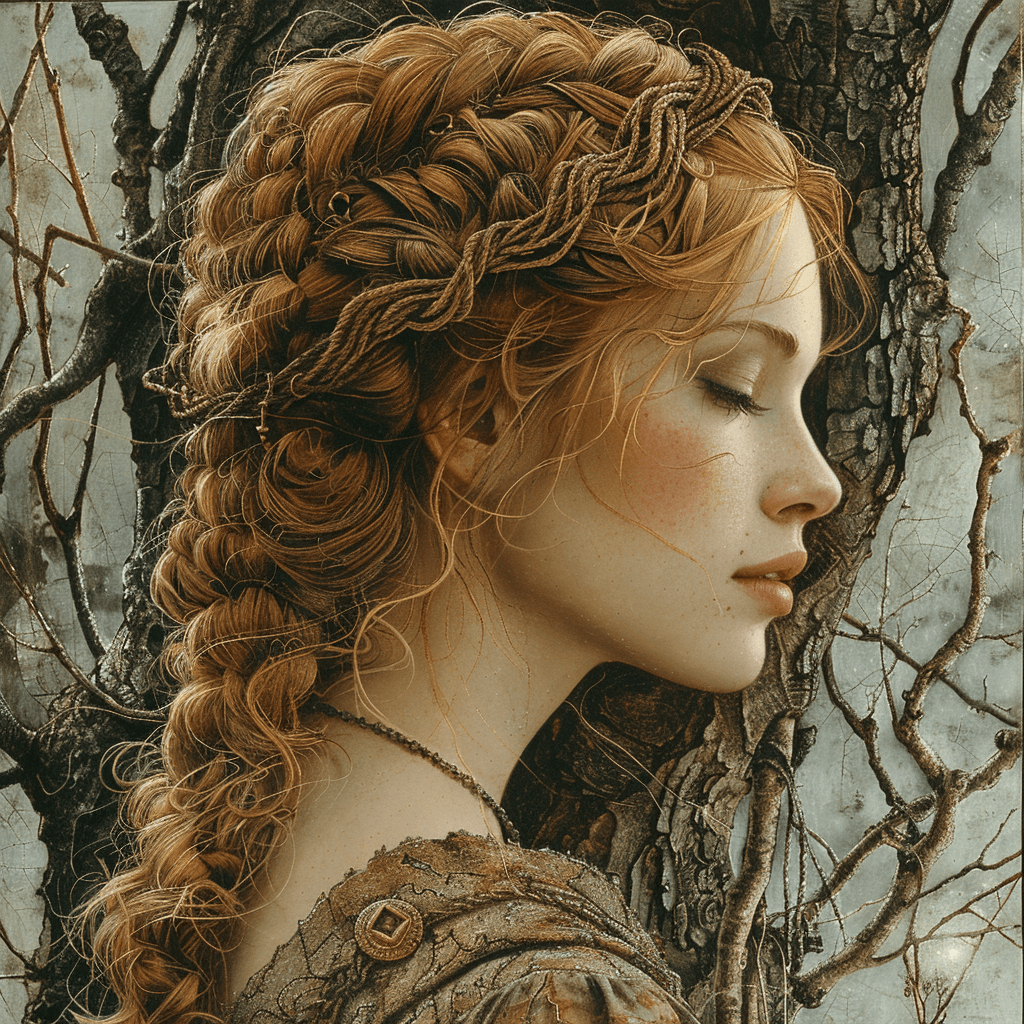
A group of Slavic goddesses representing the Morning Star and Evening Star, guarding the gates to the celestial realm.